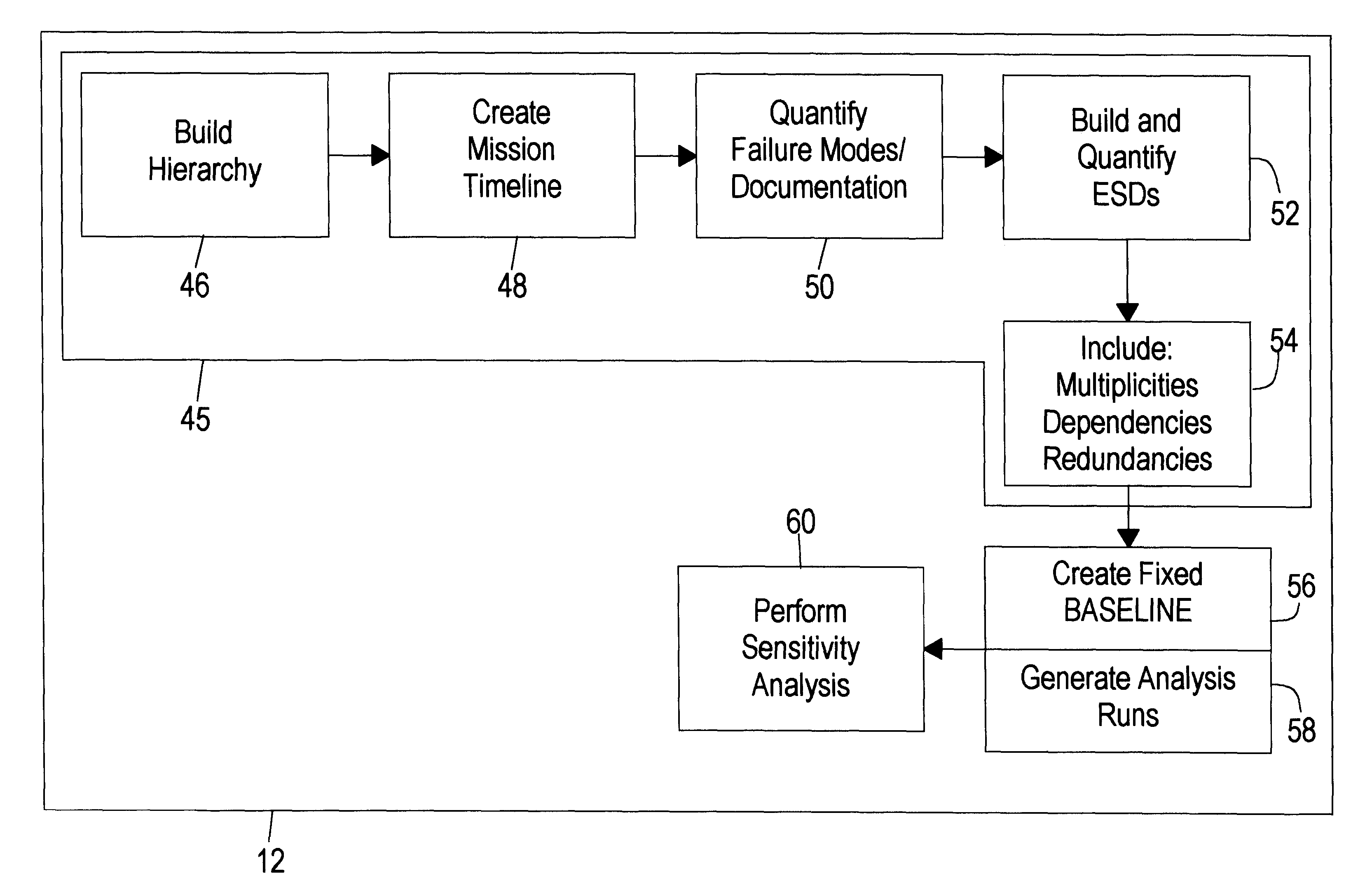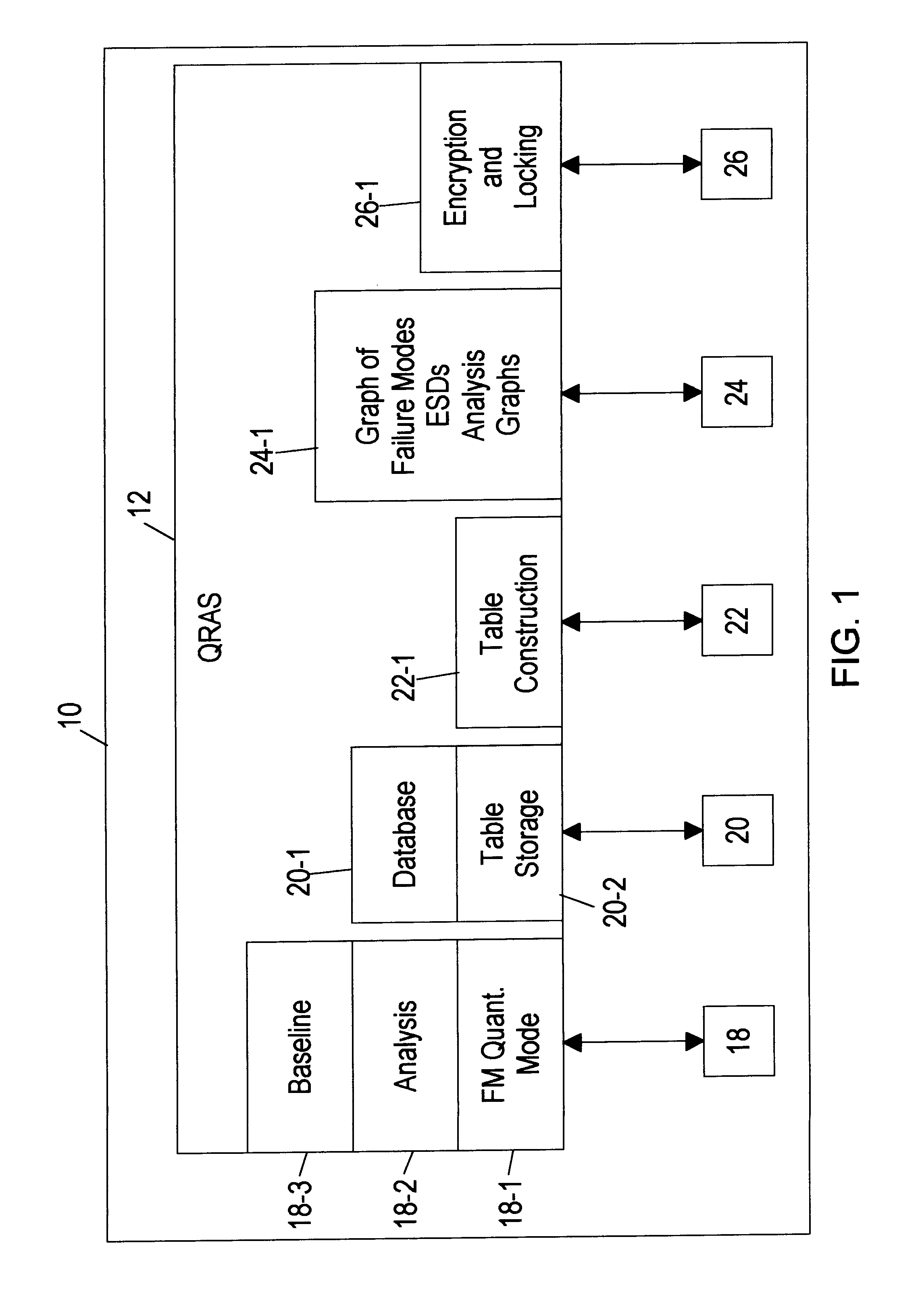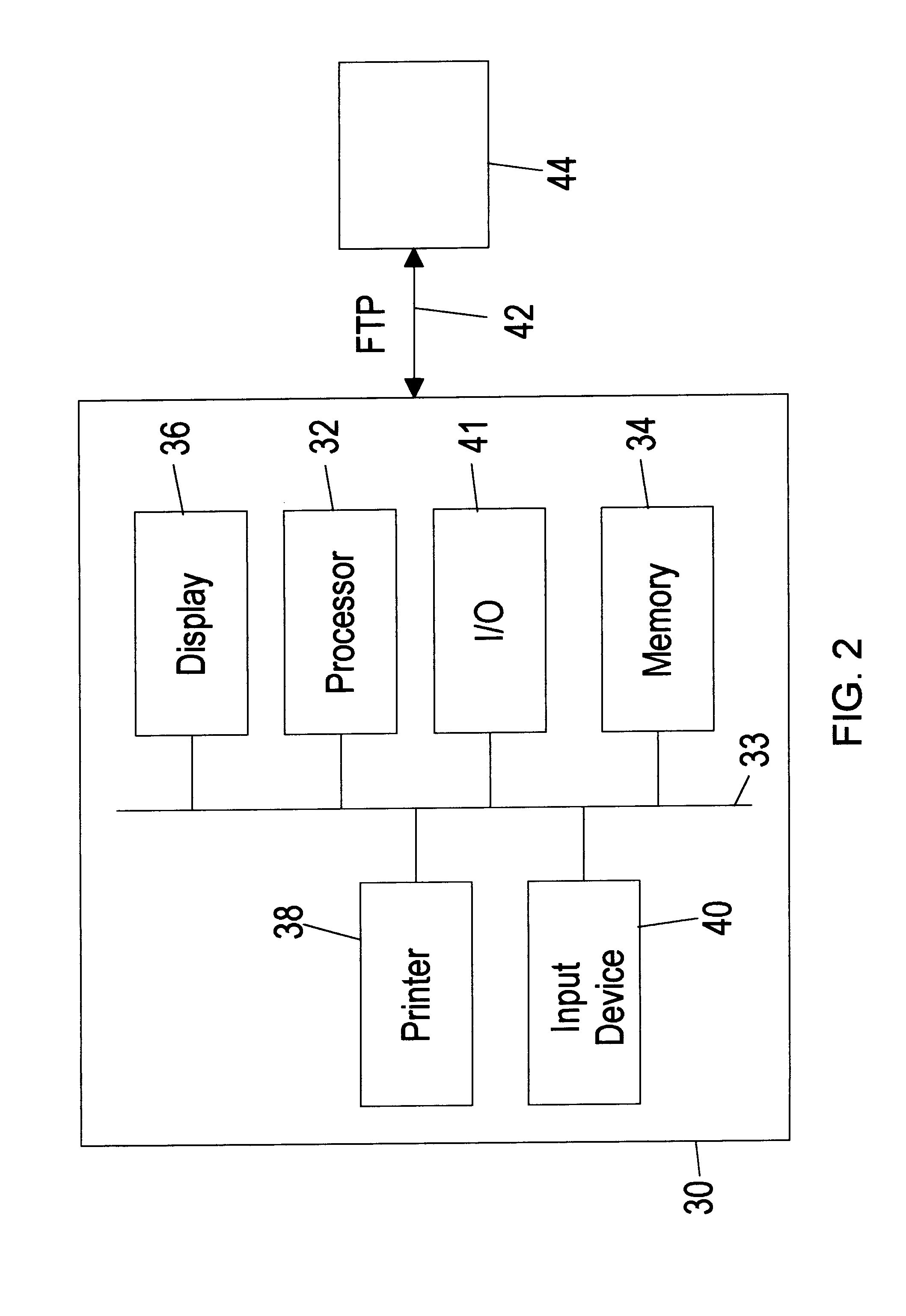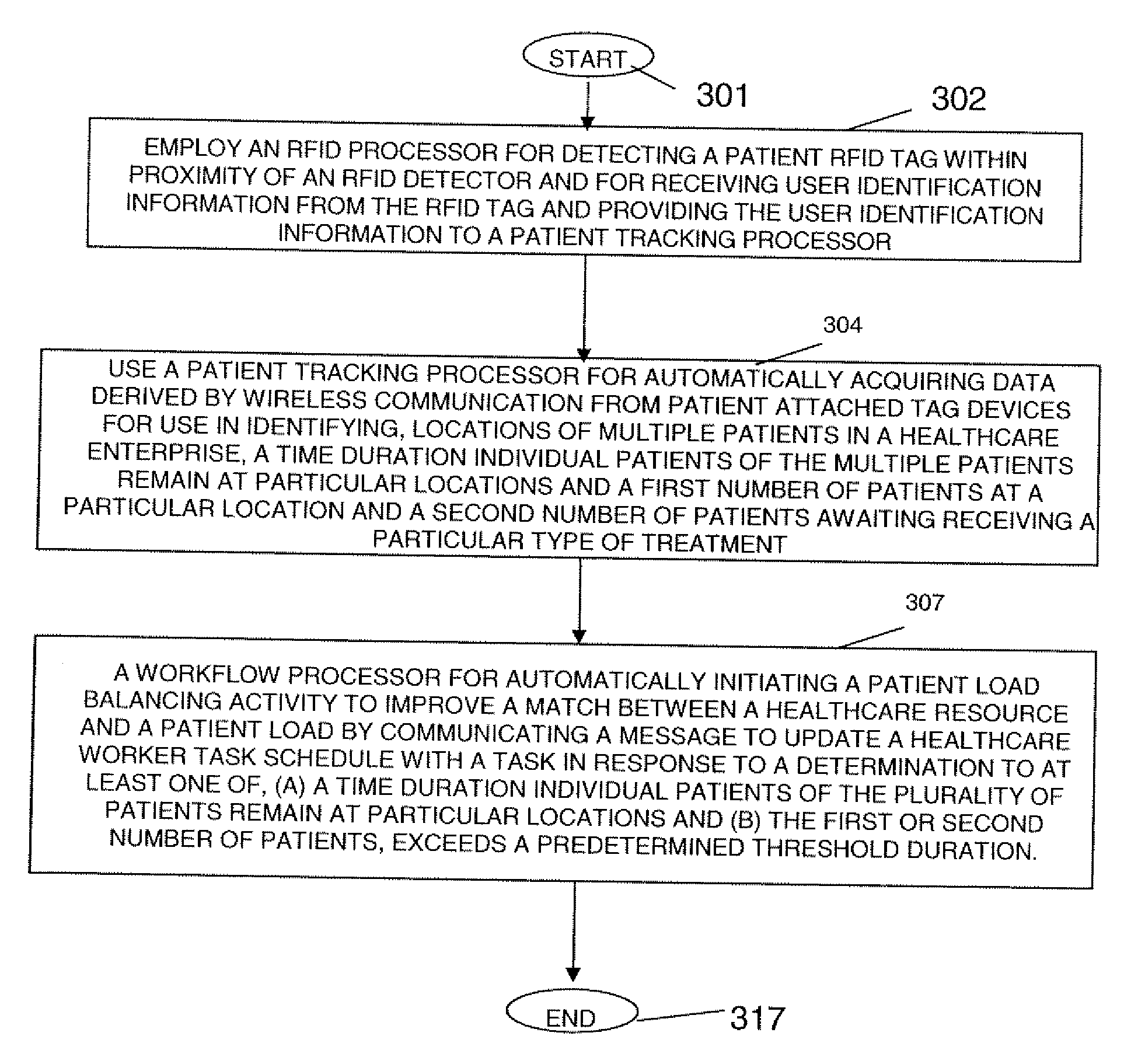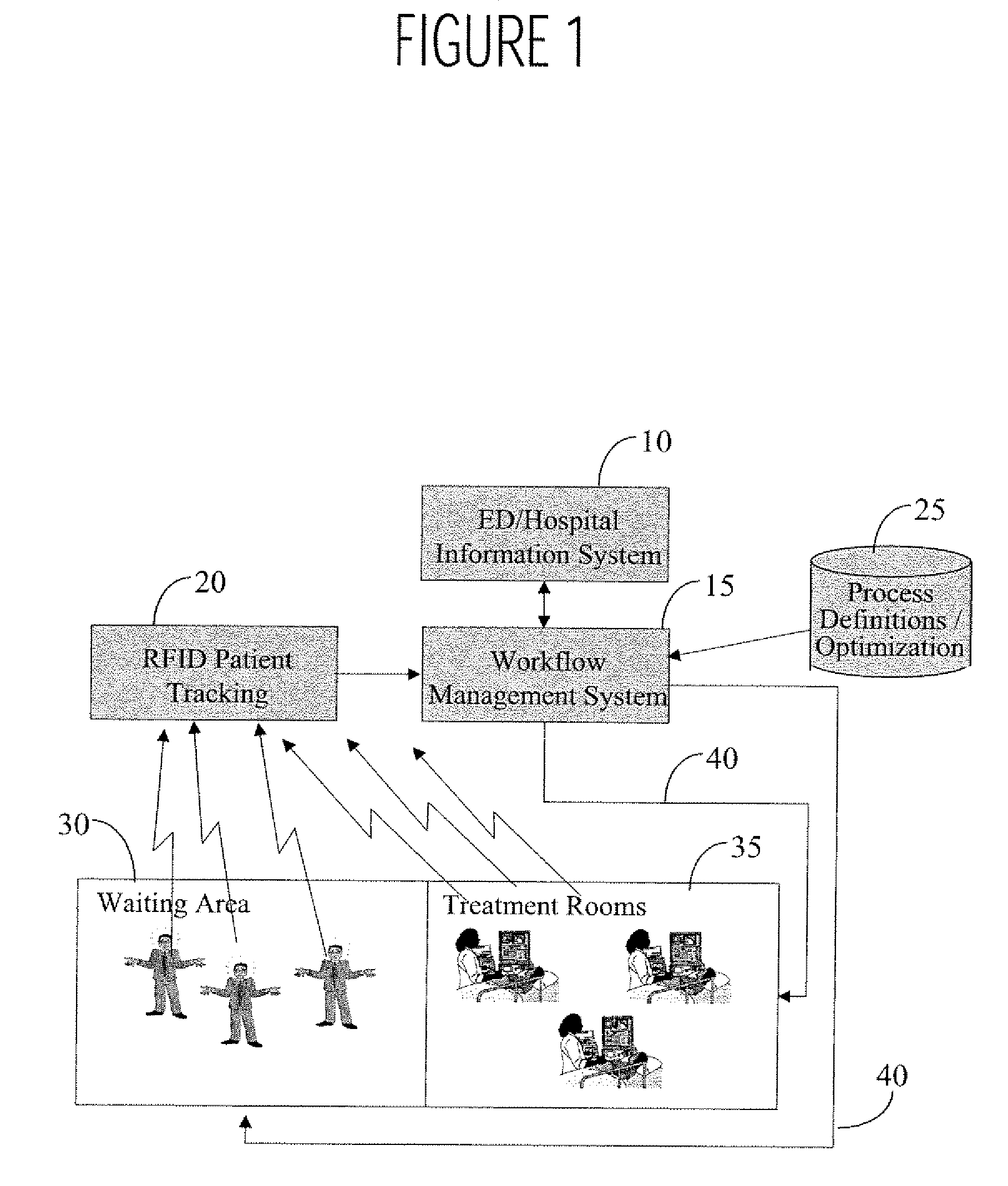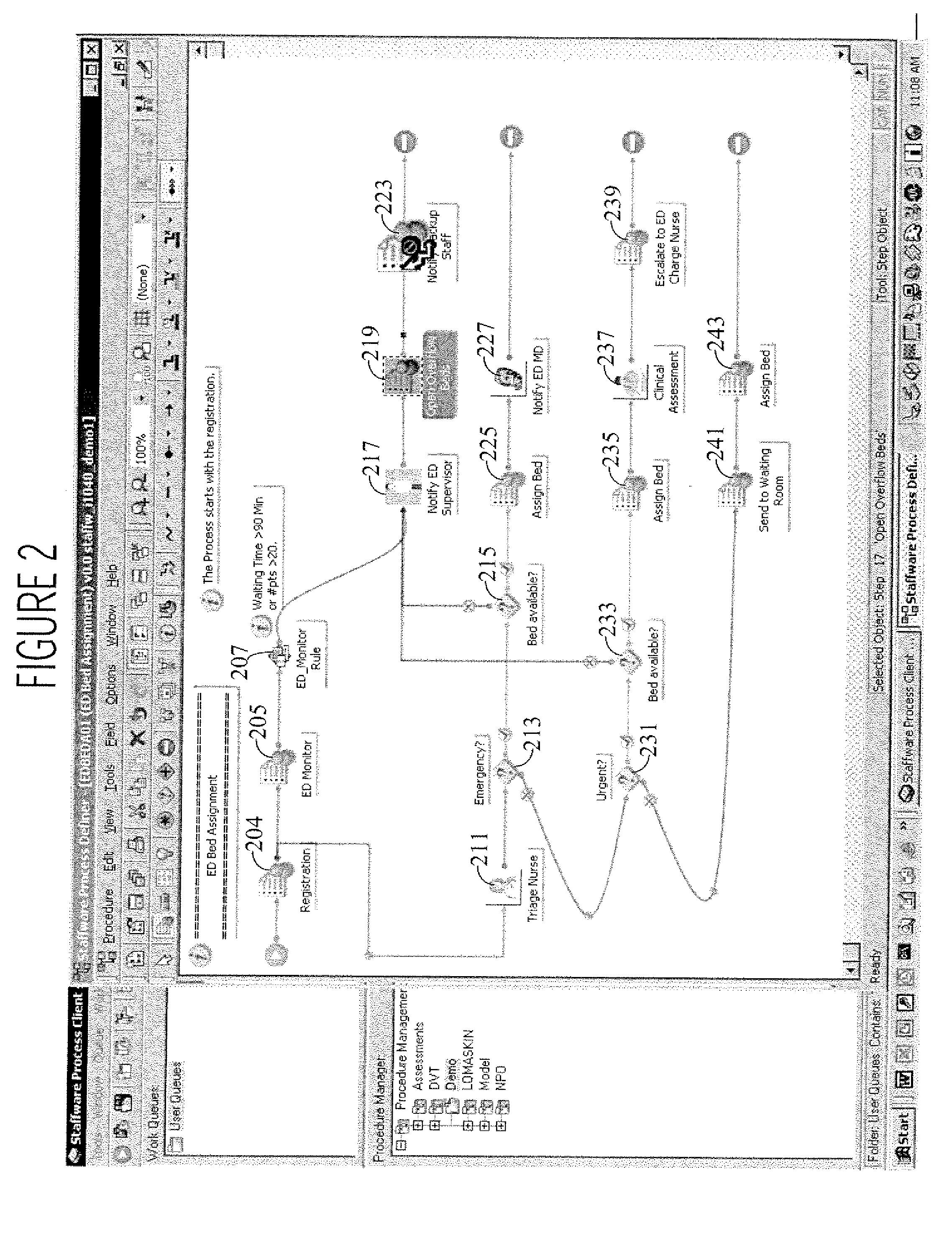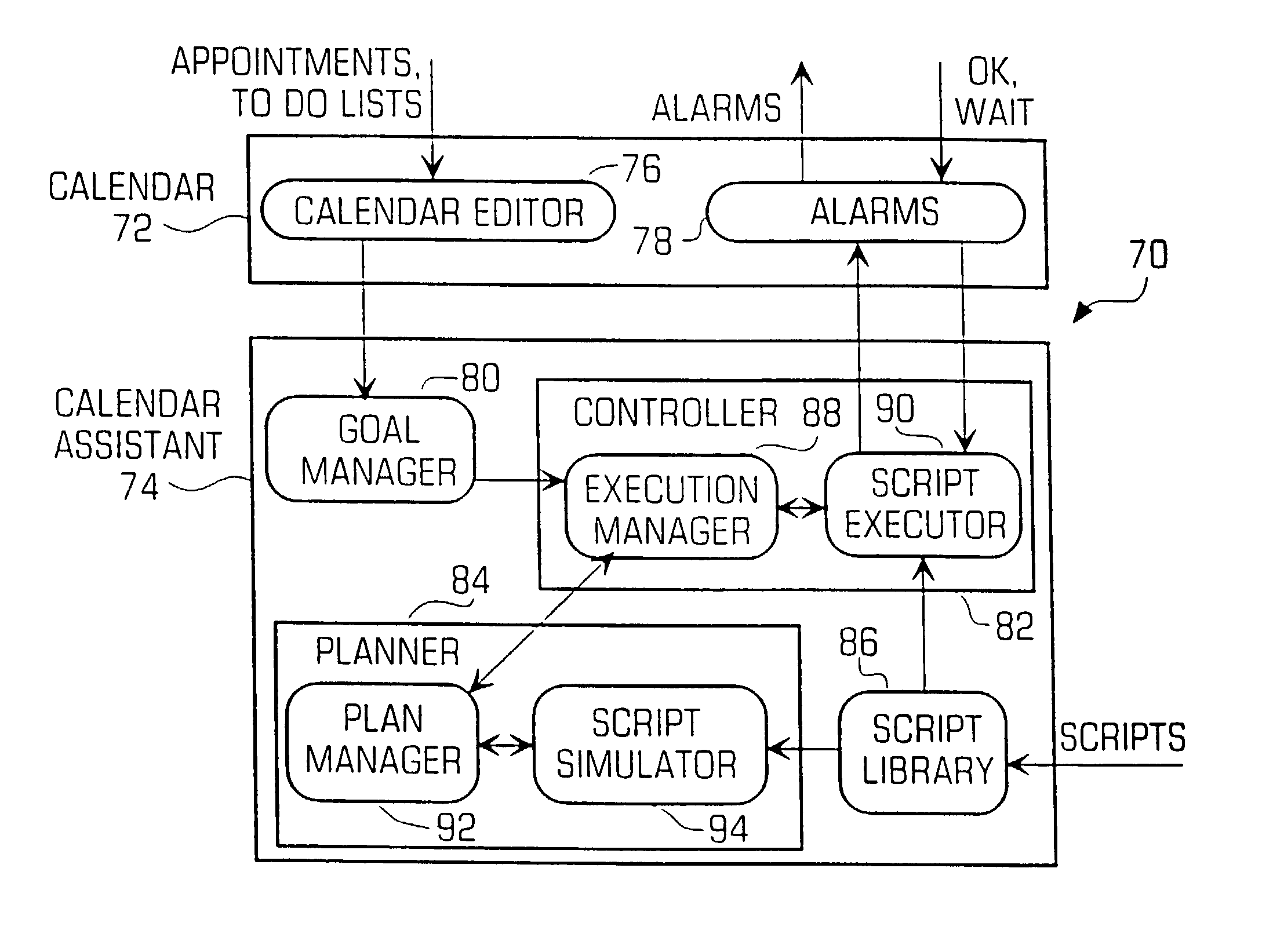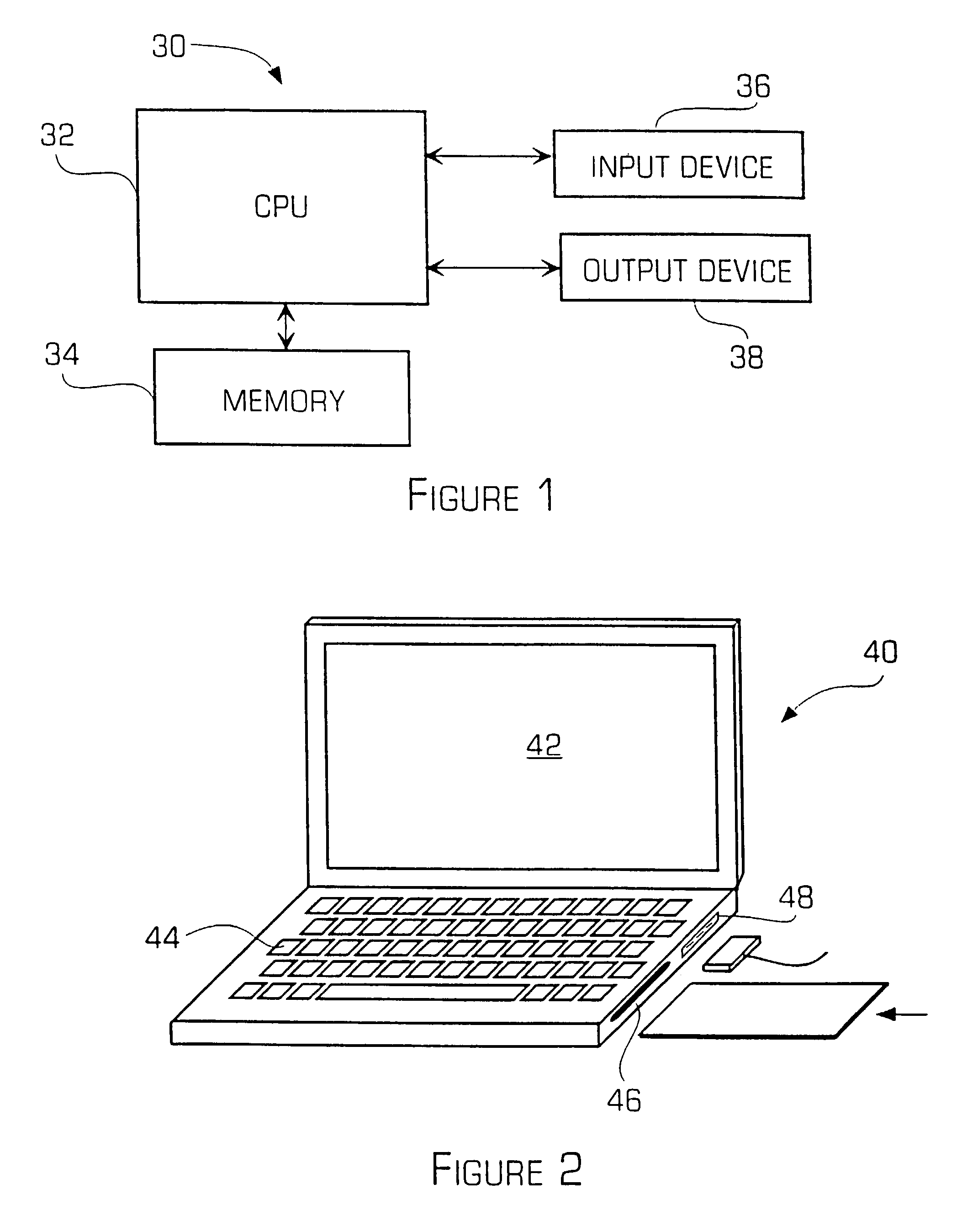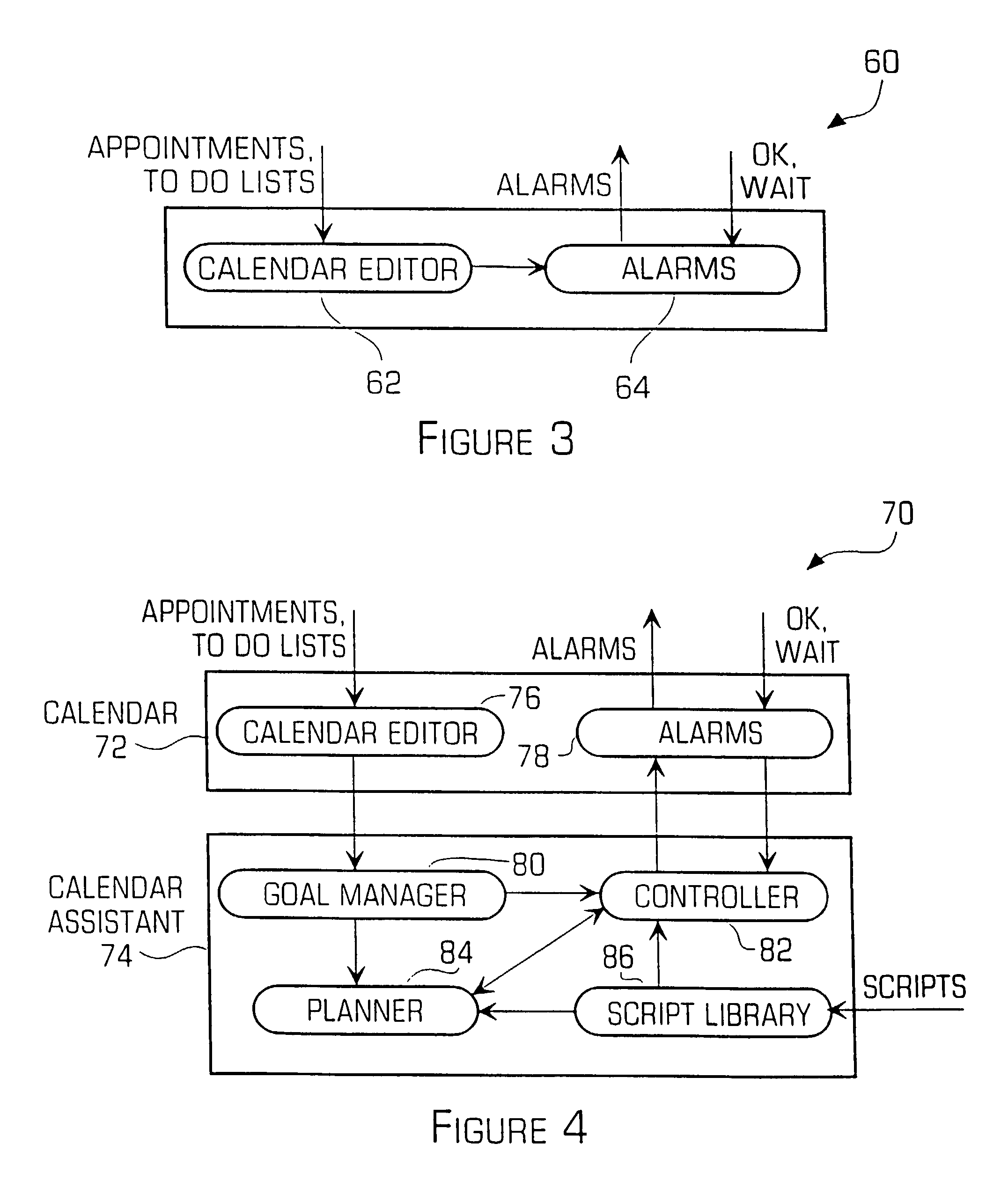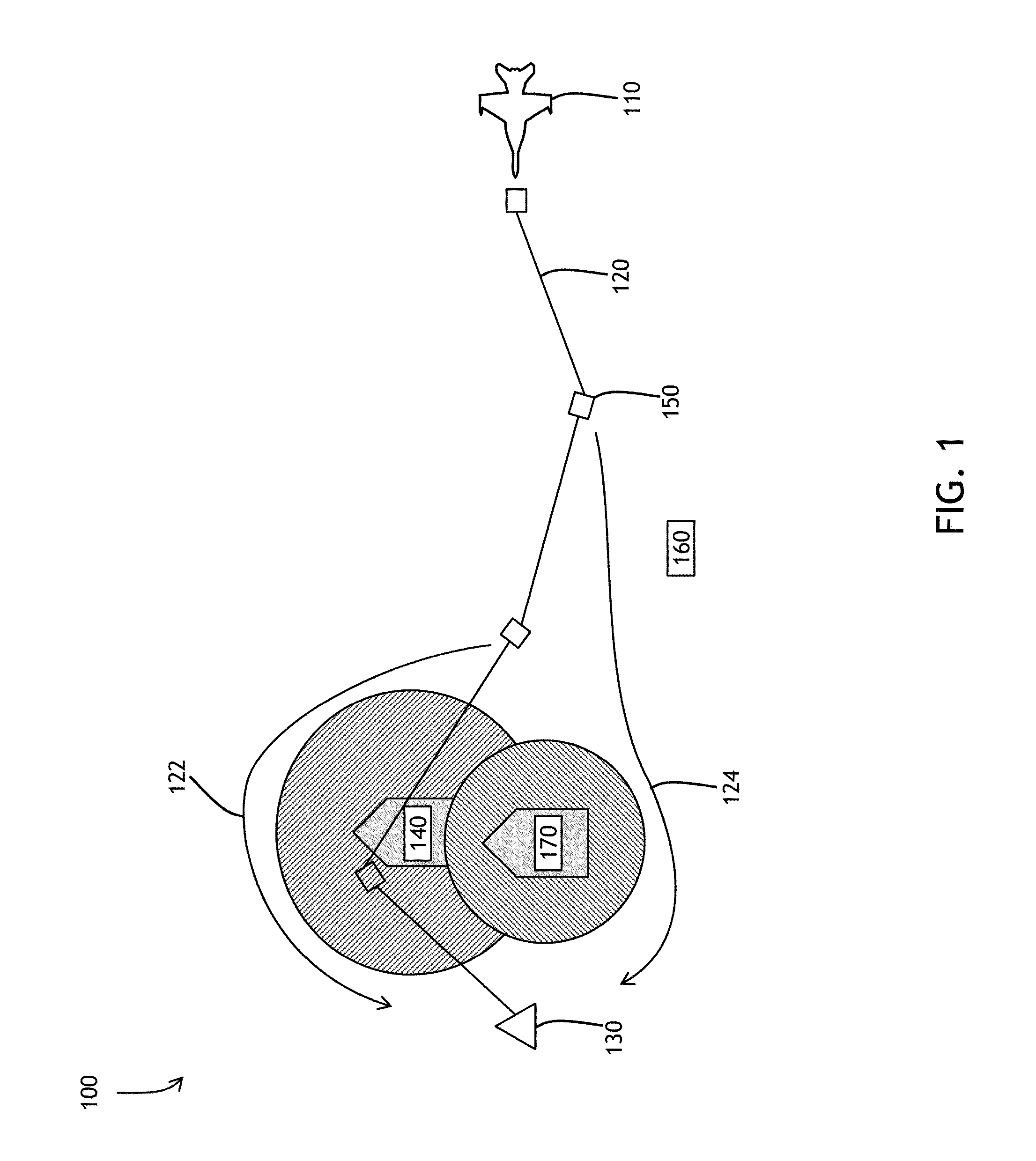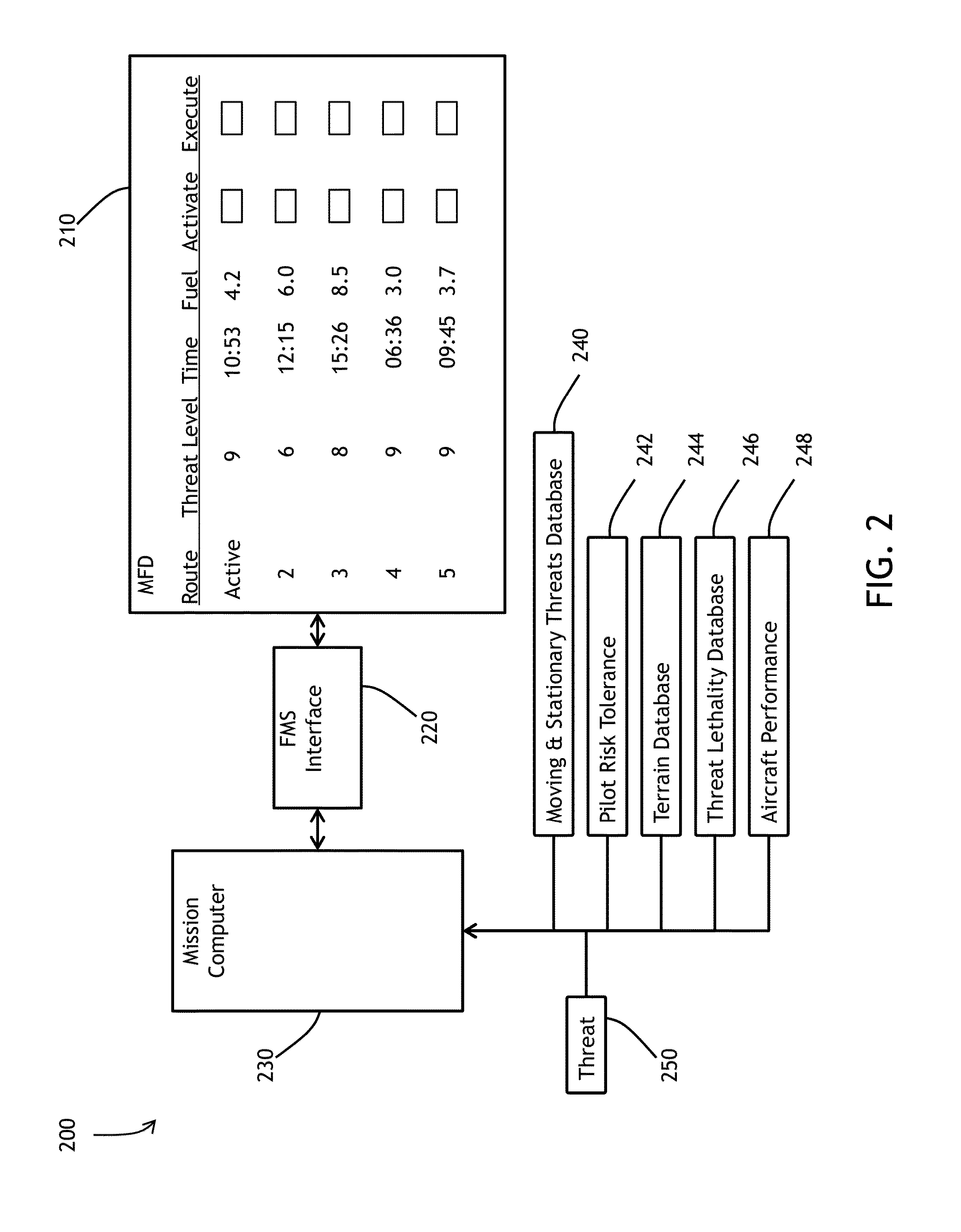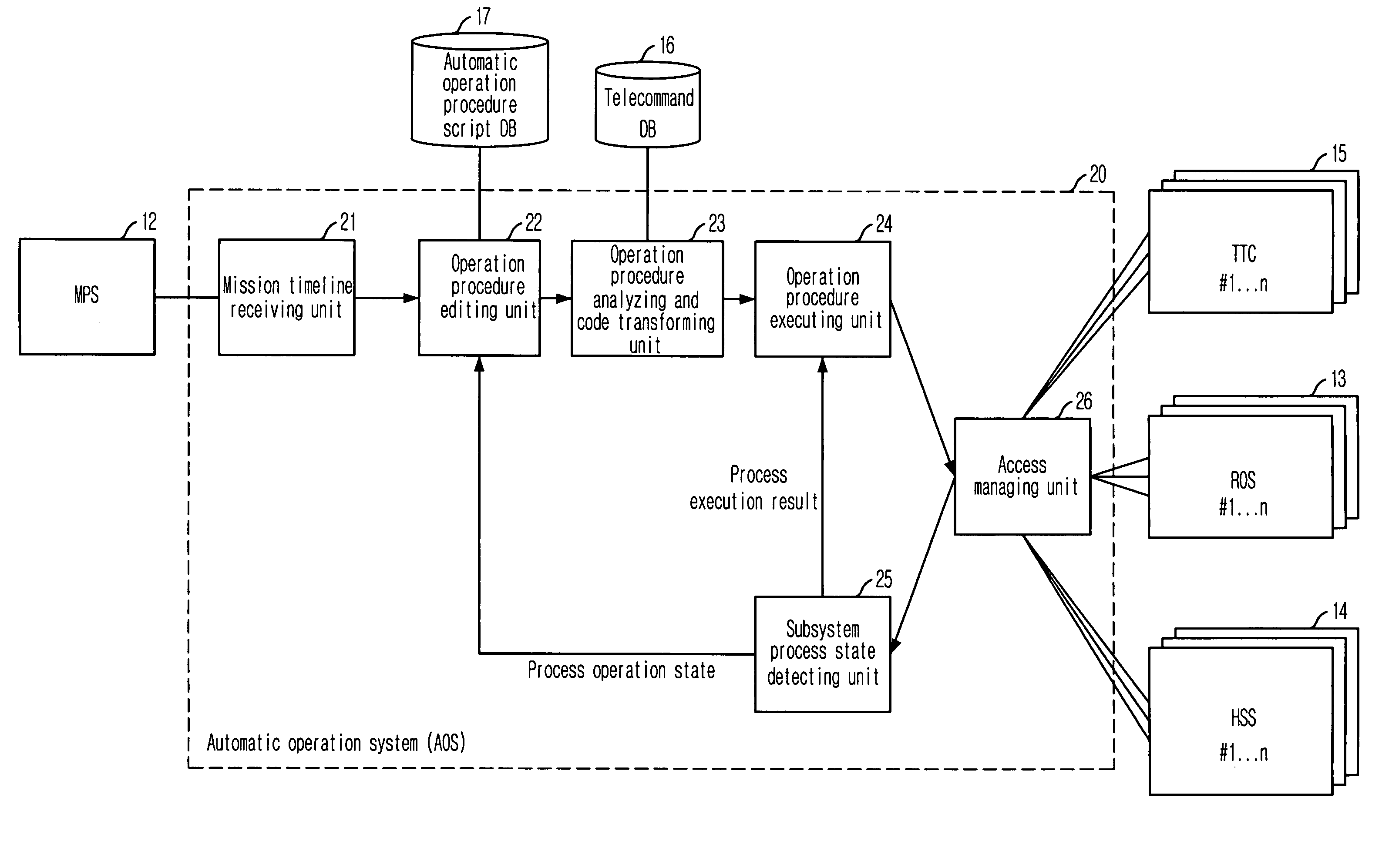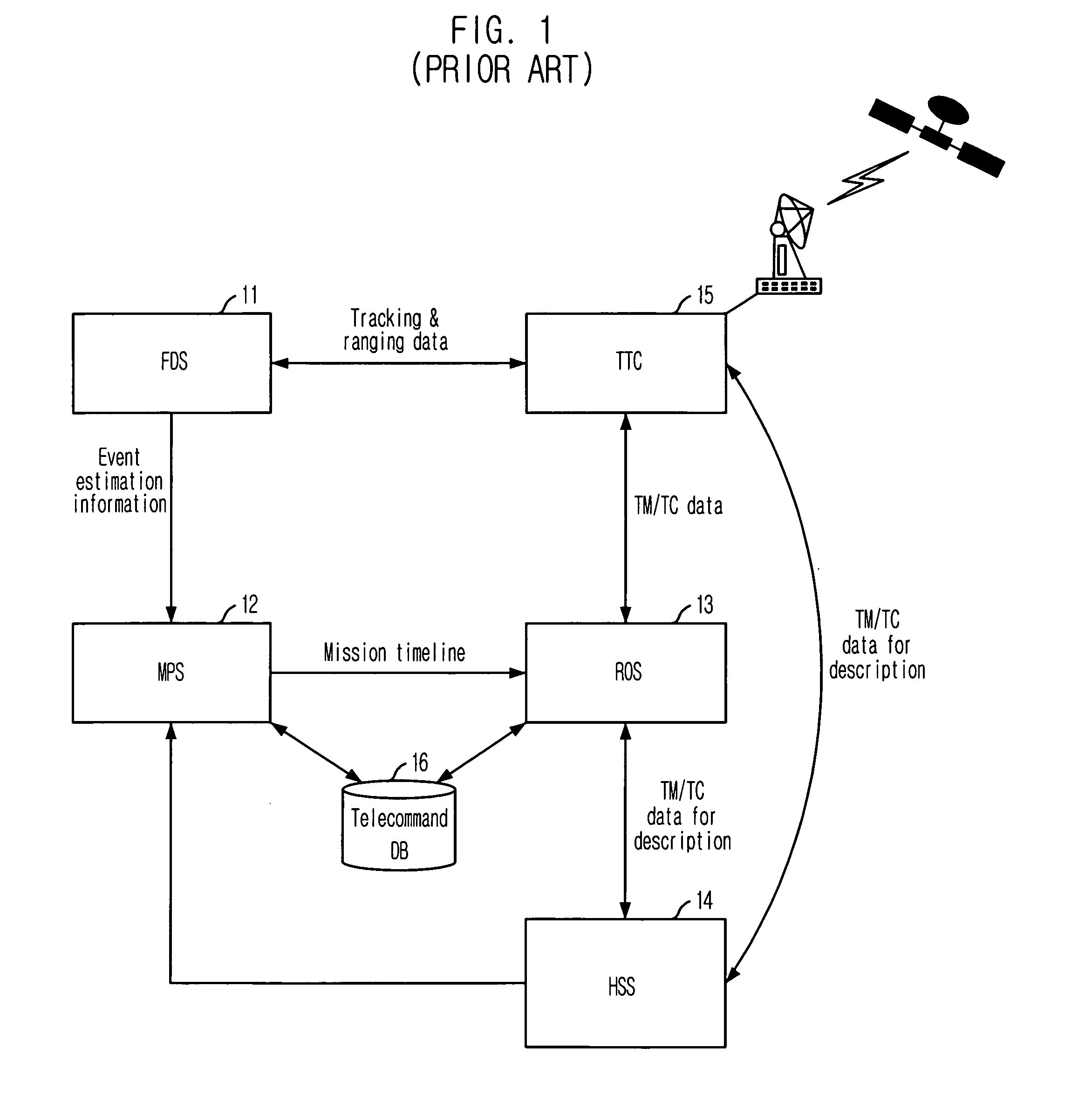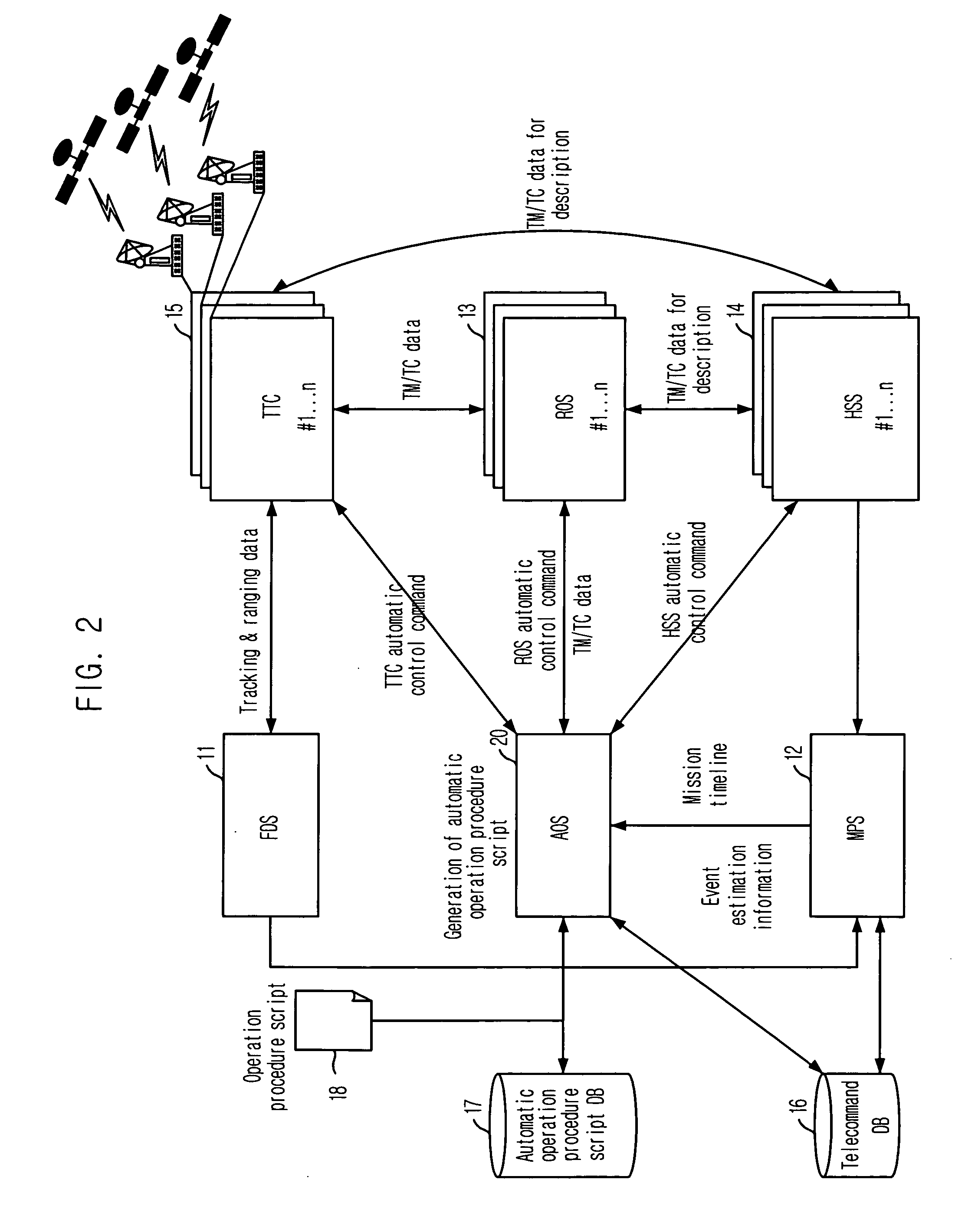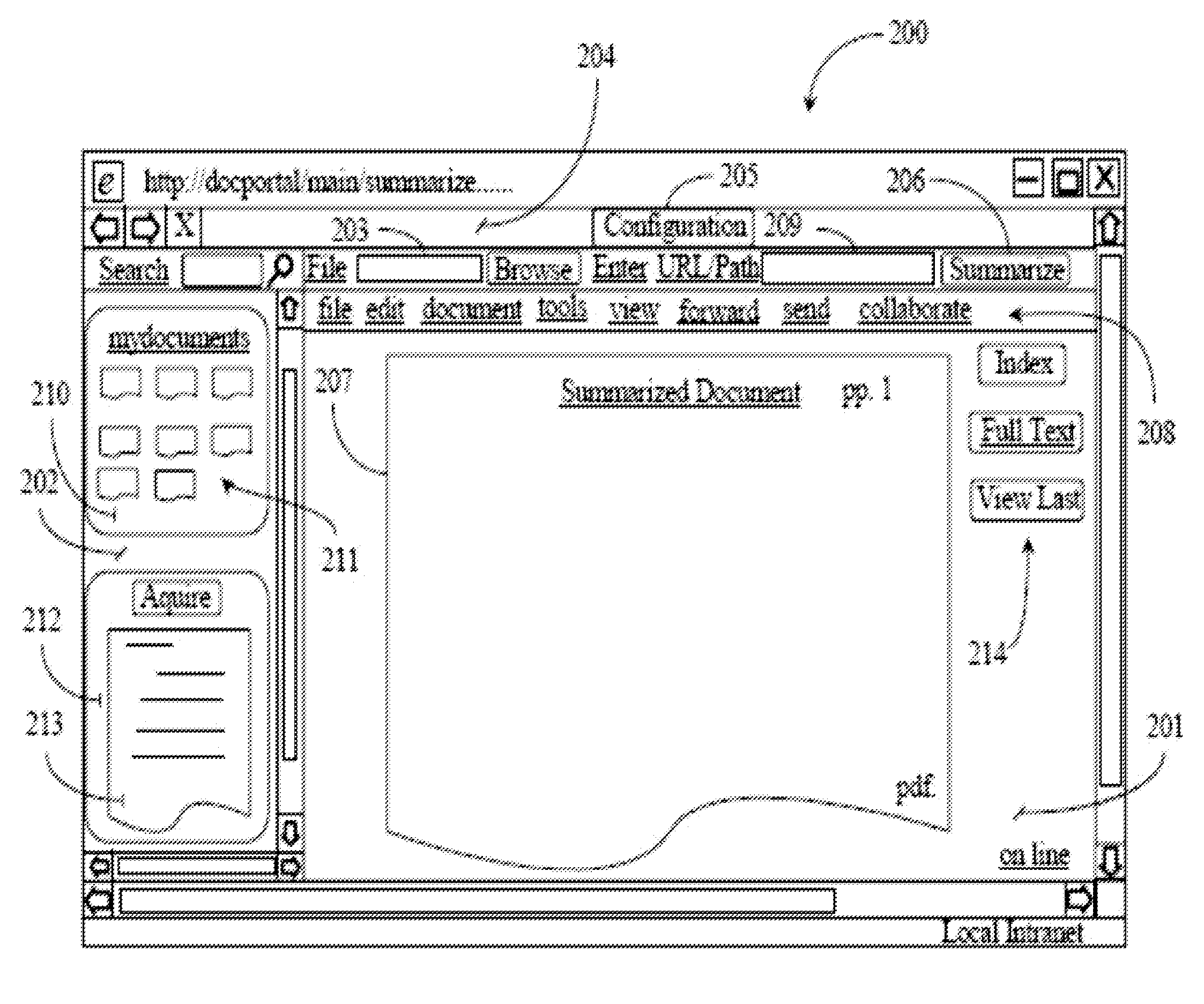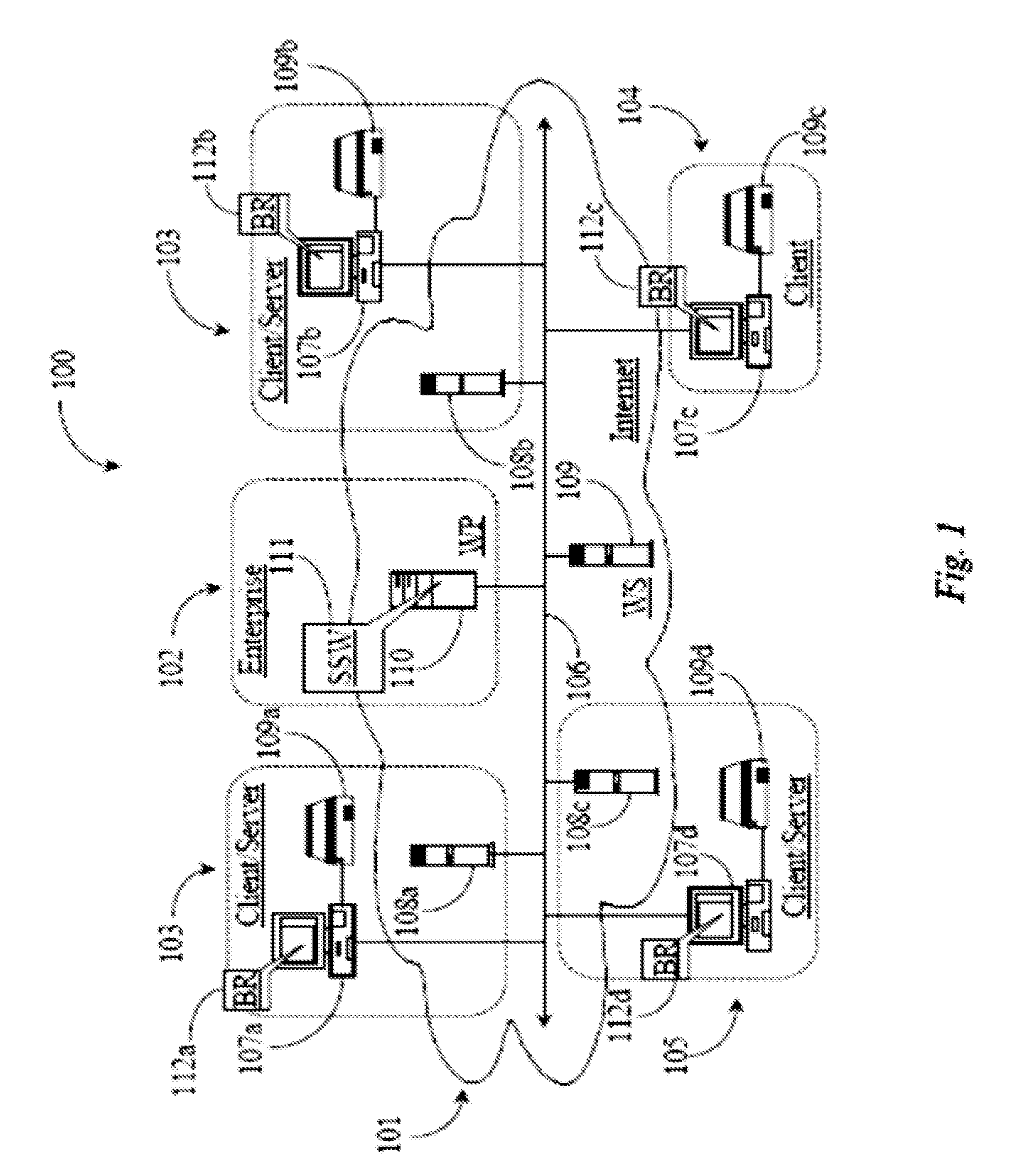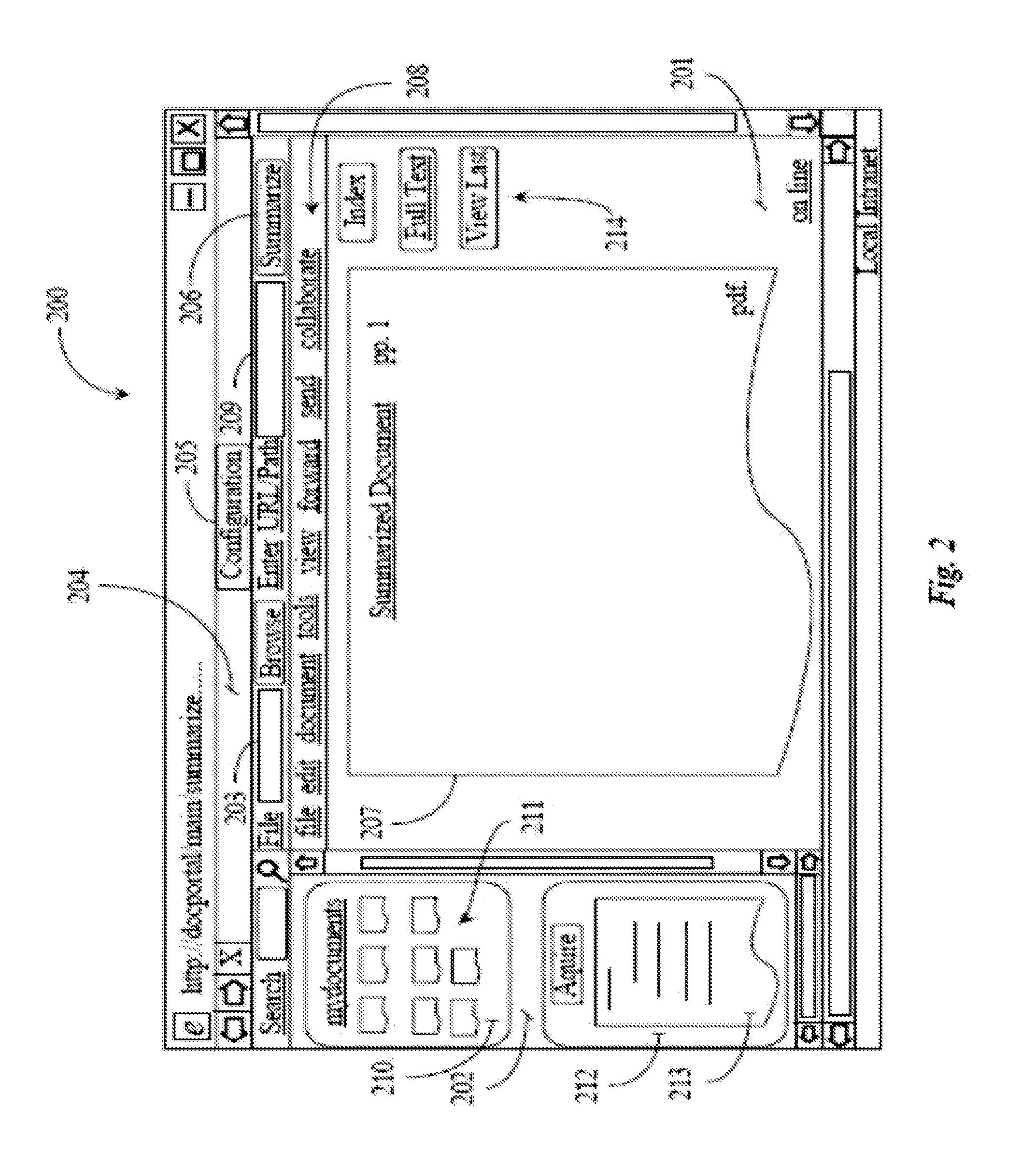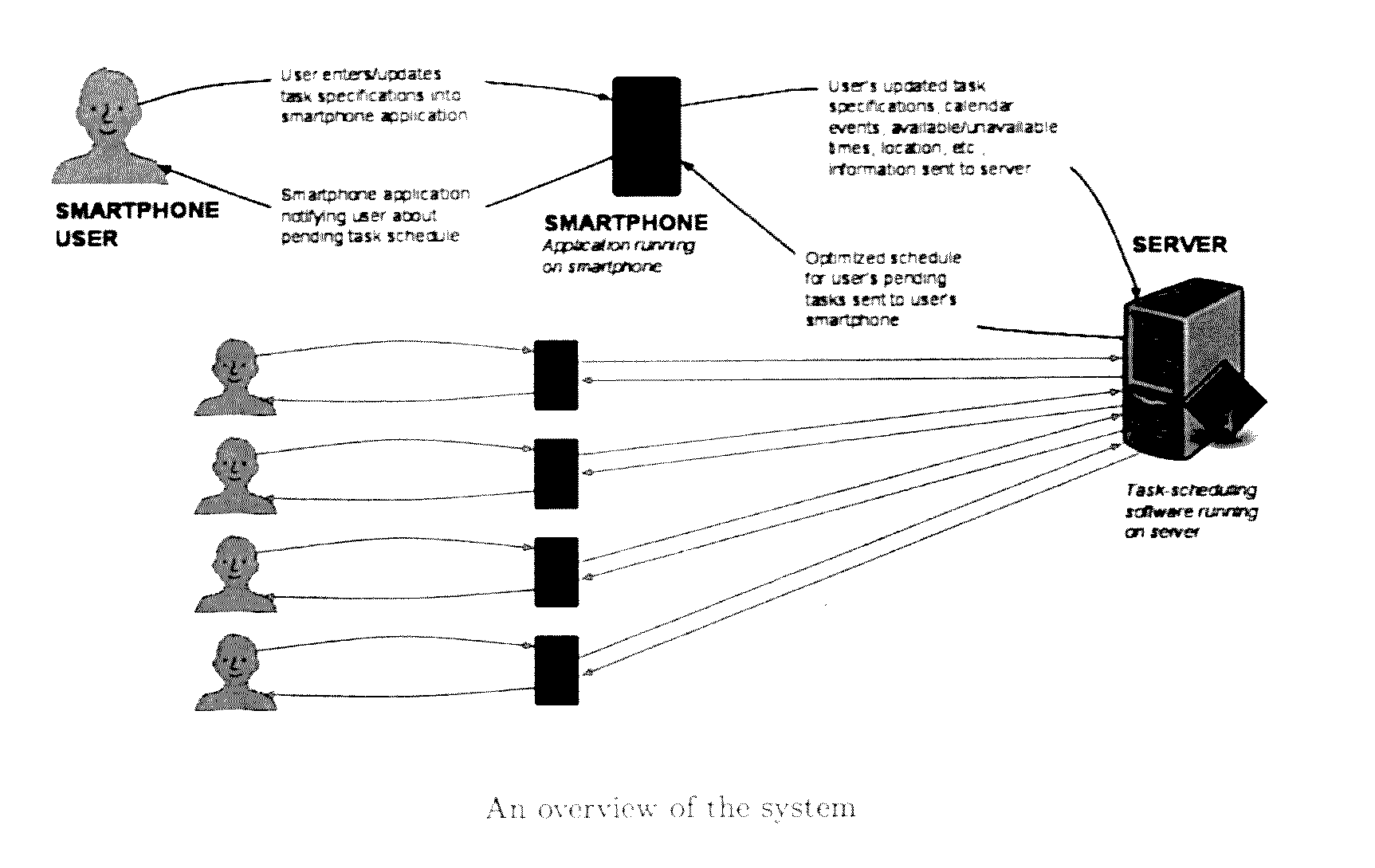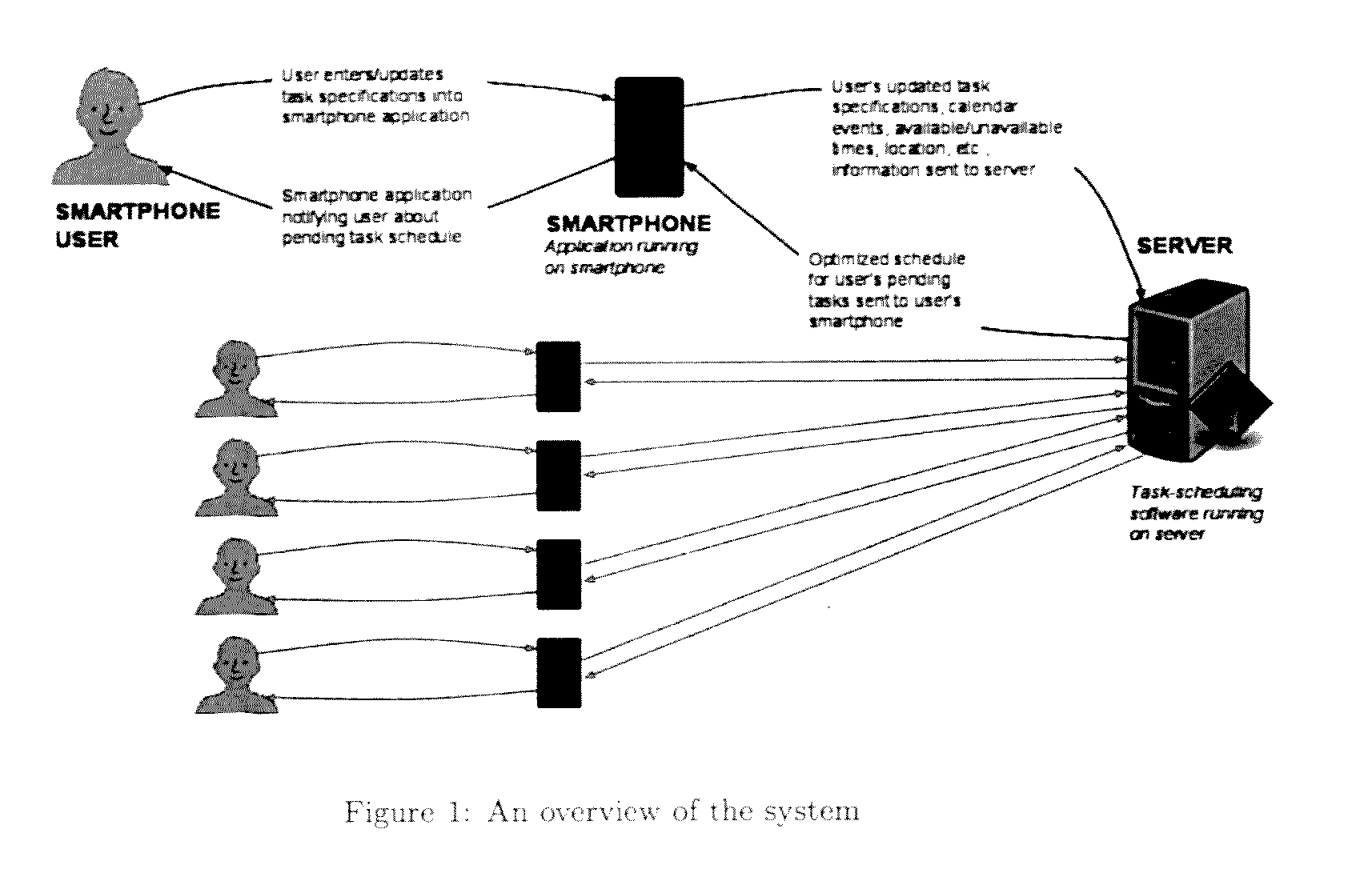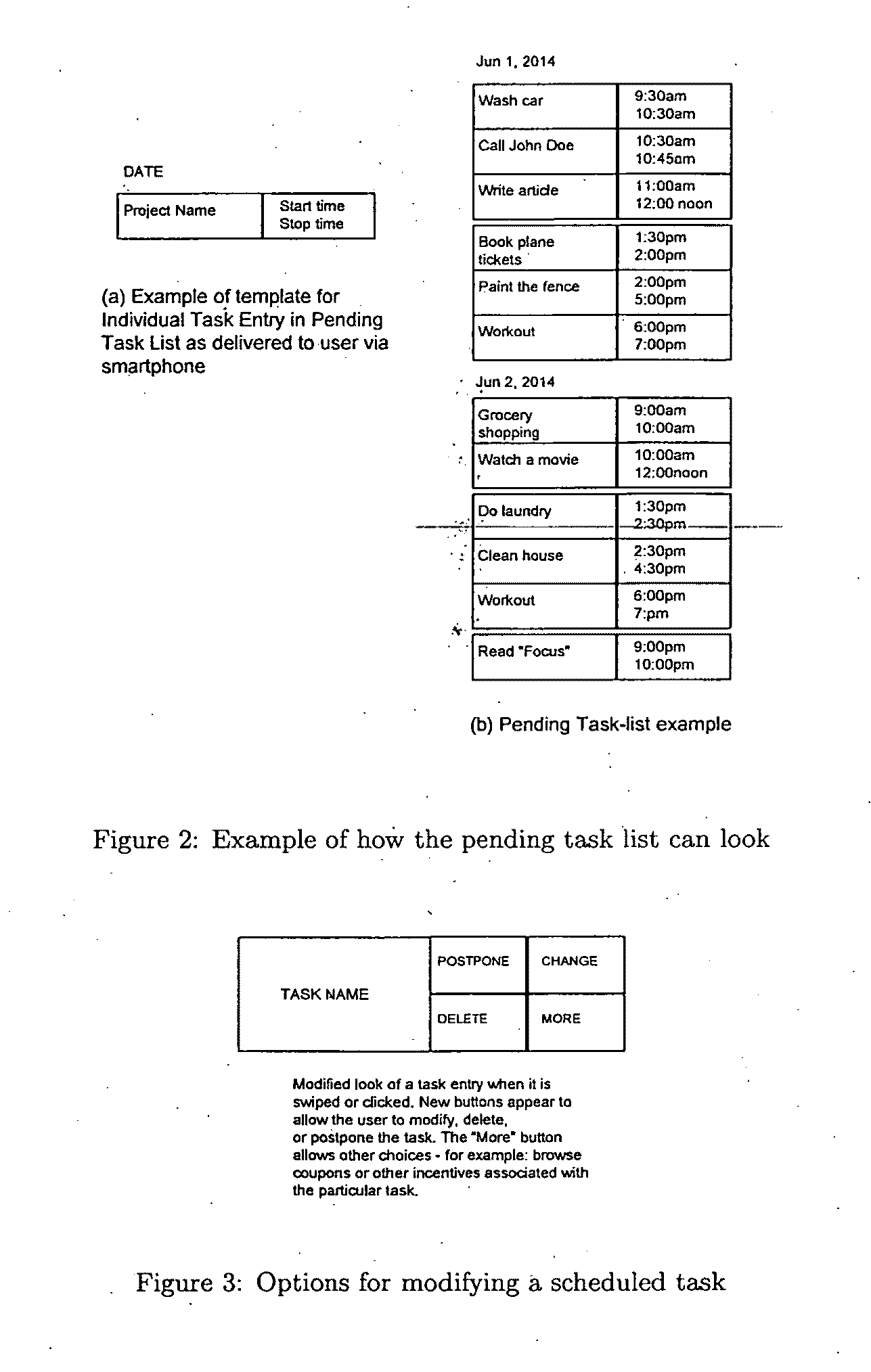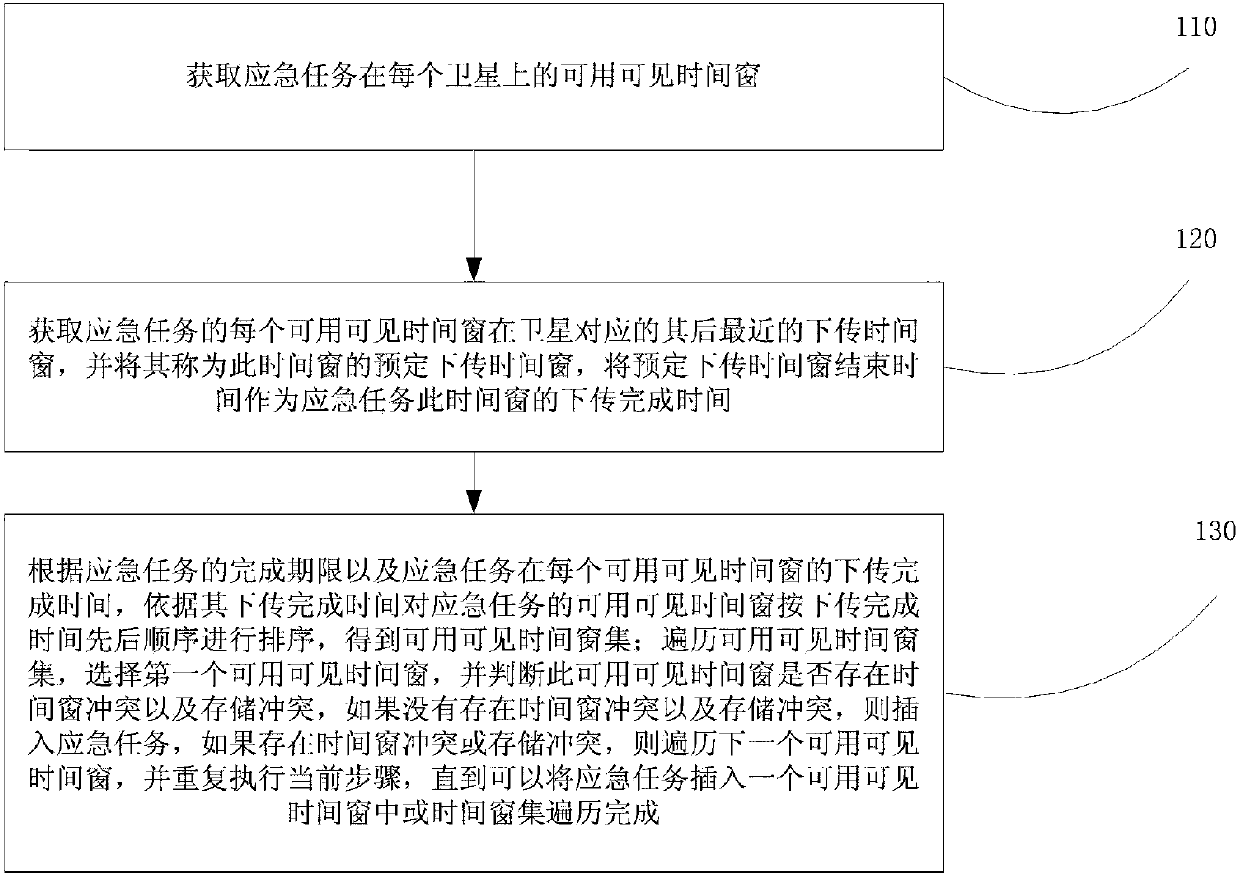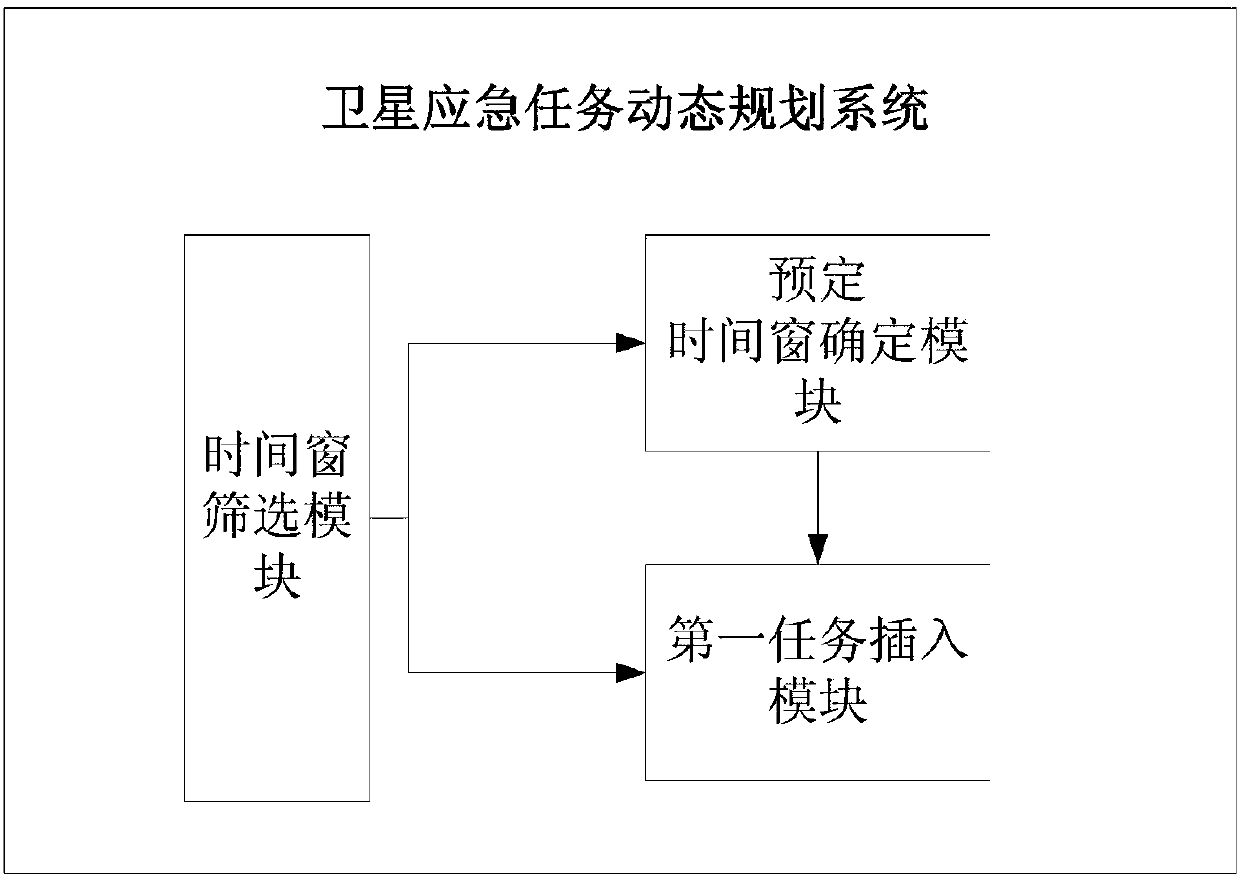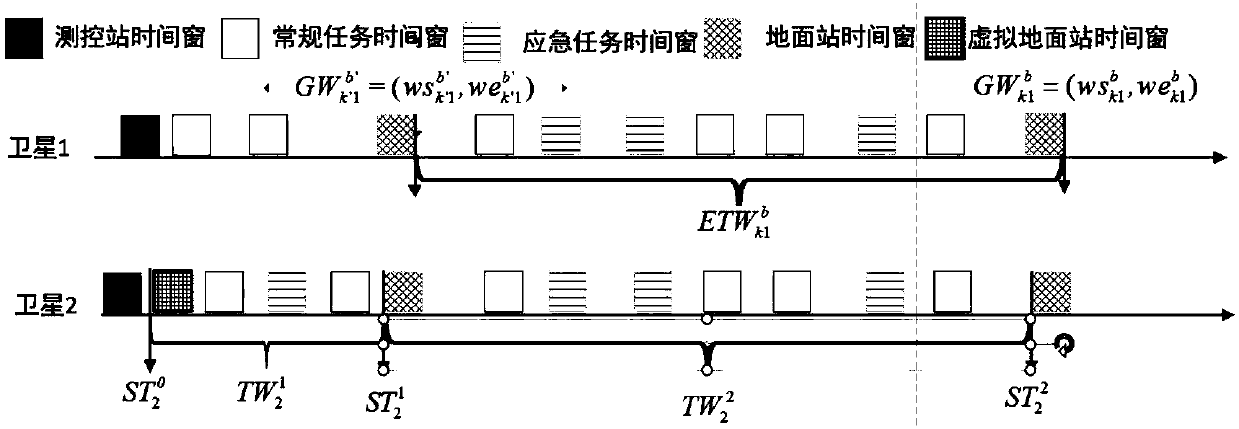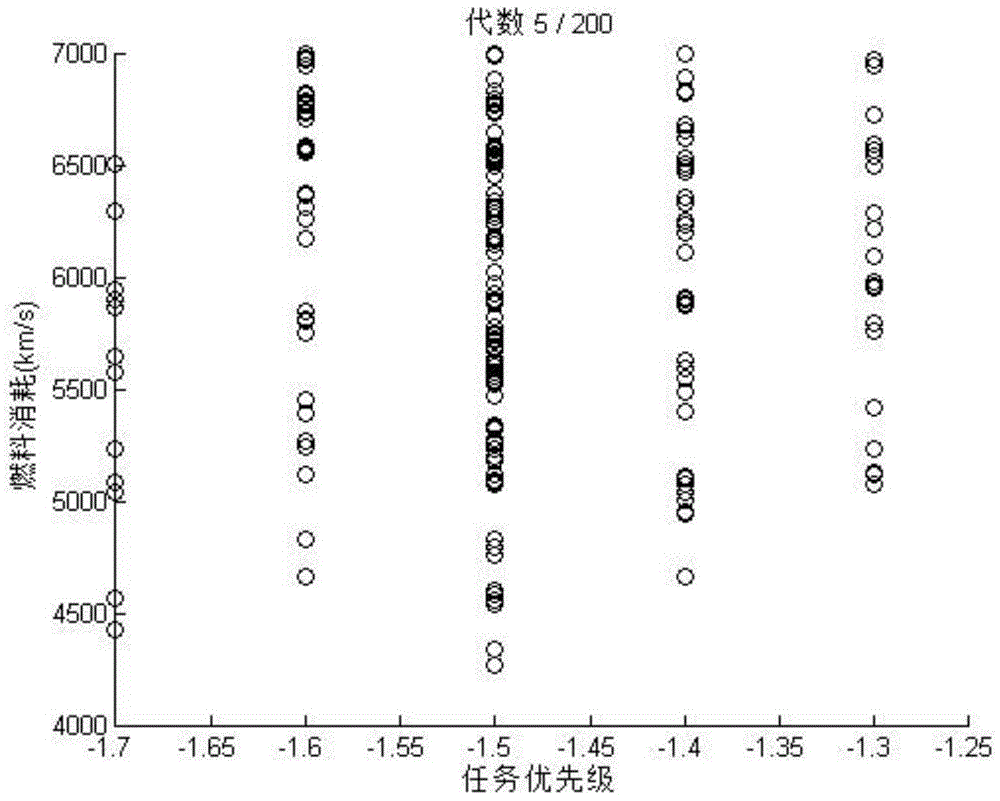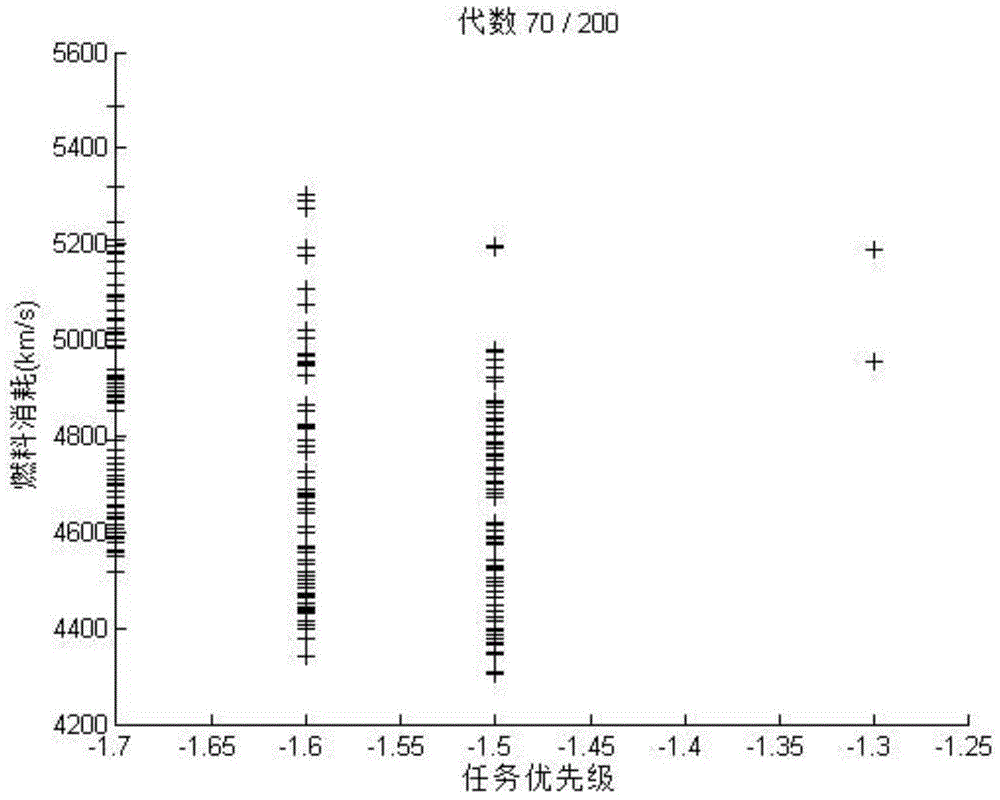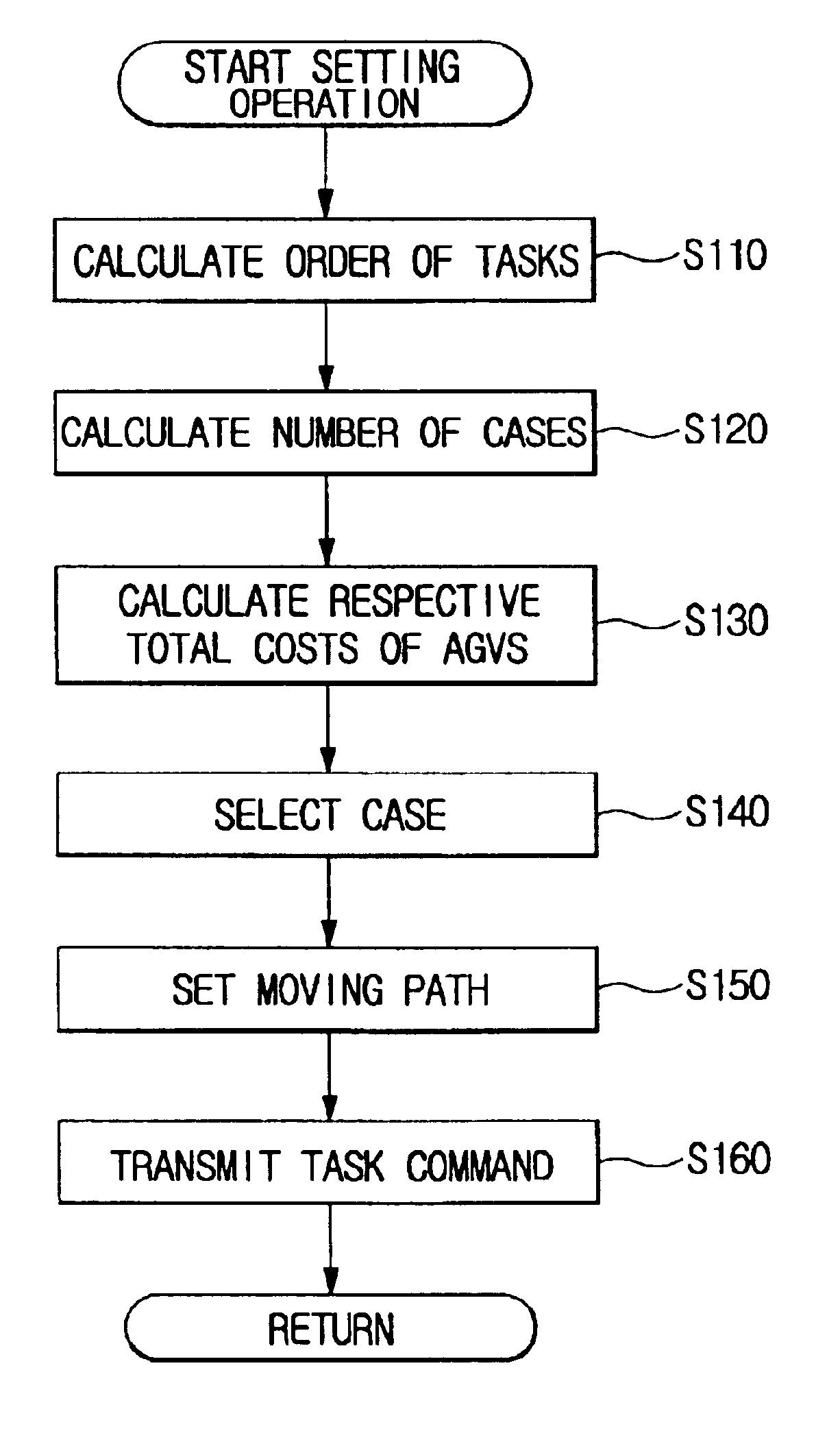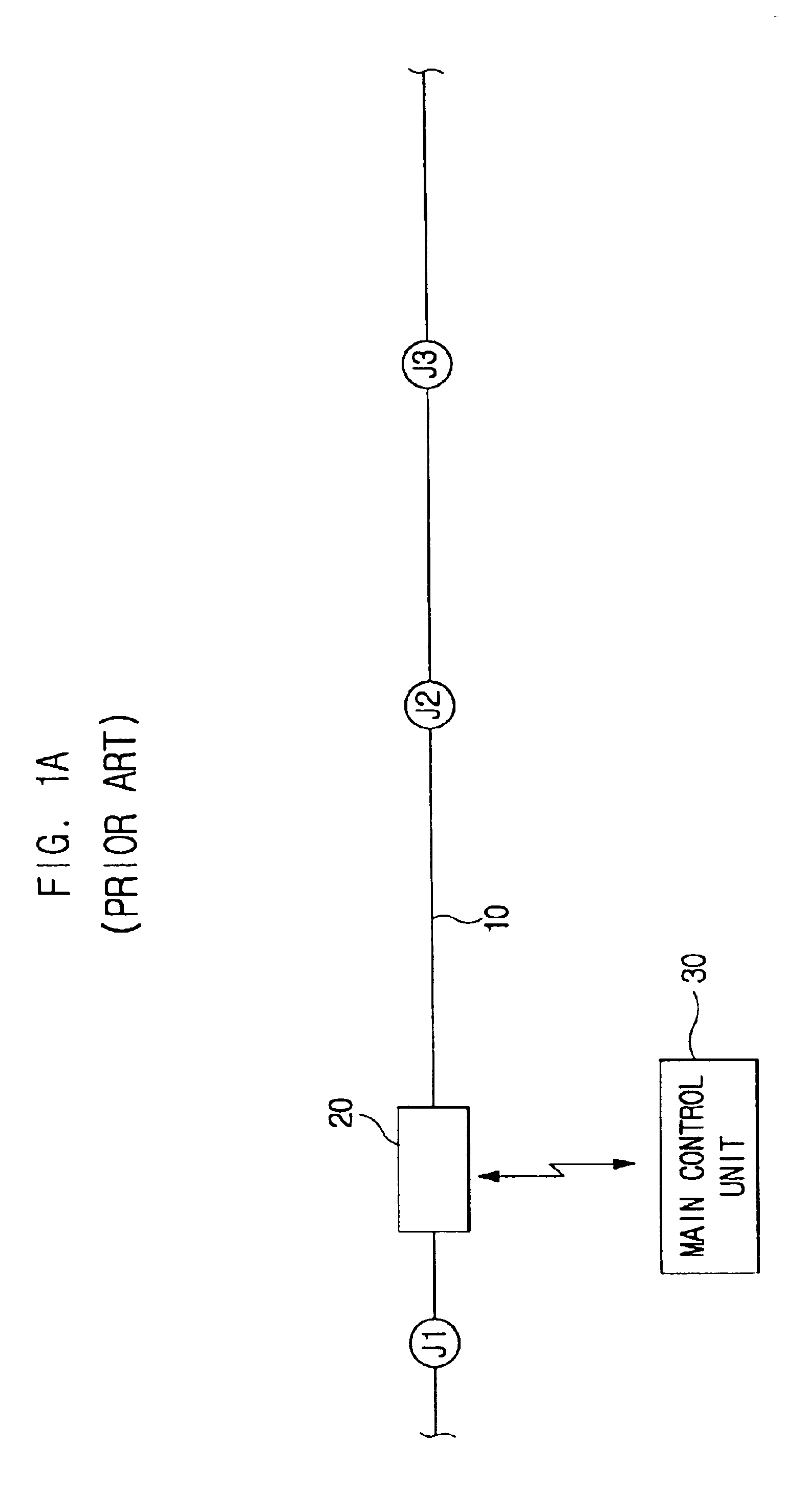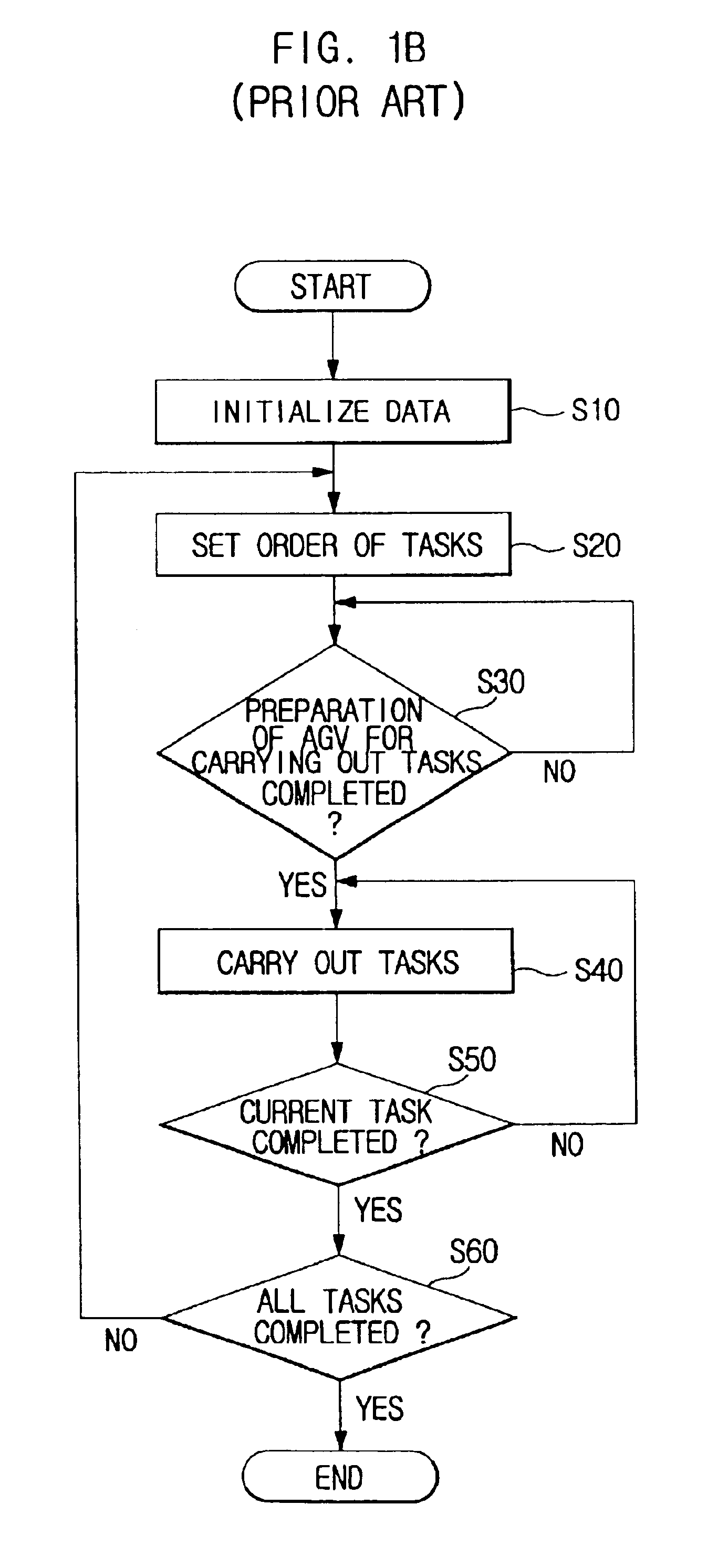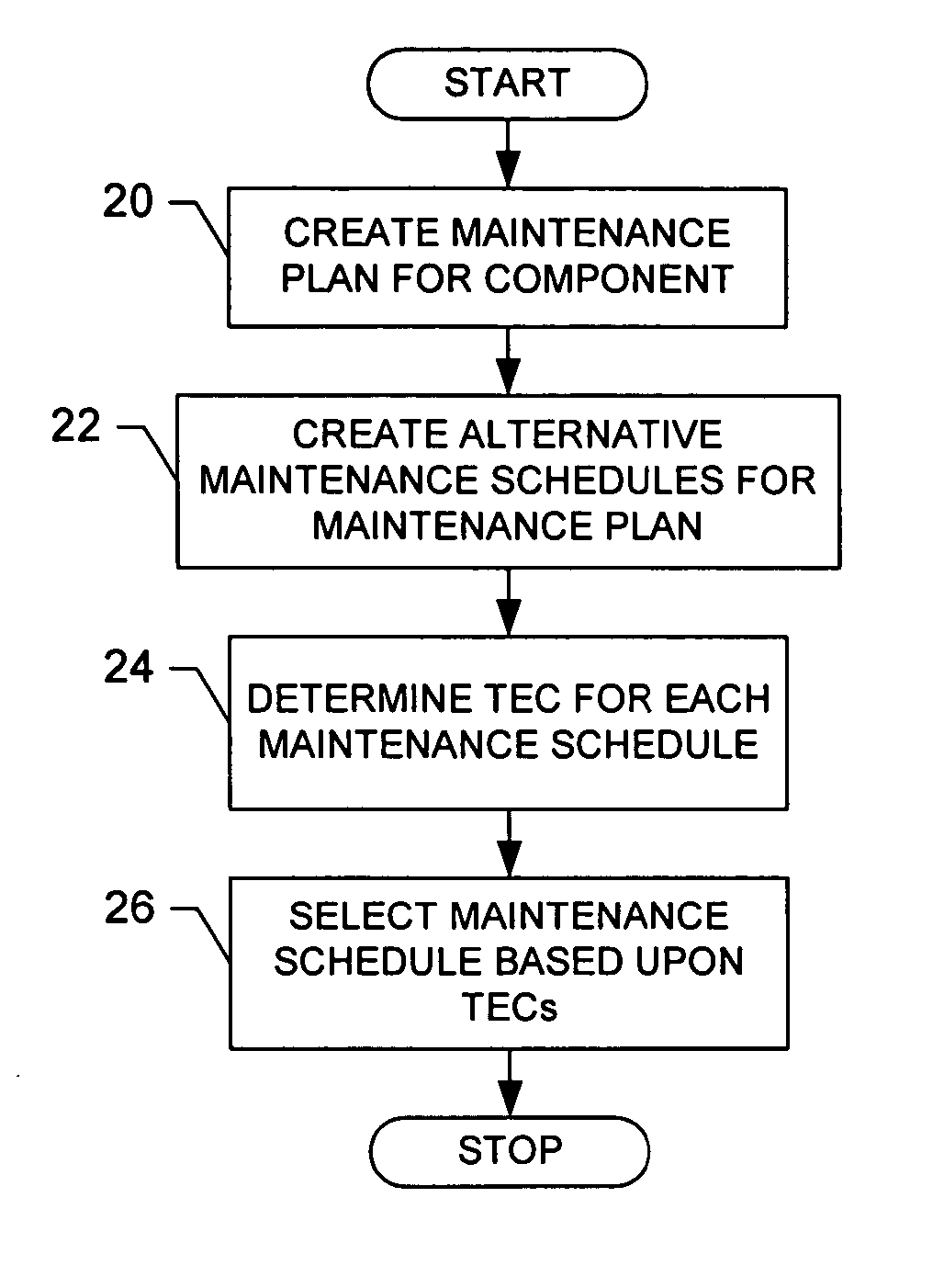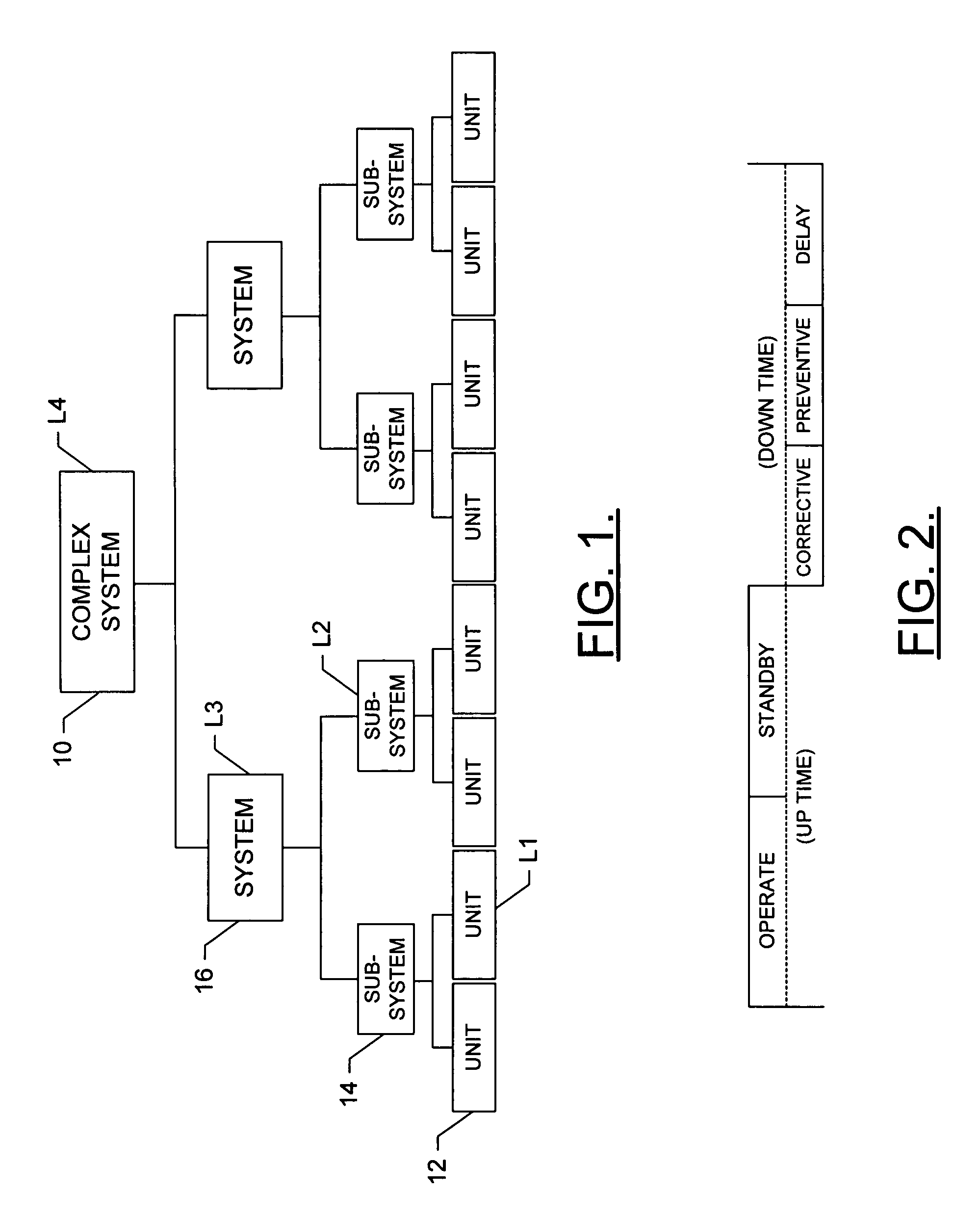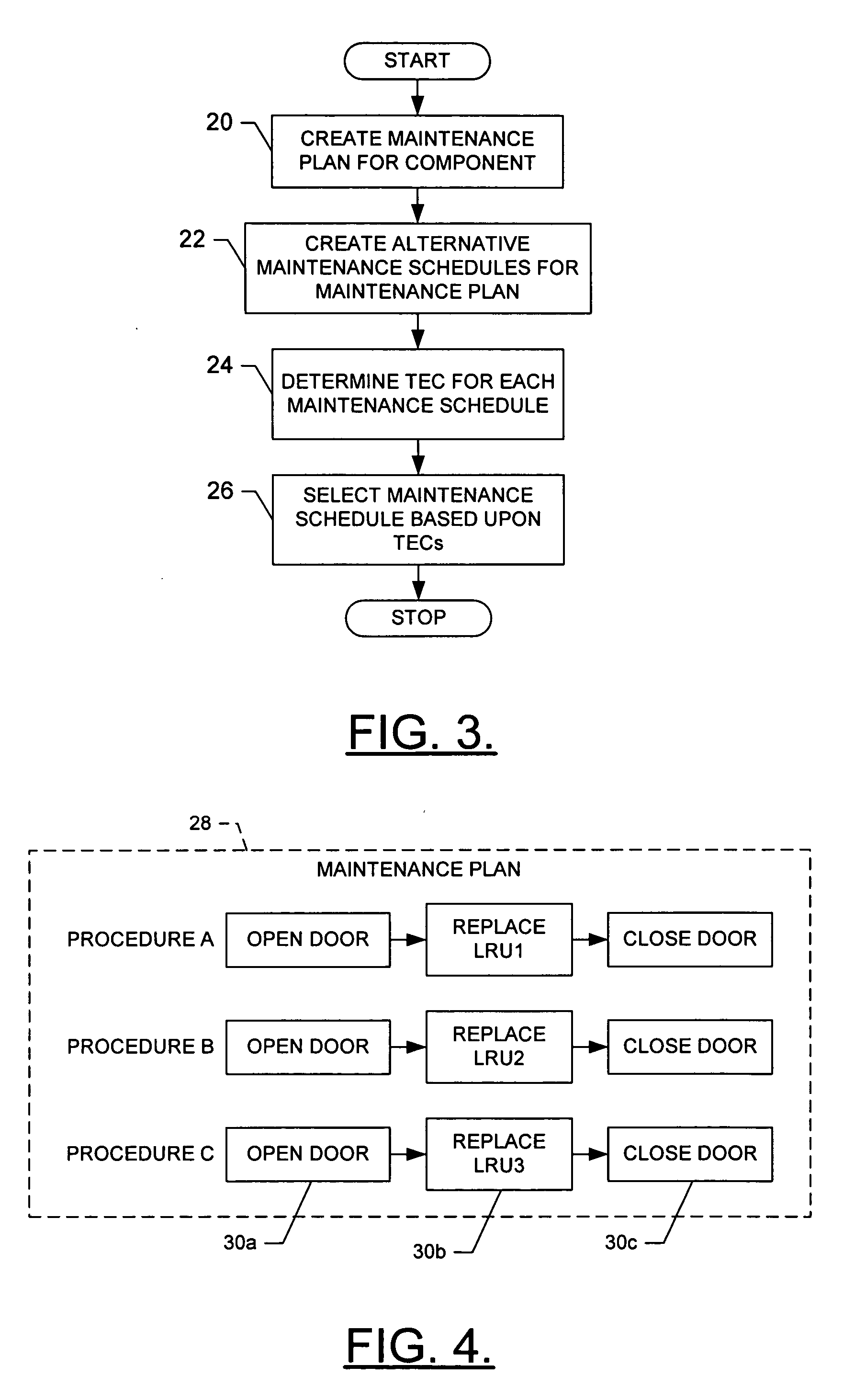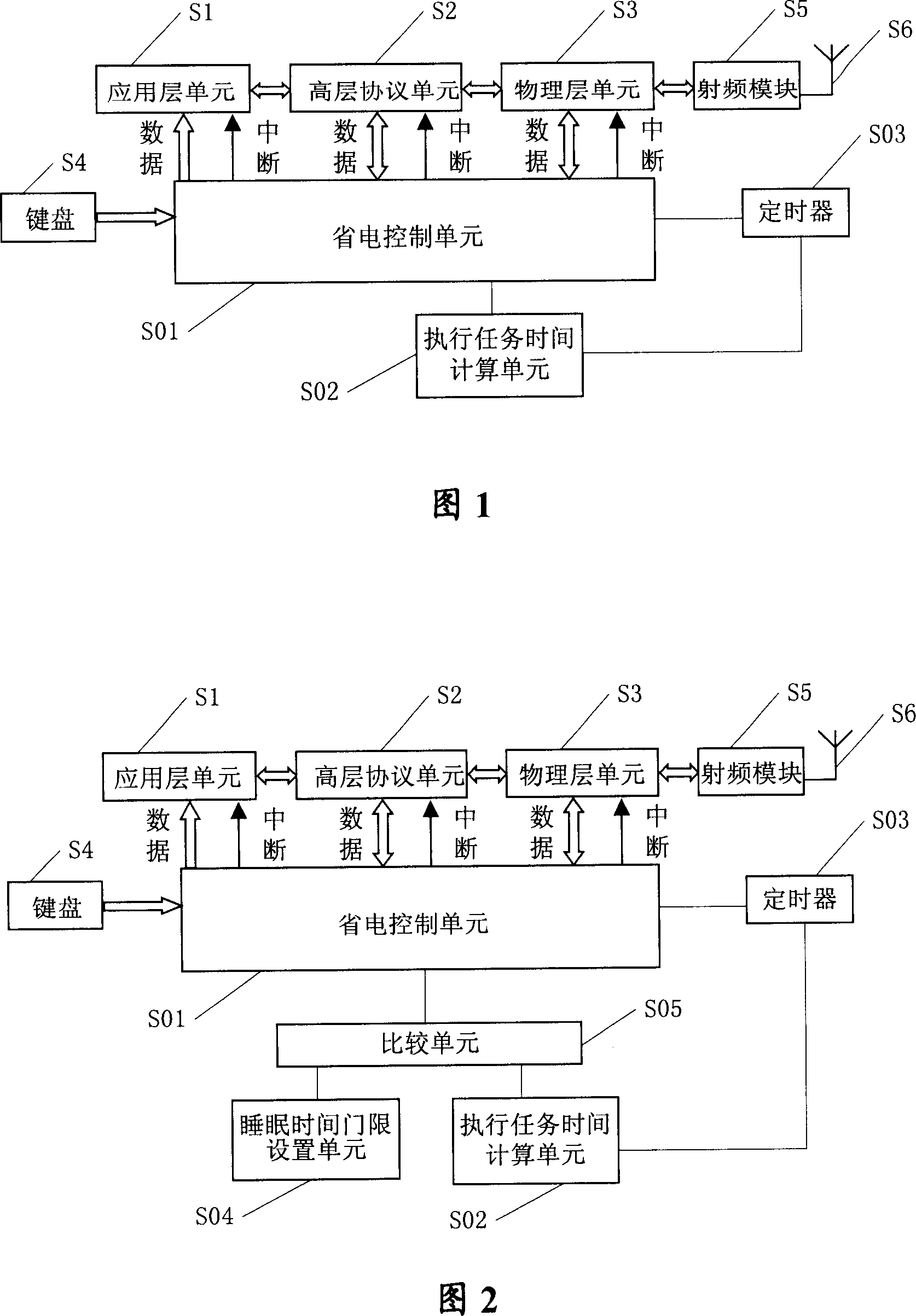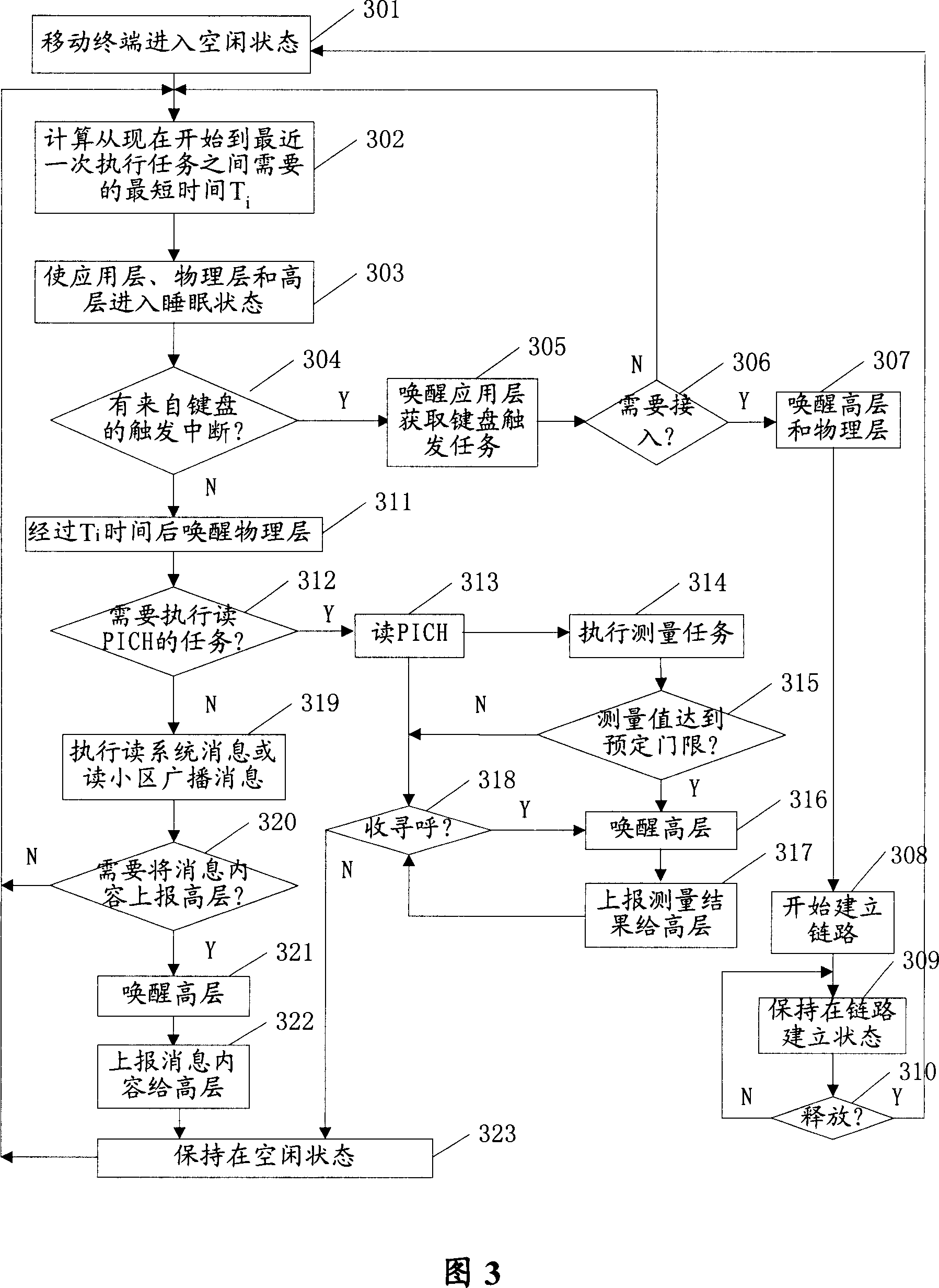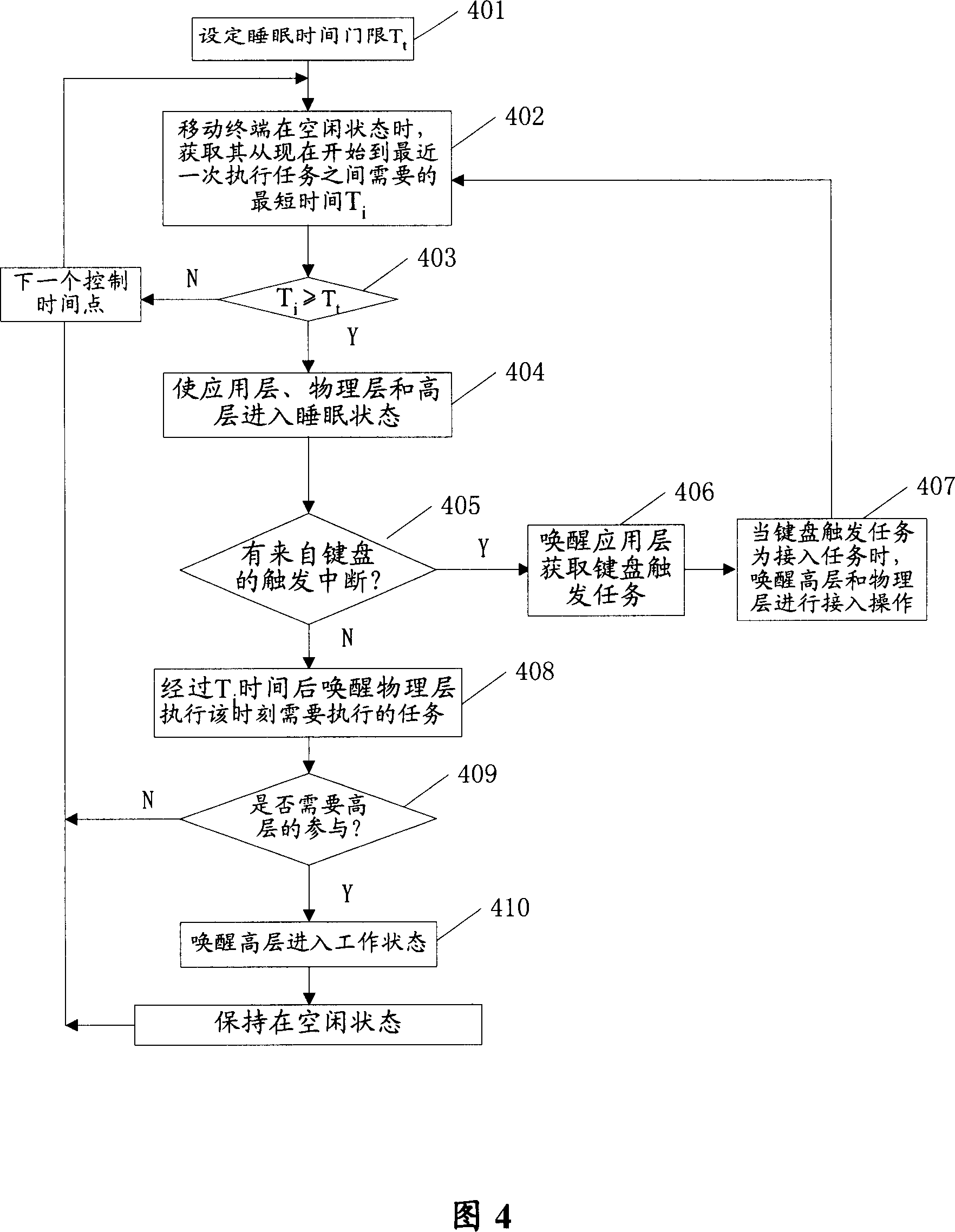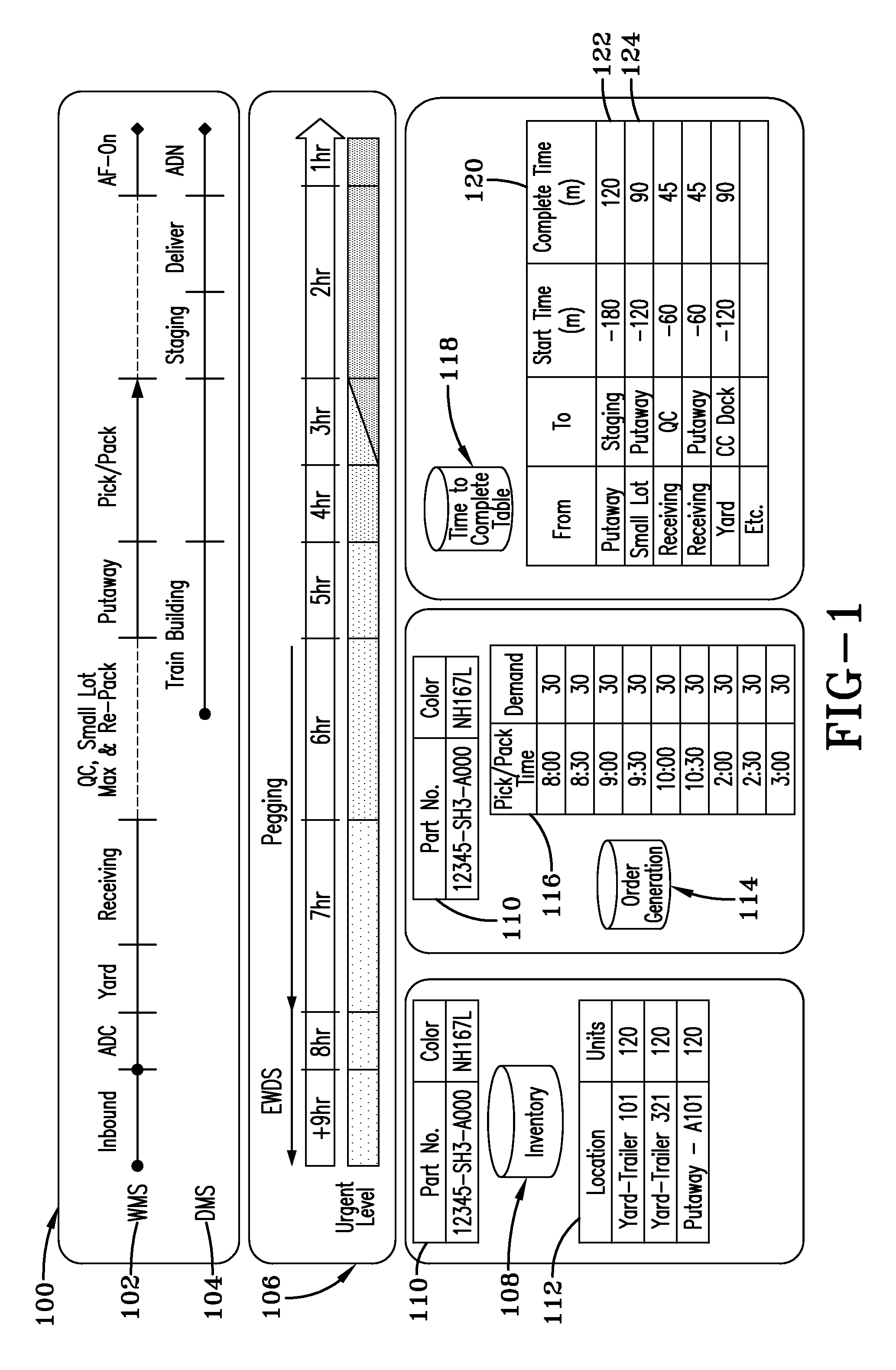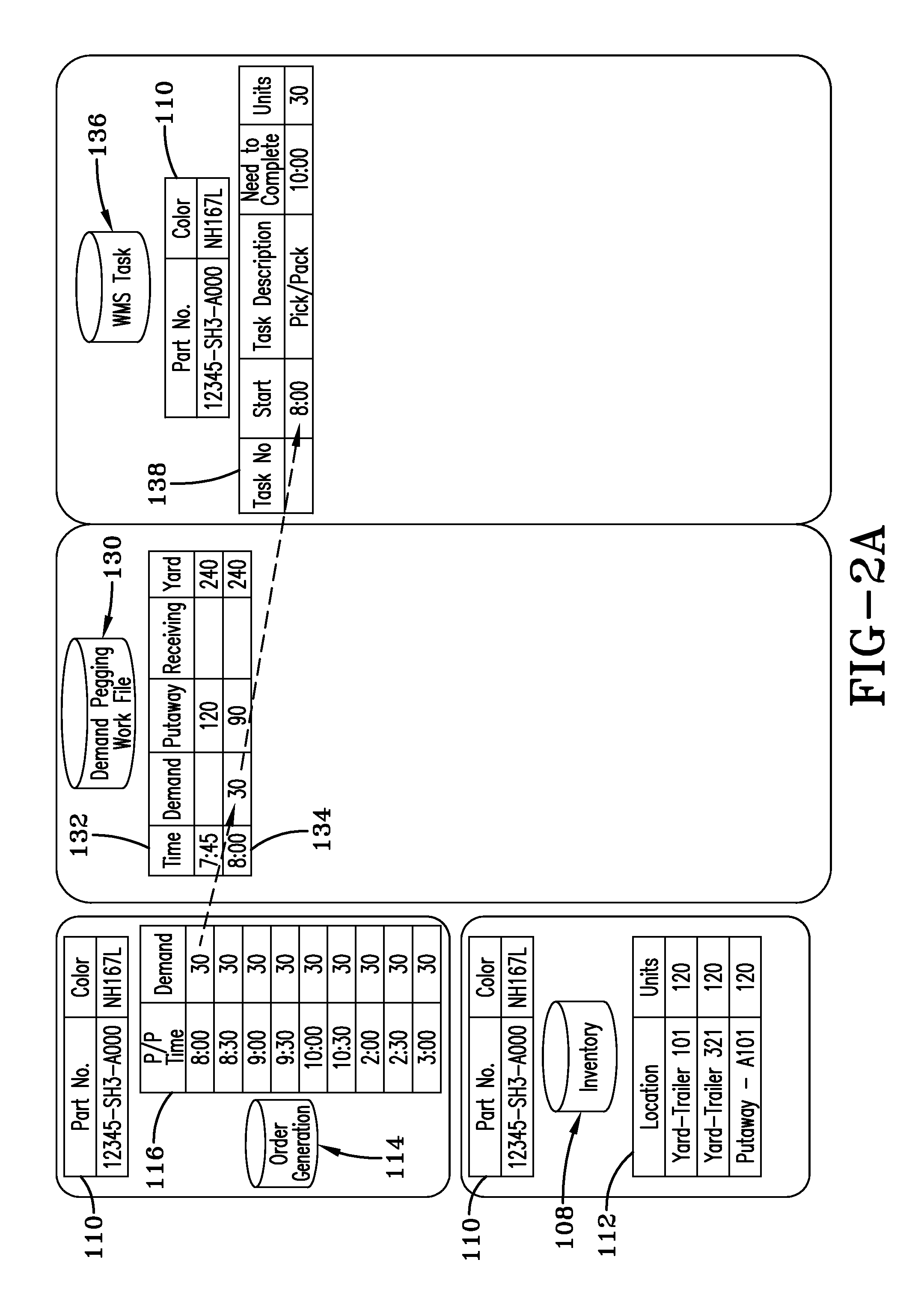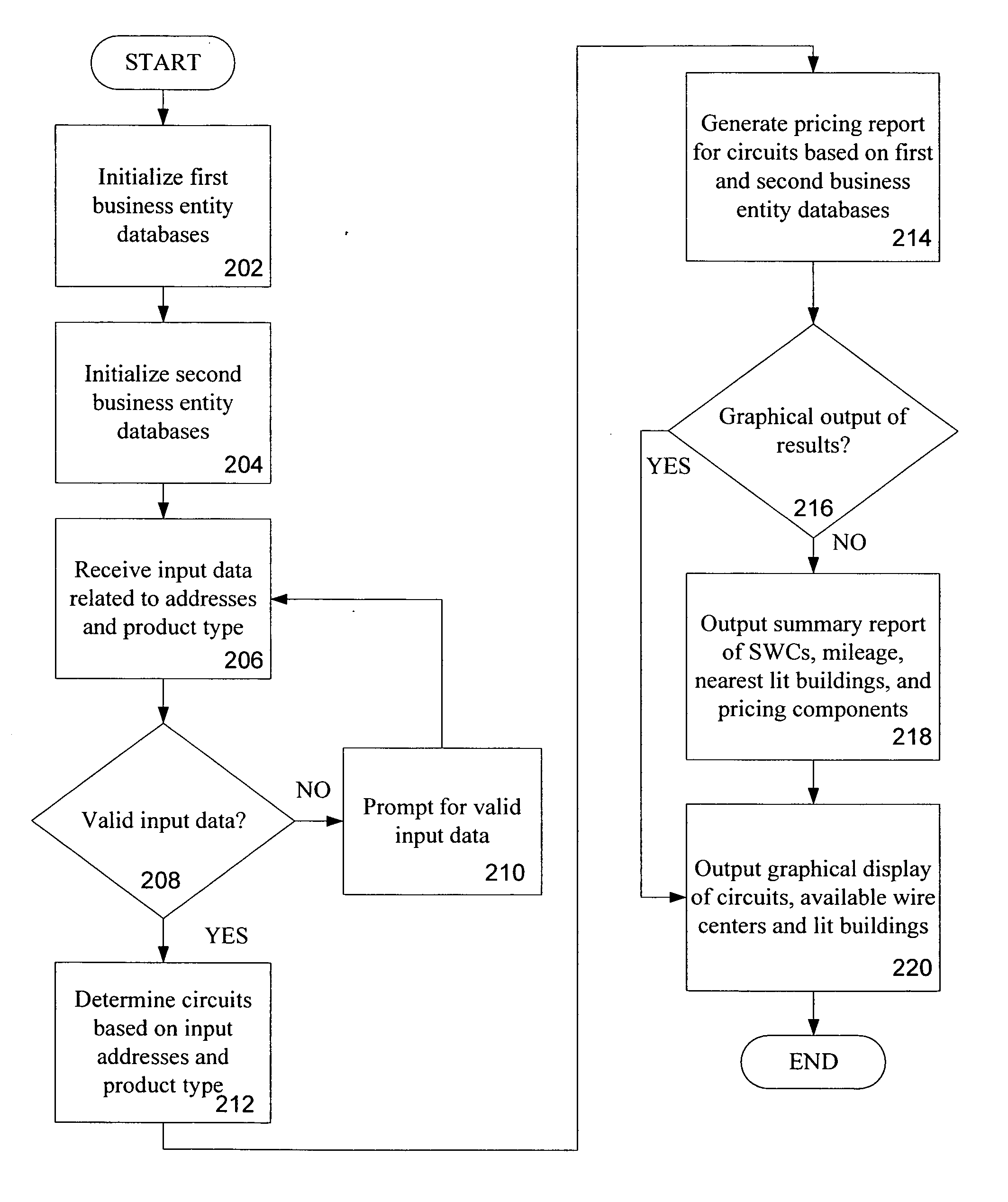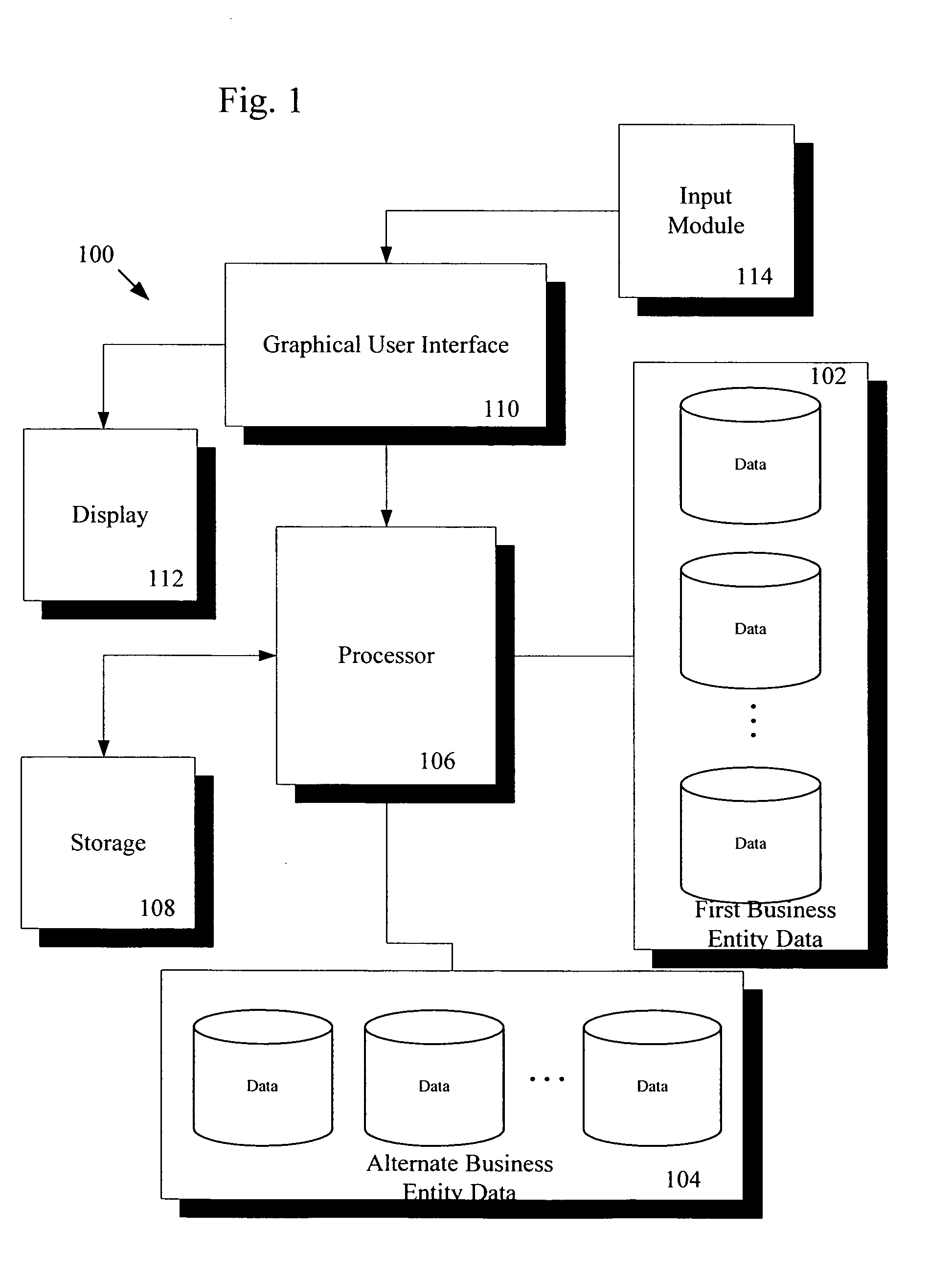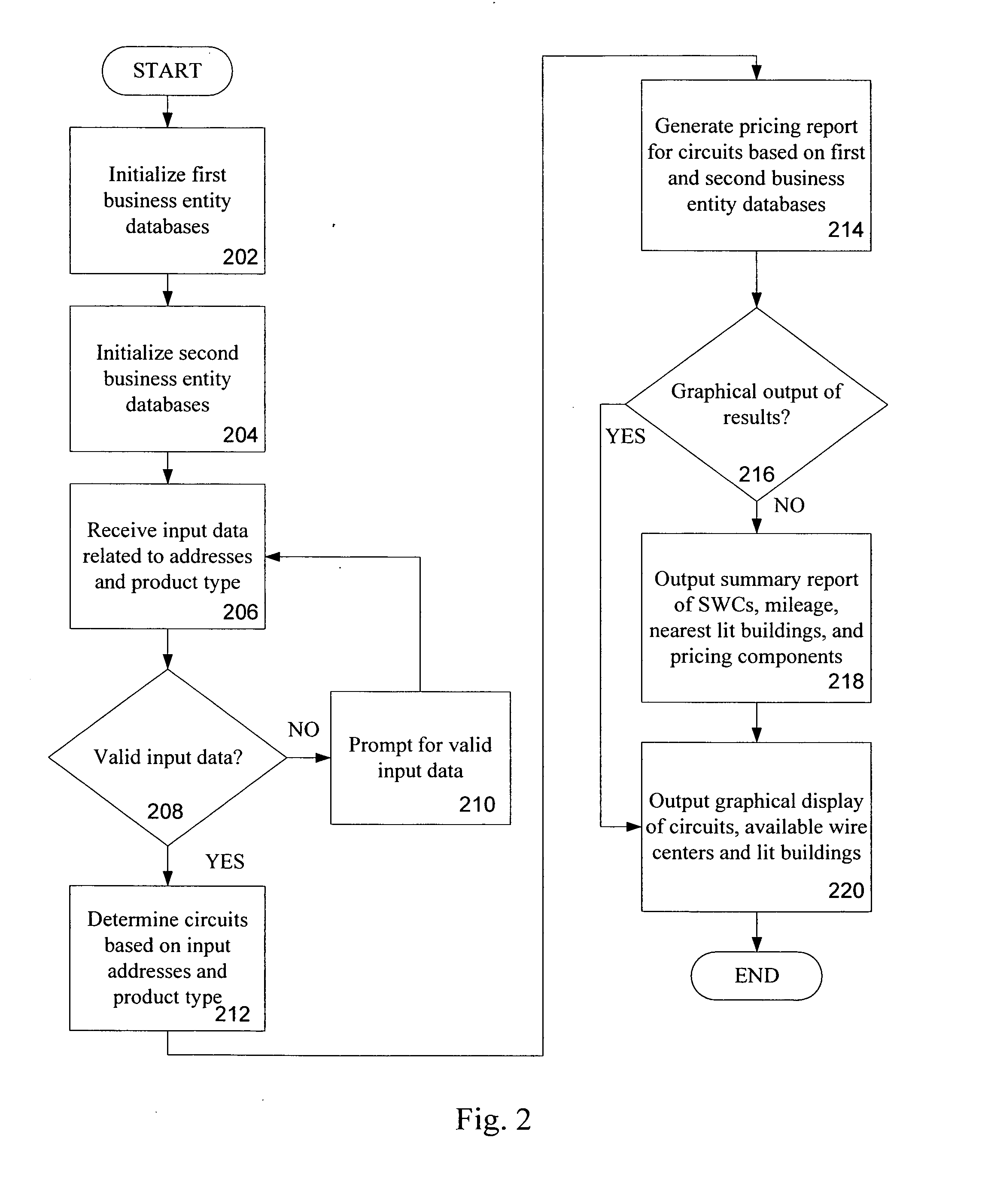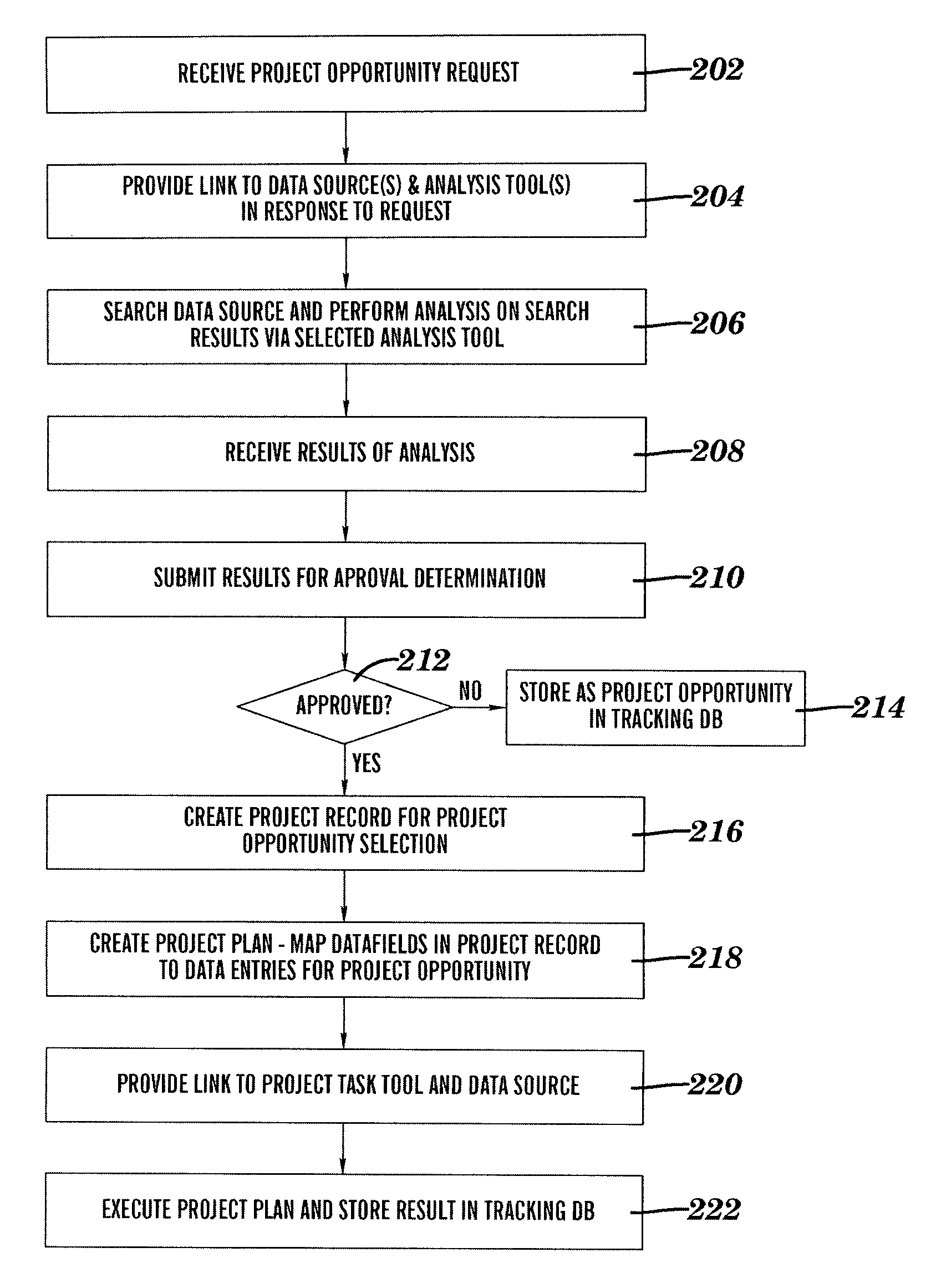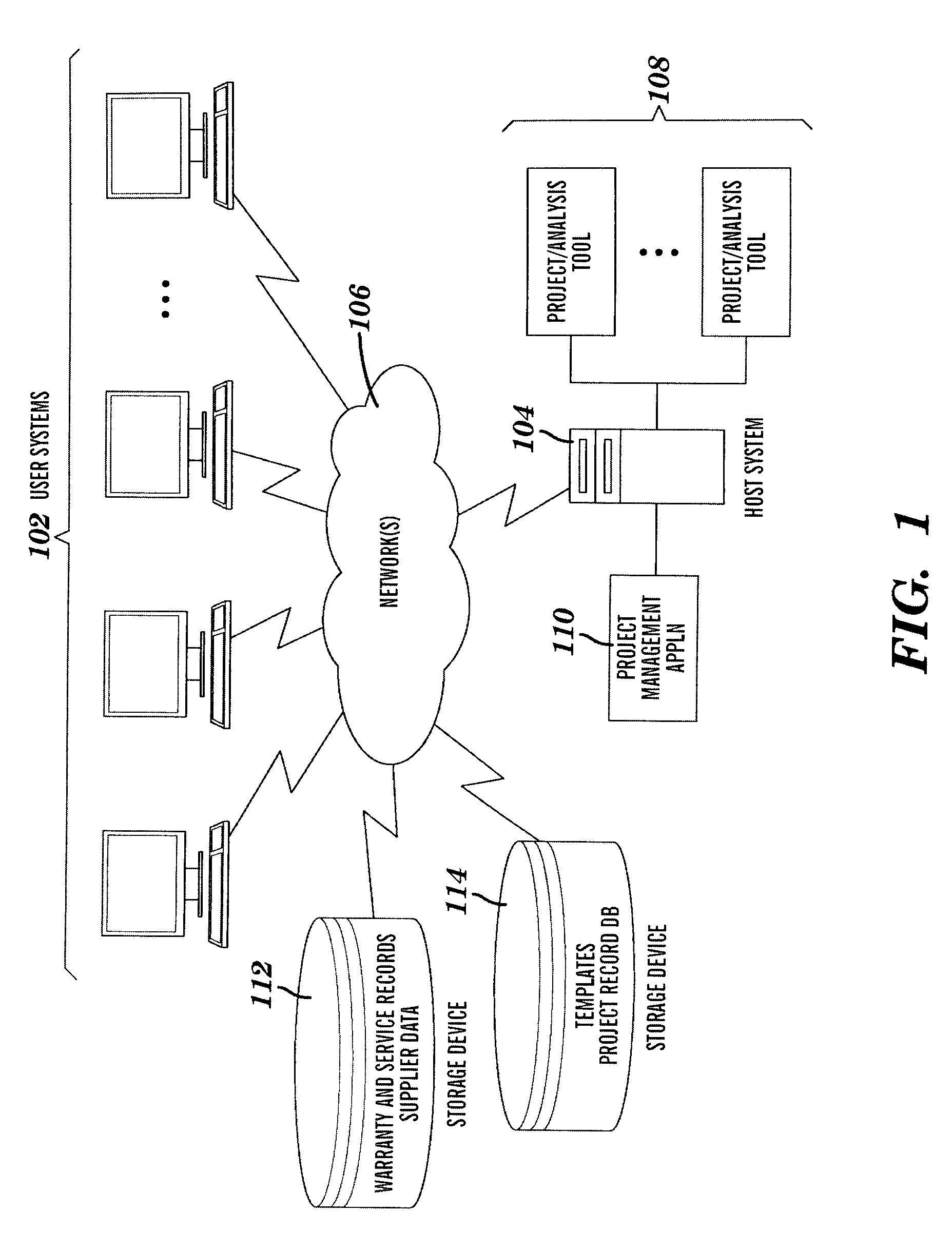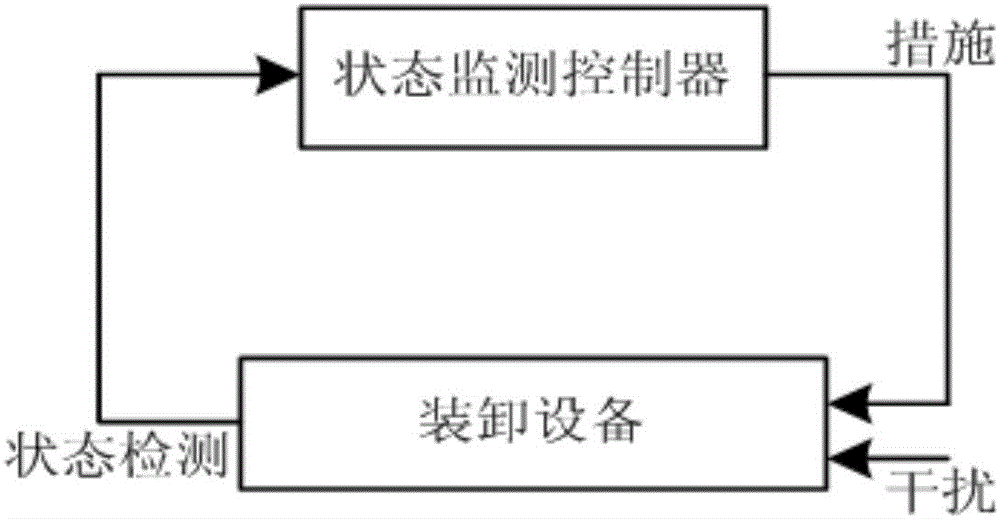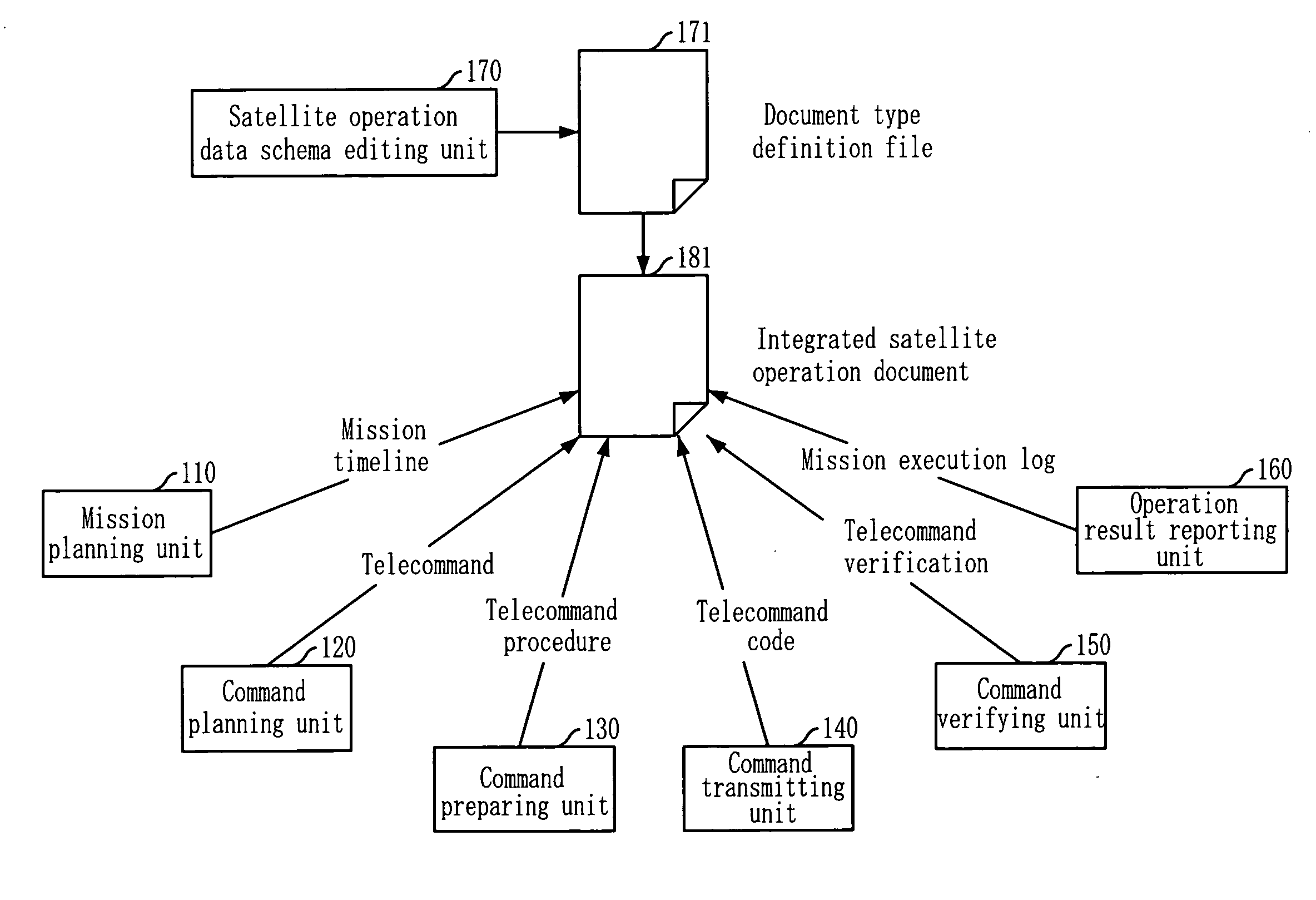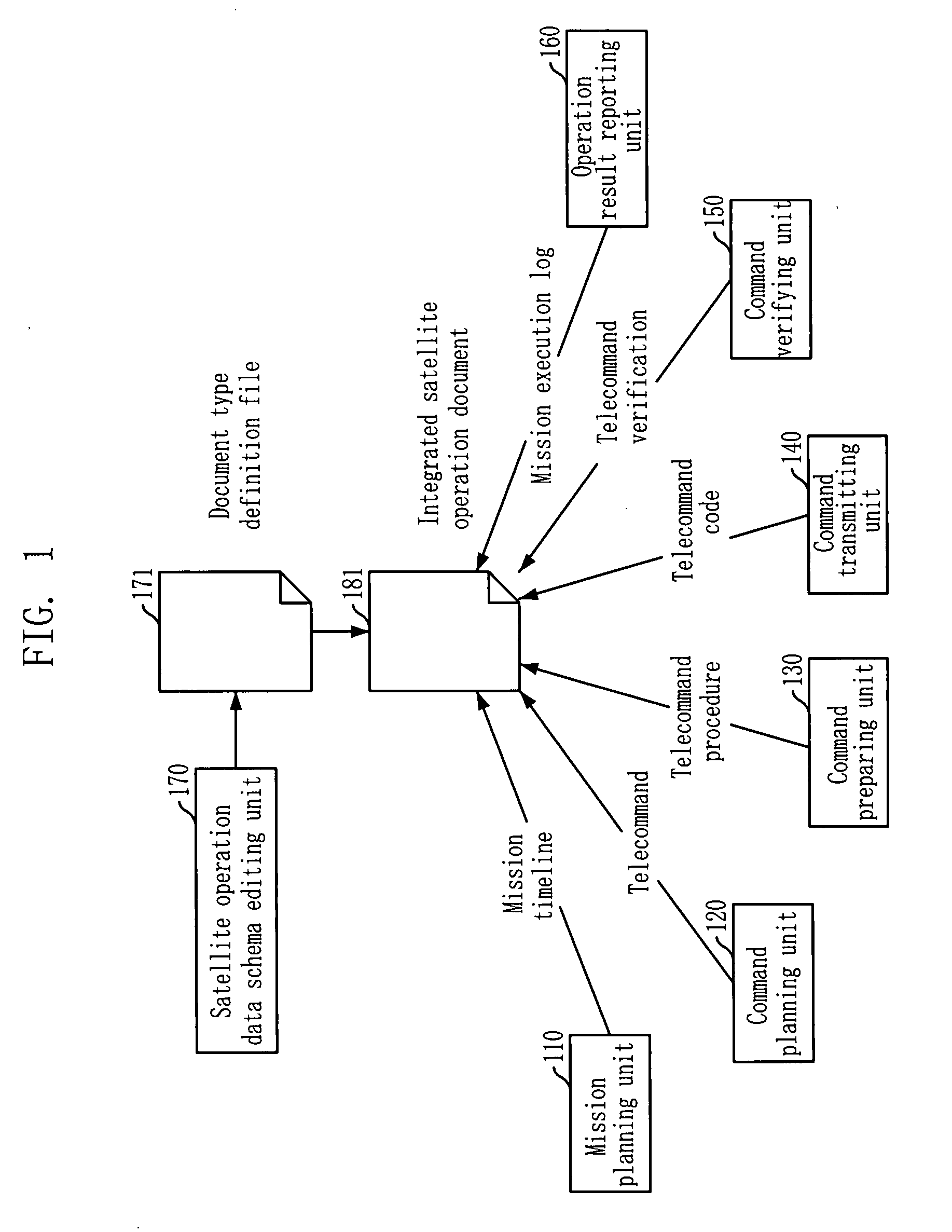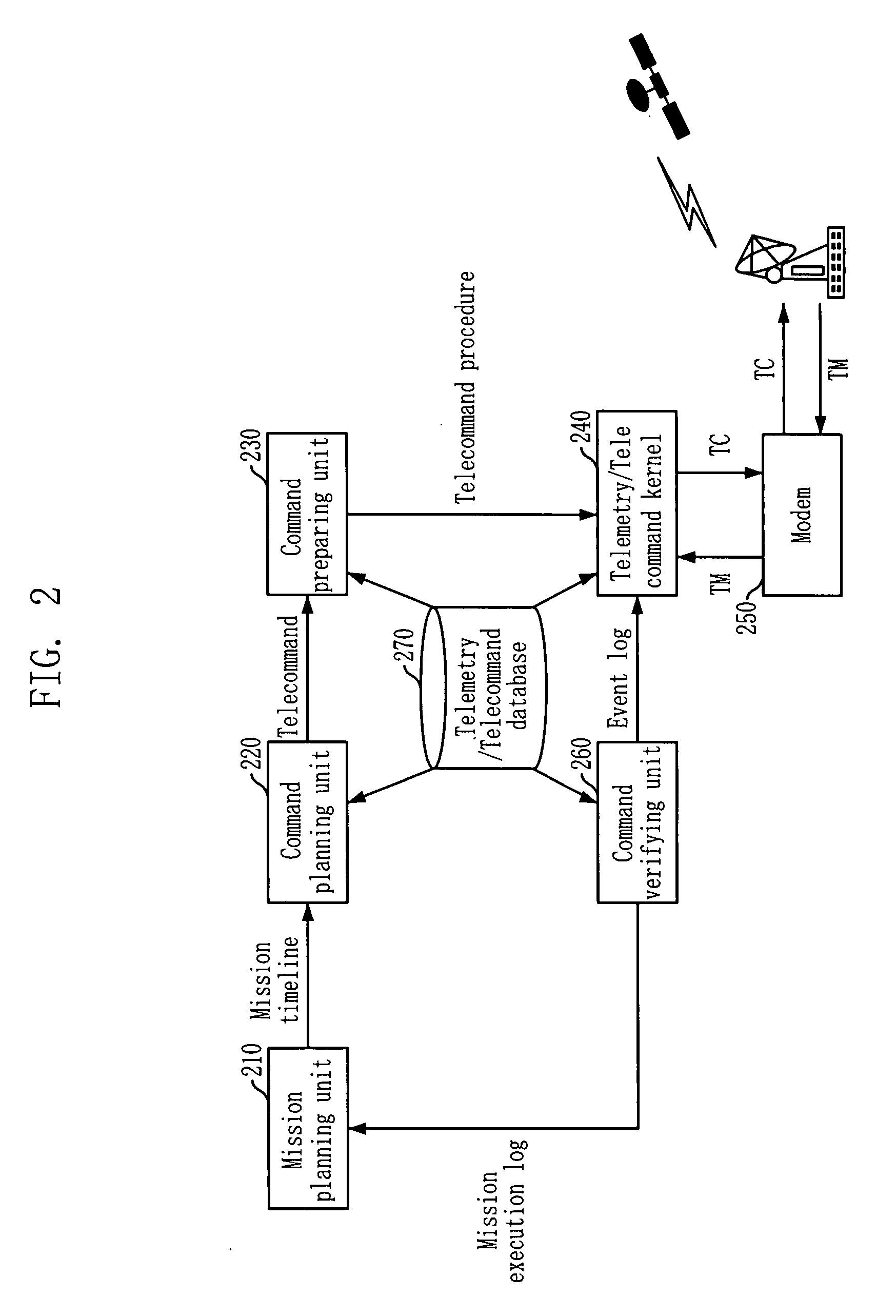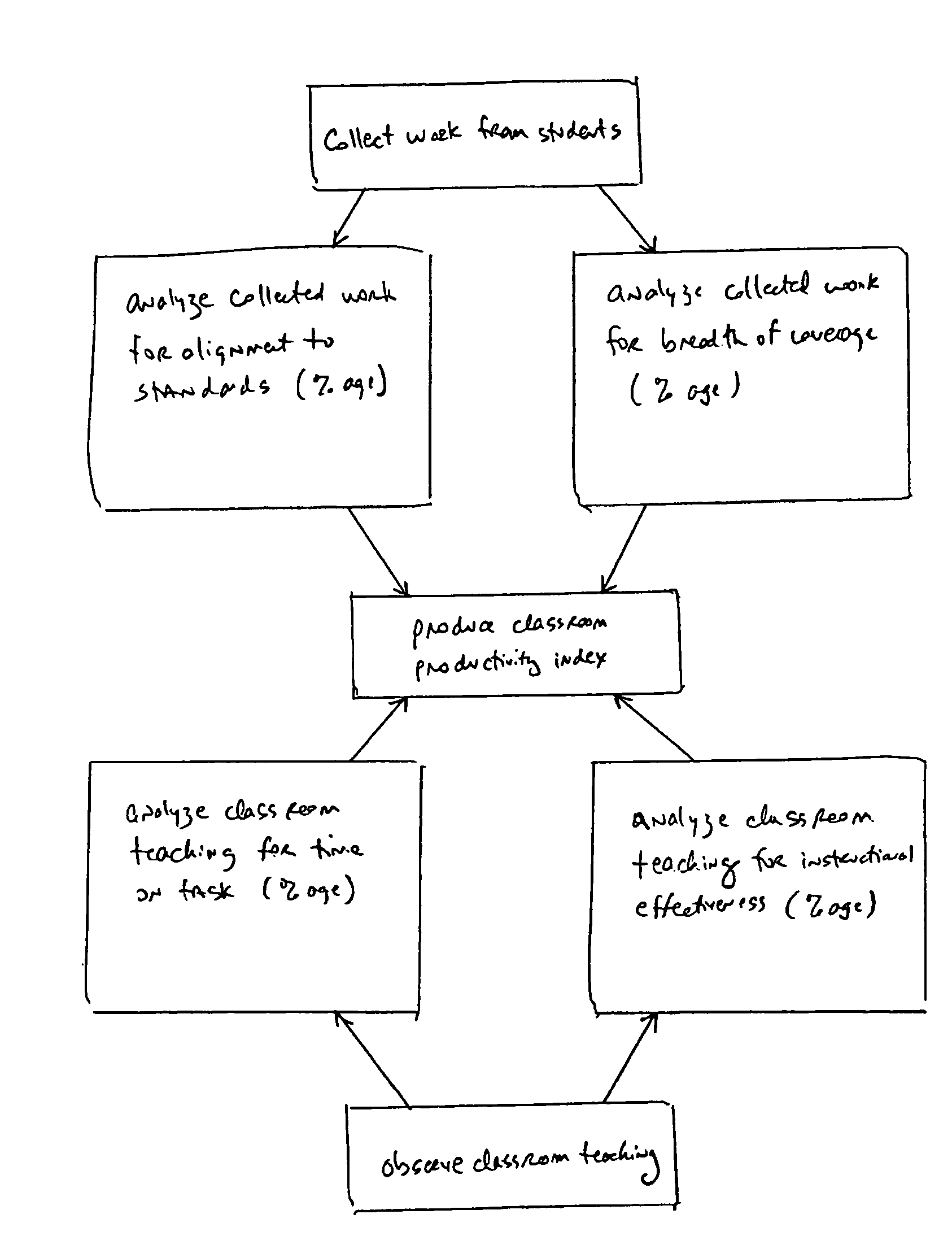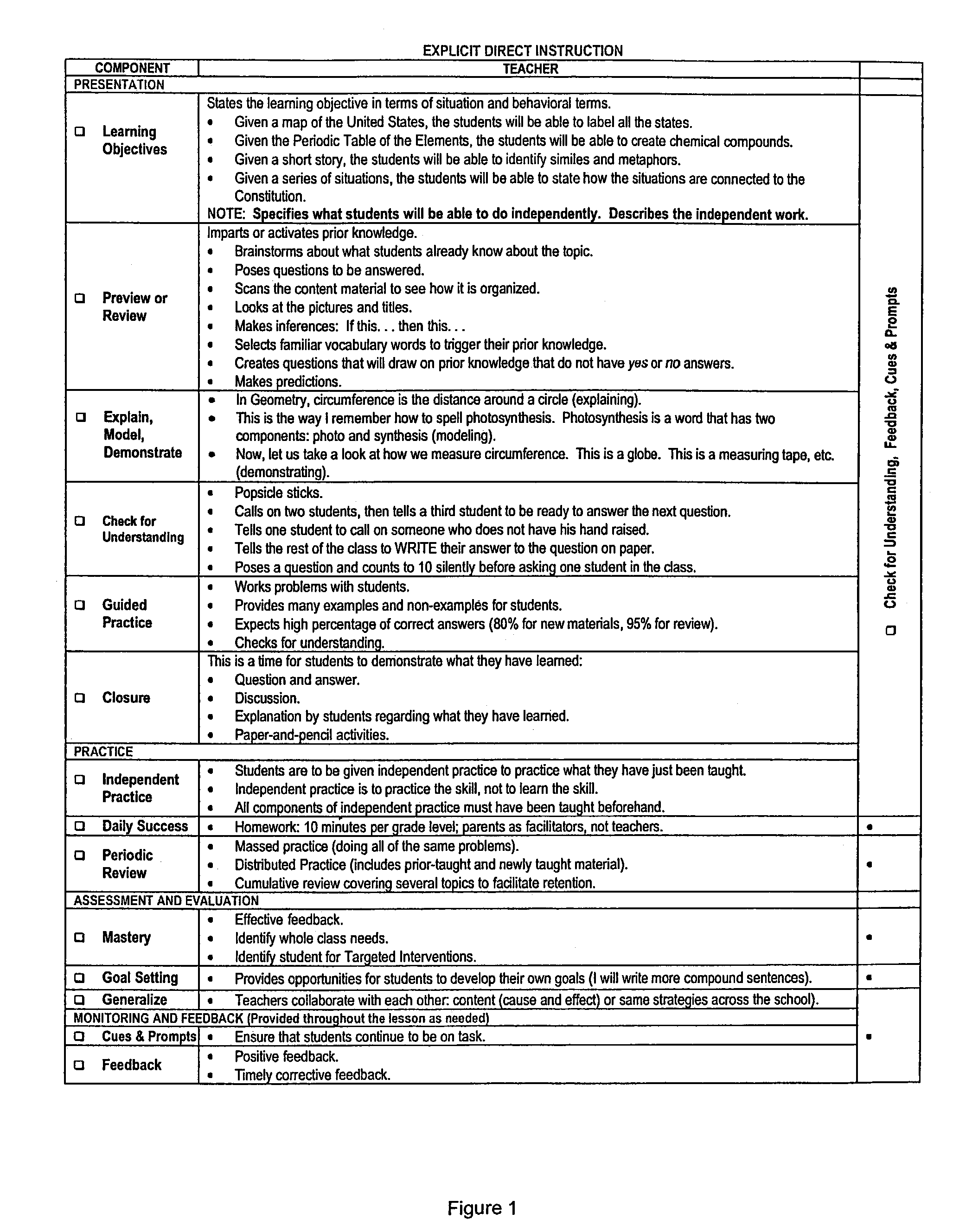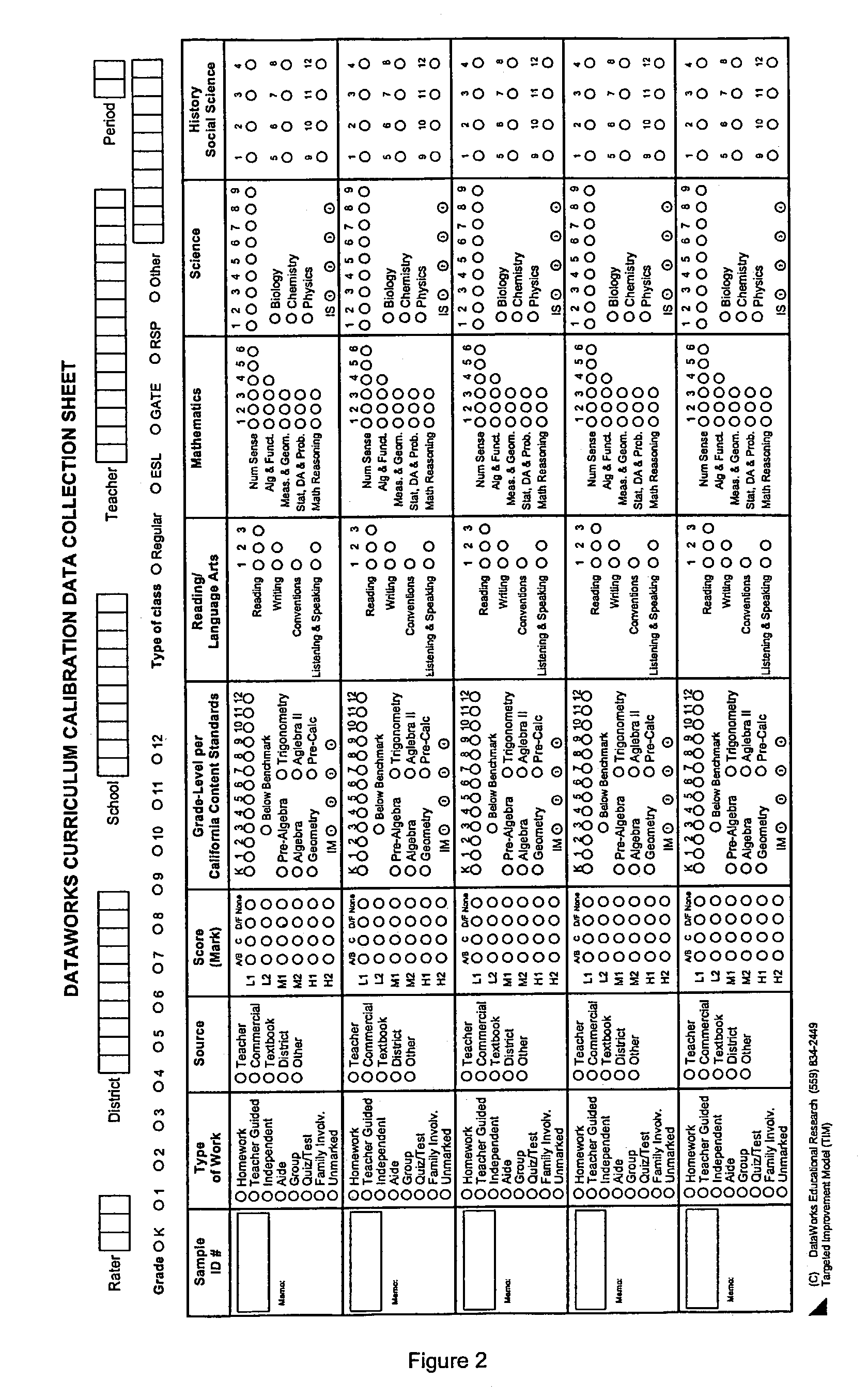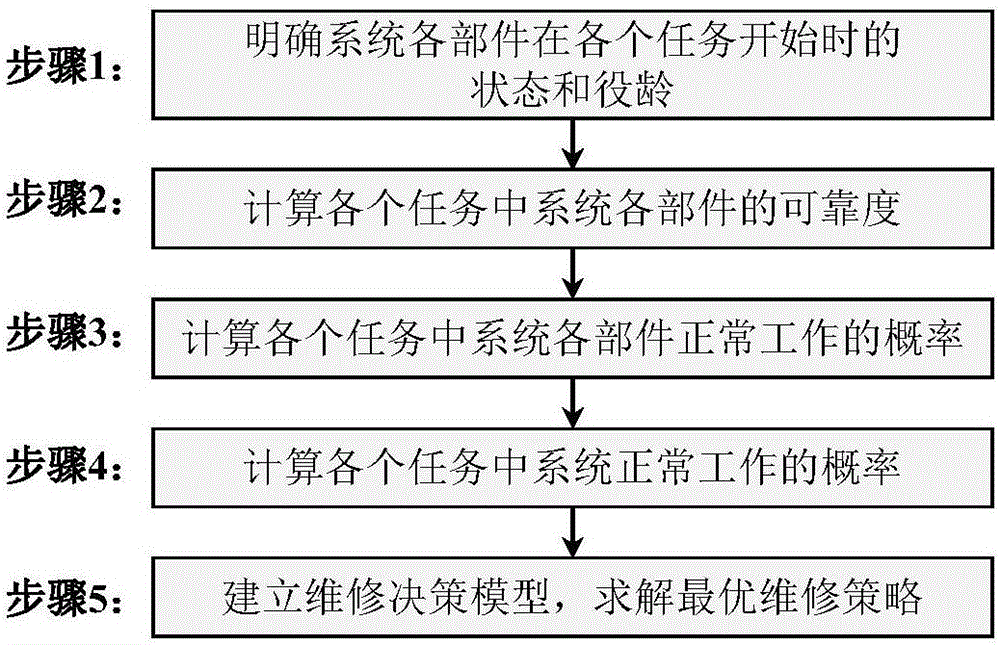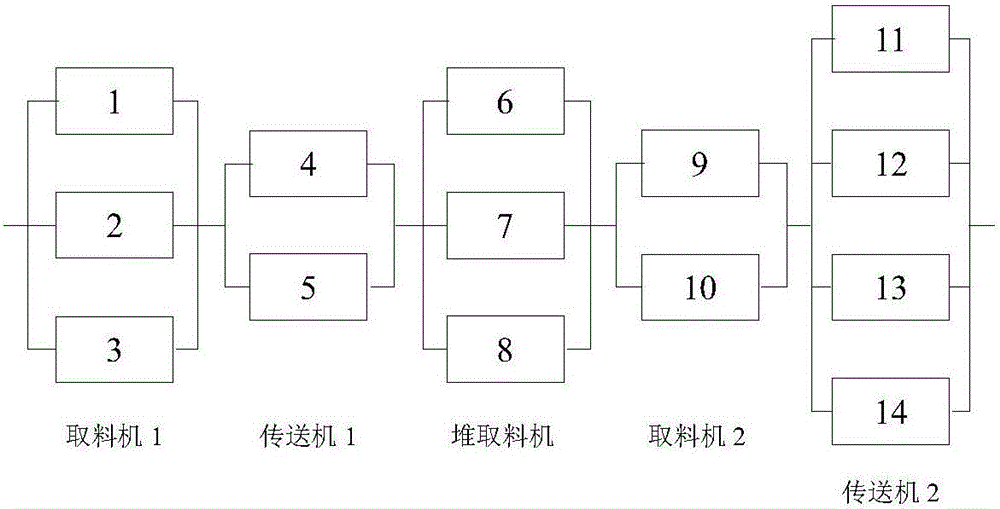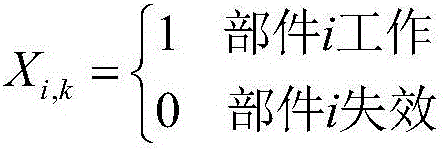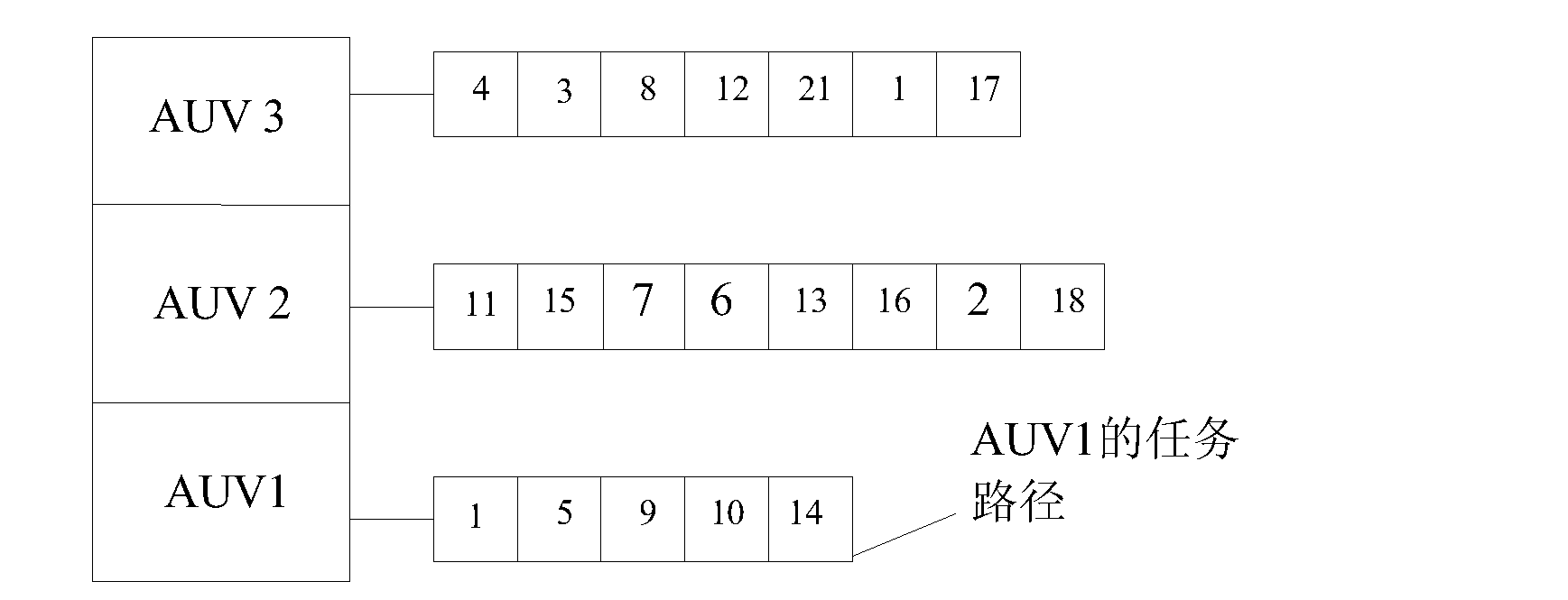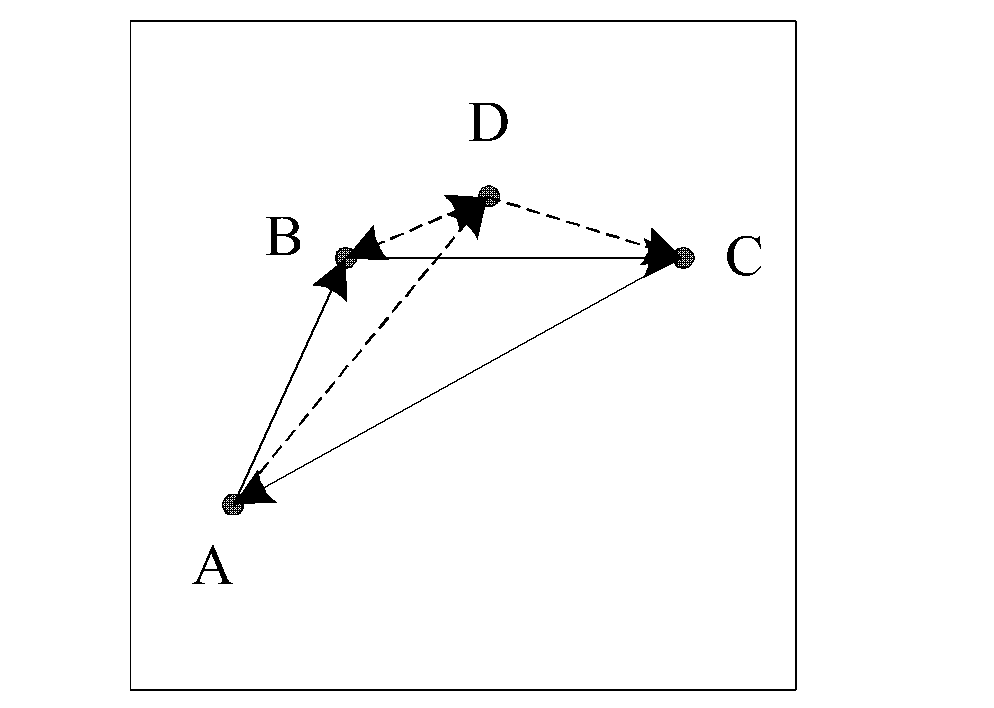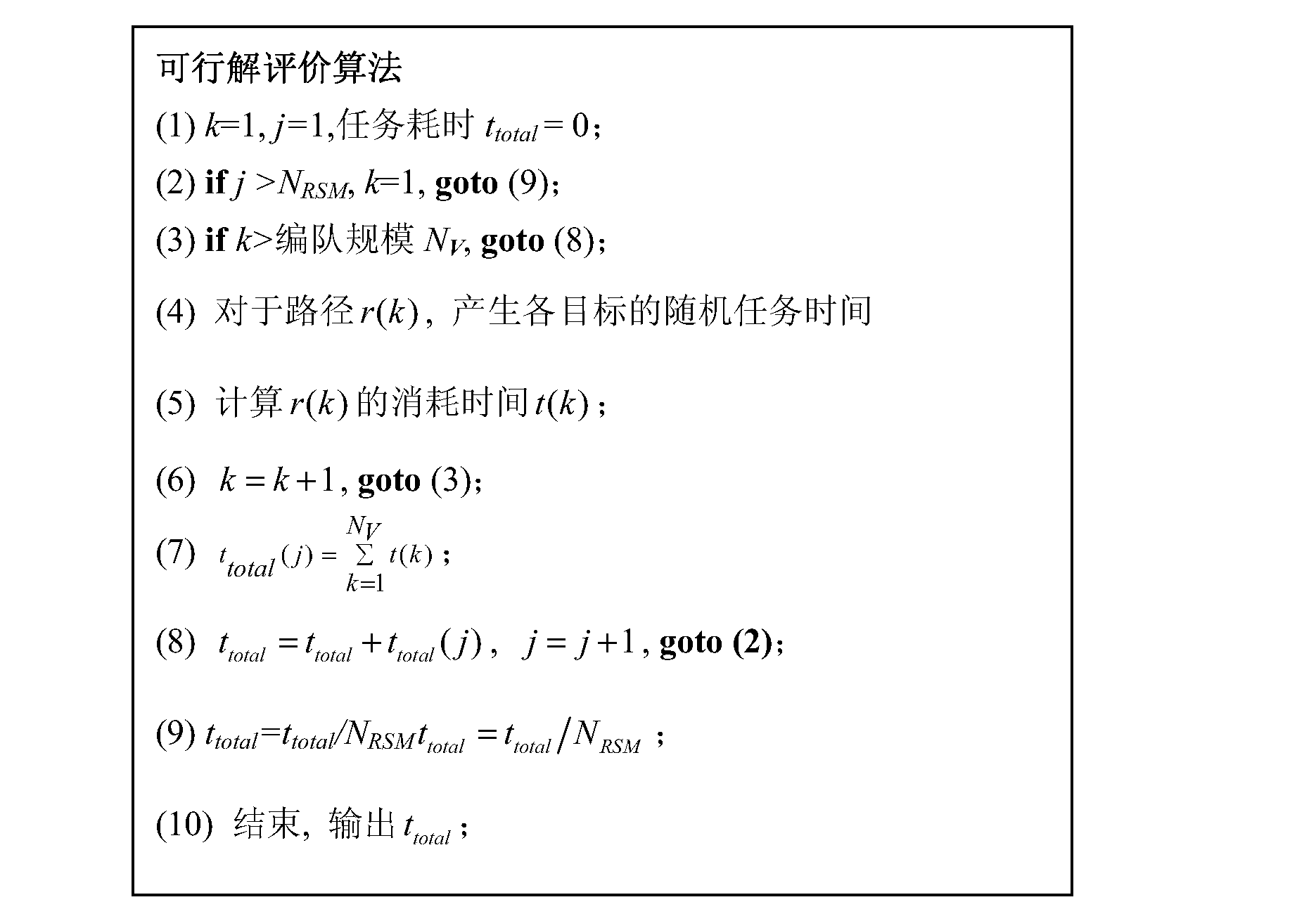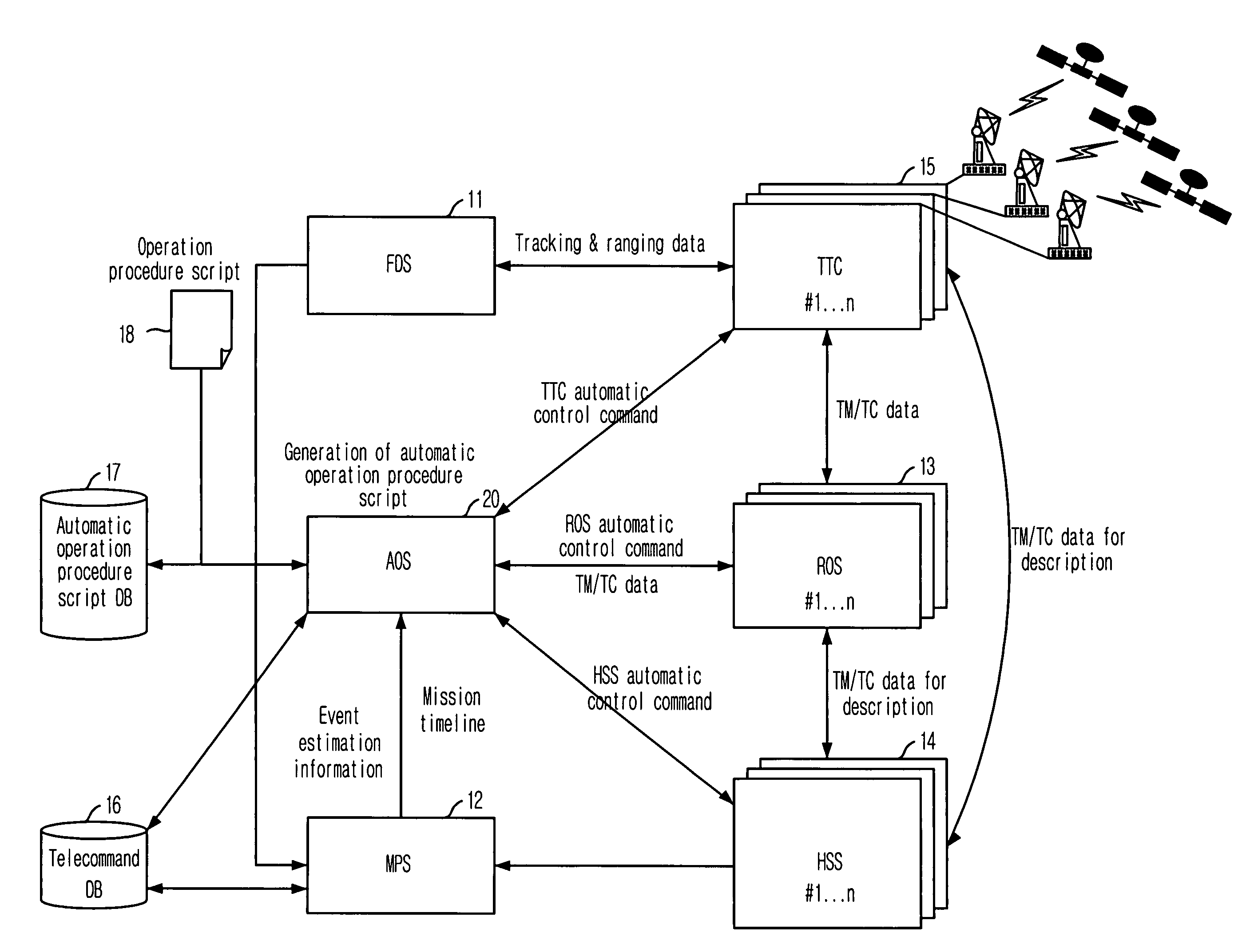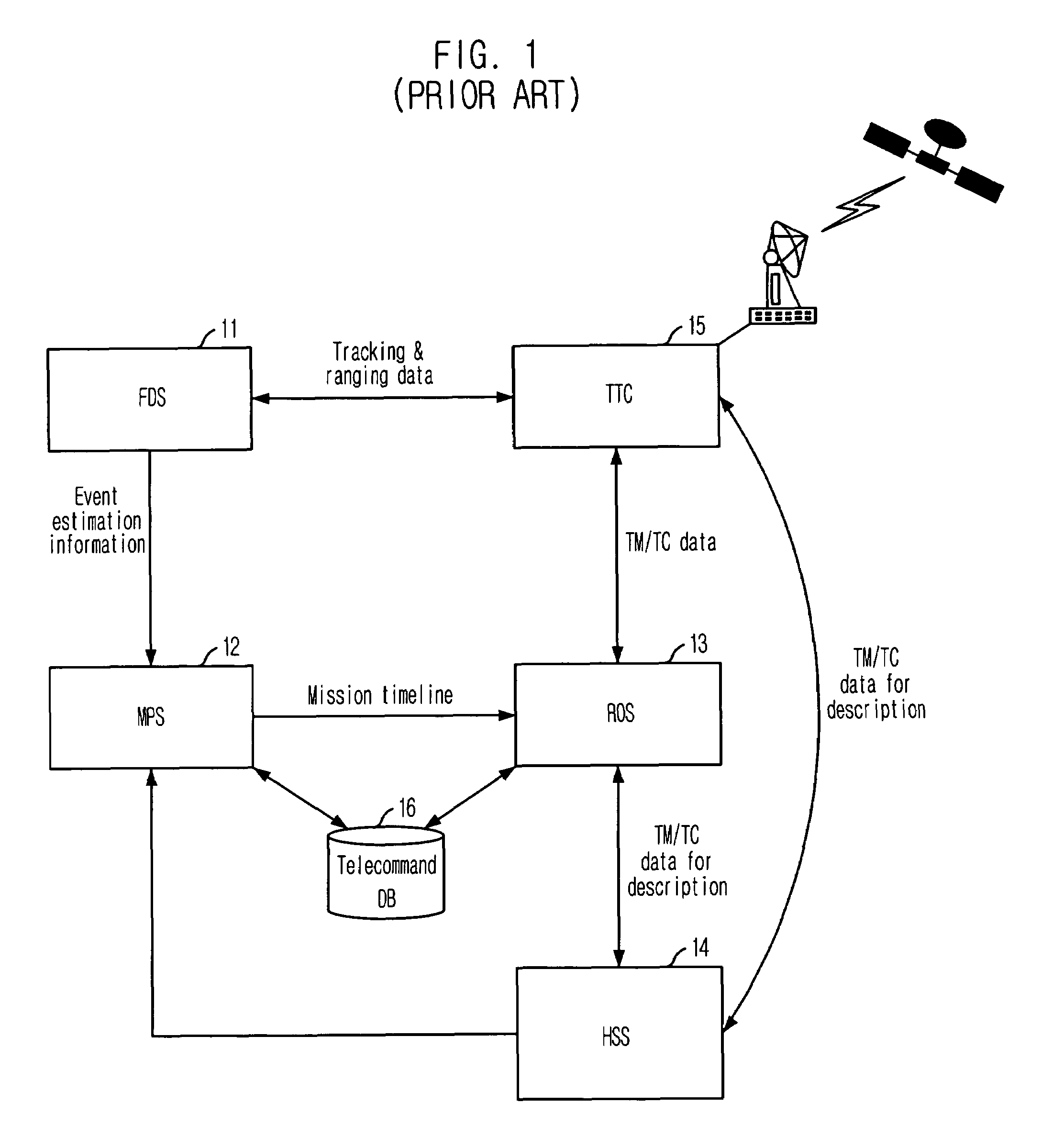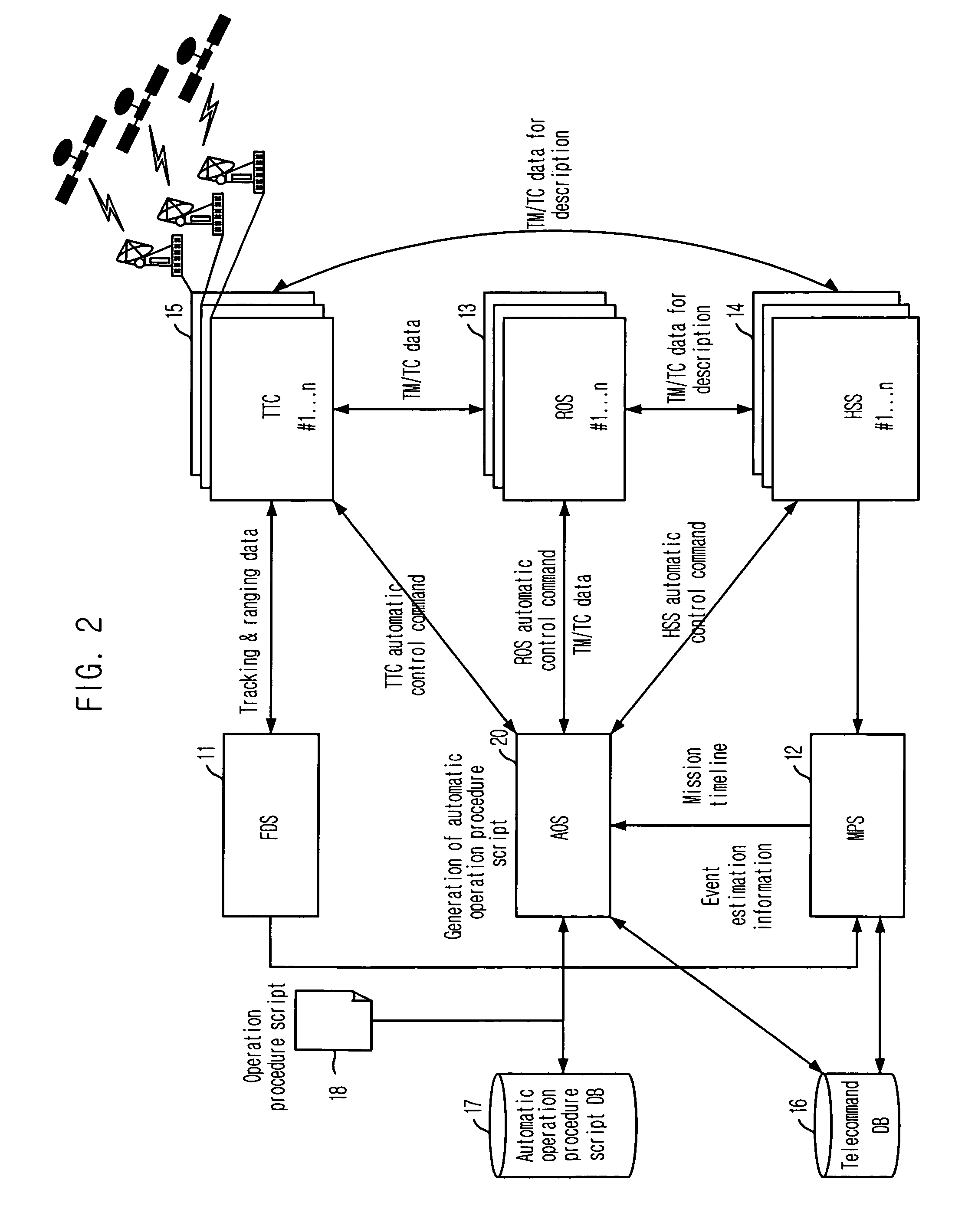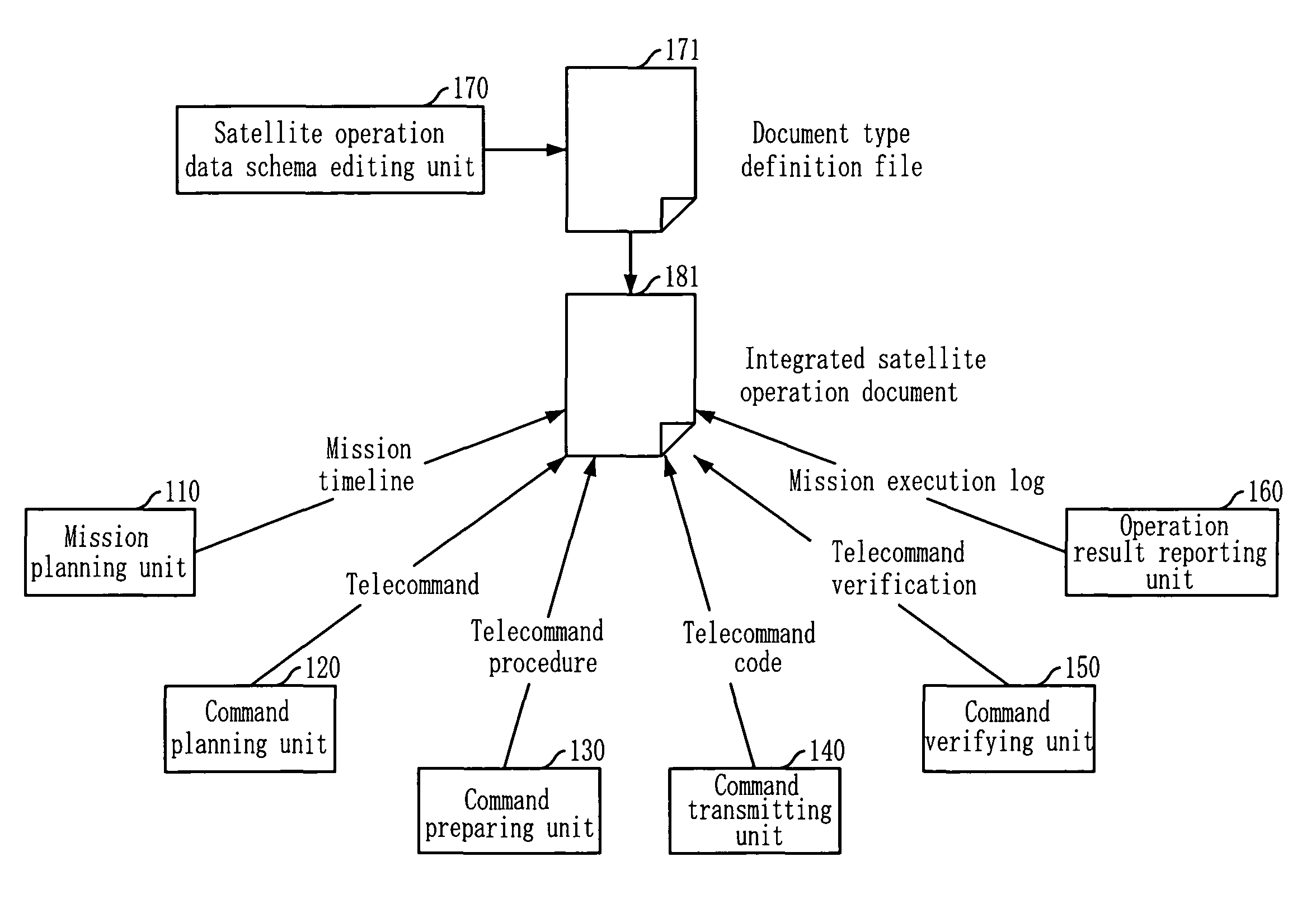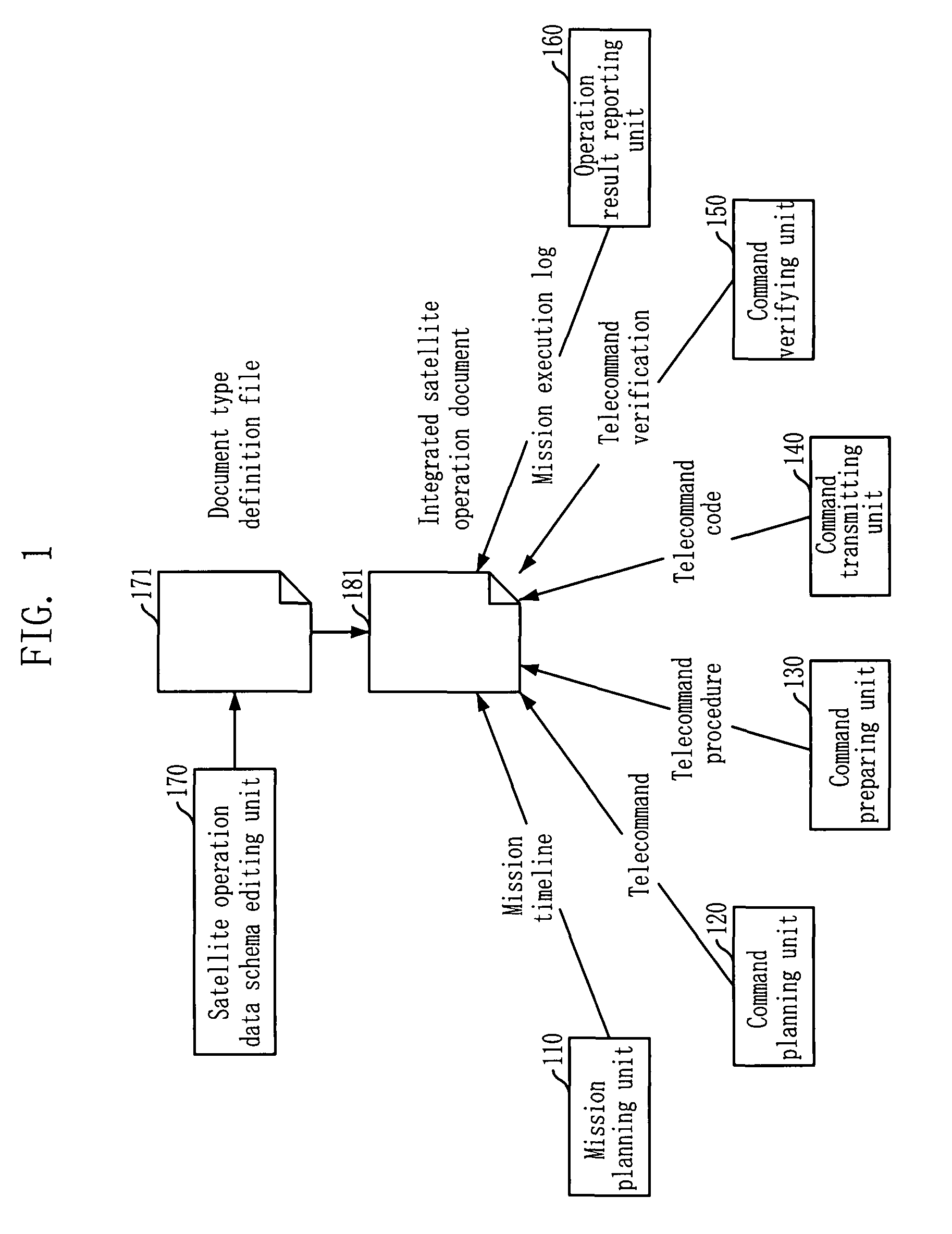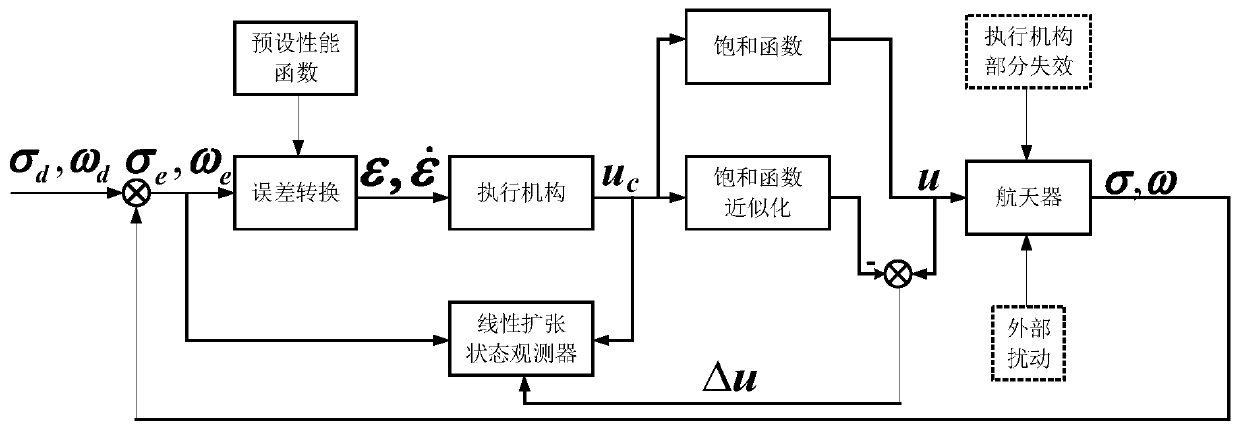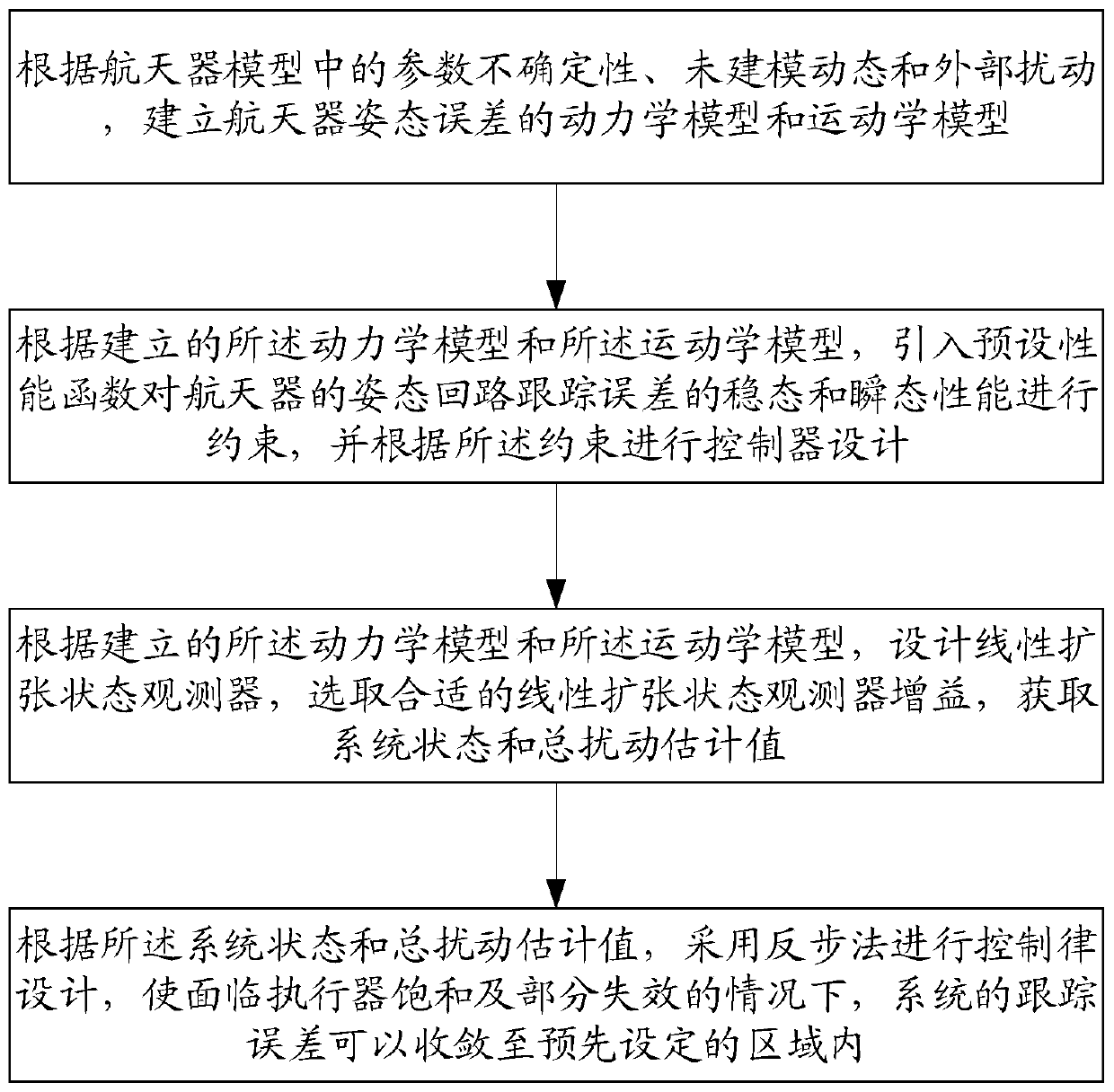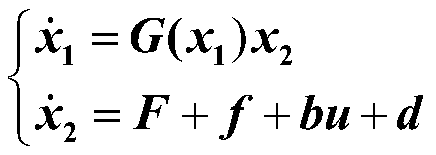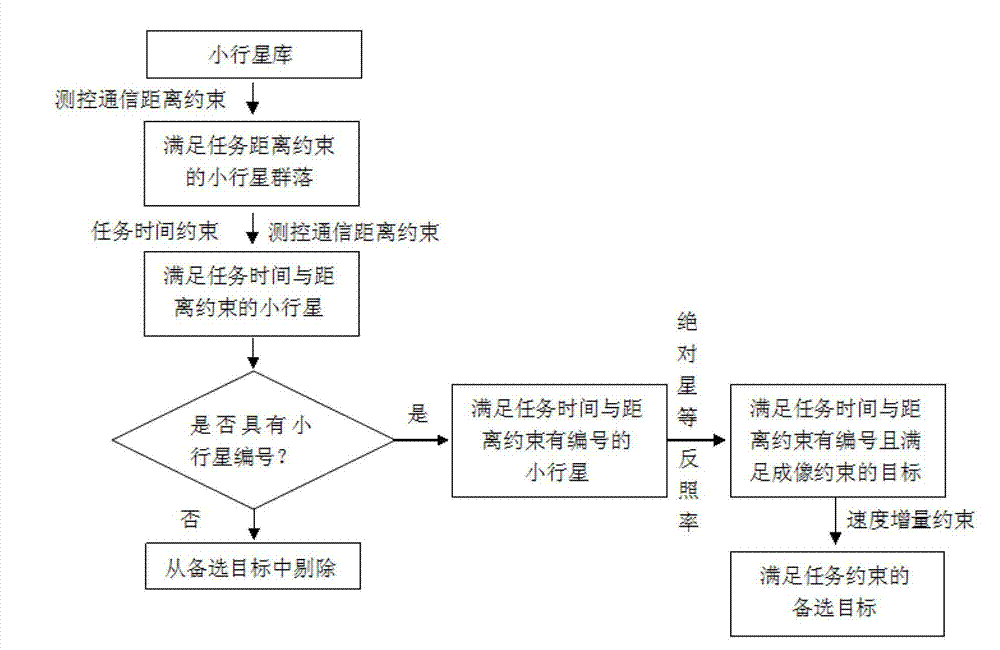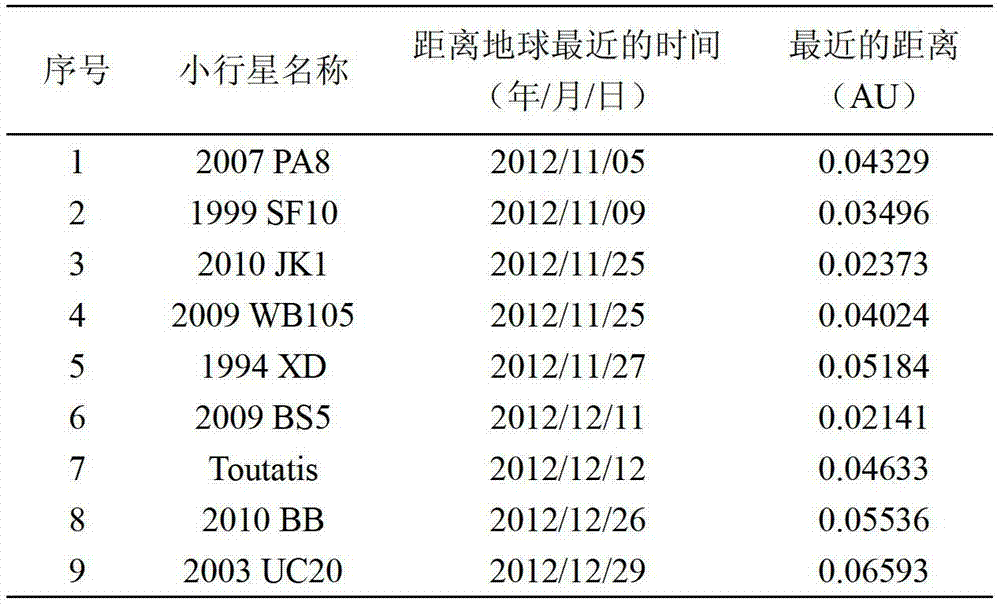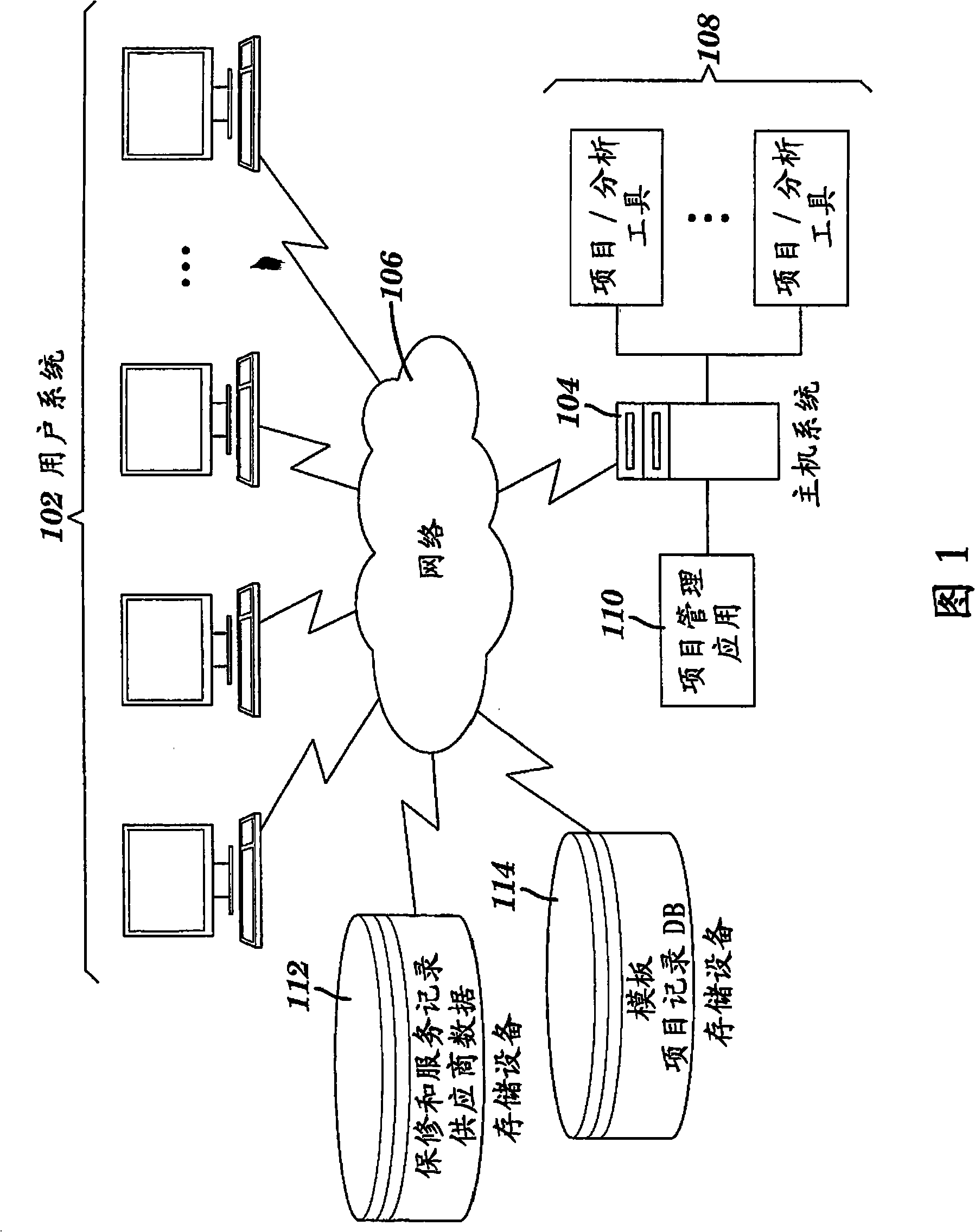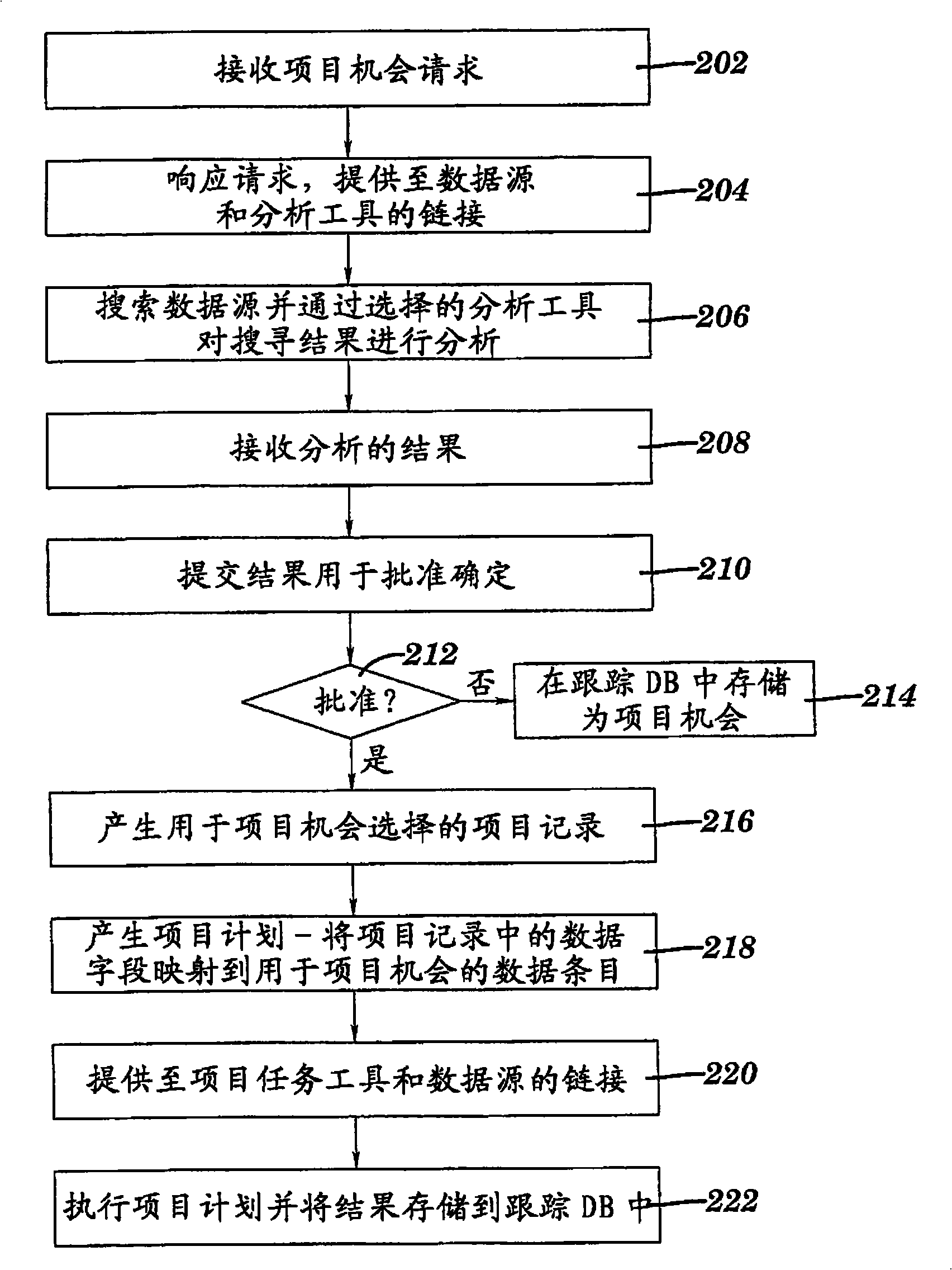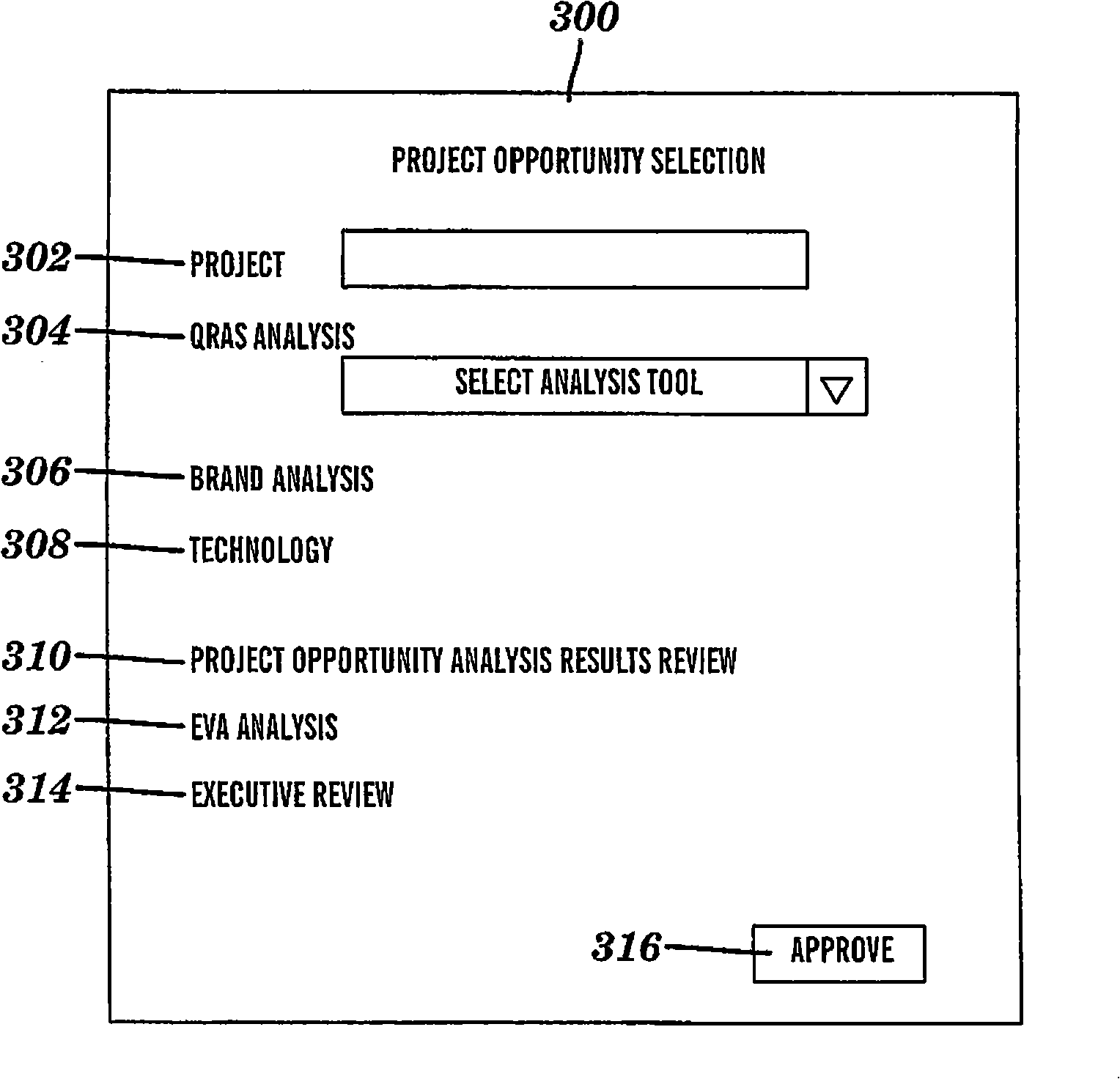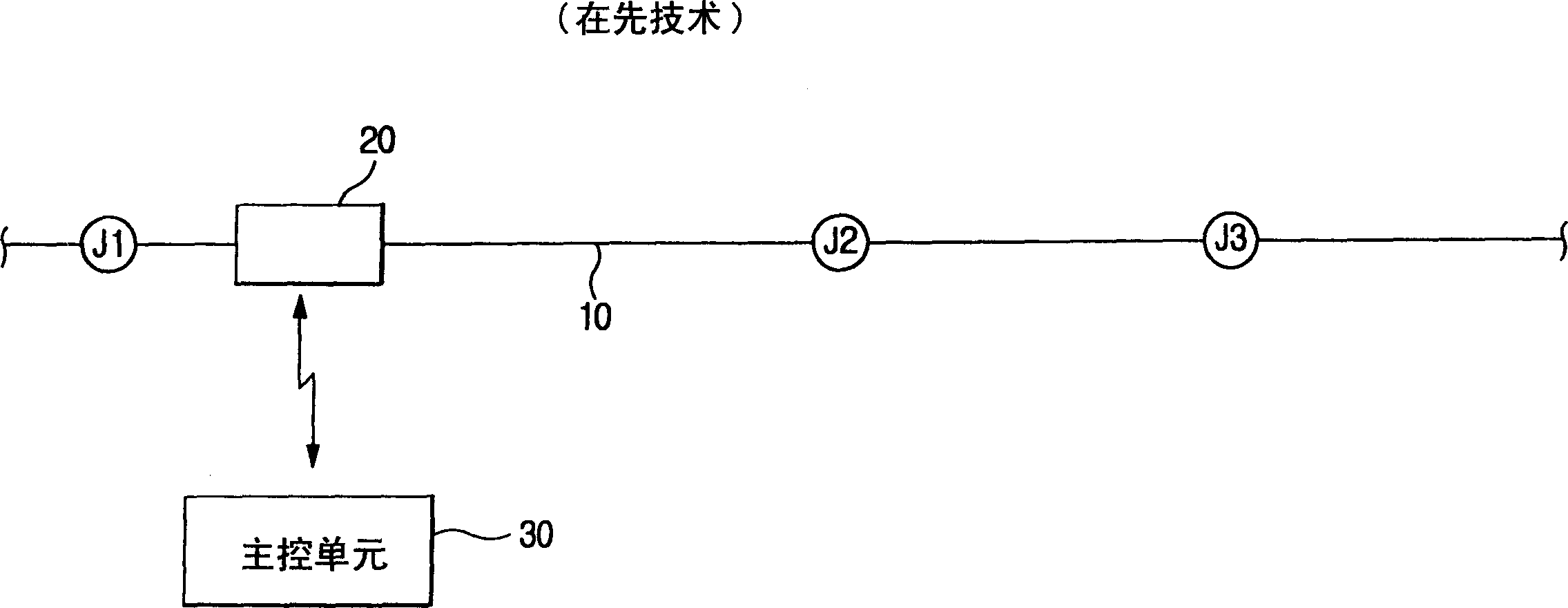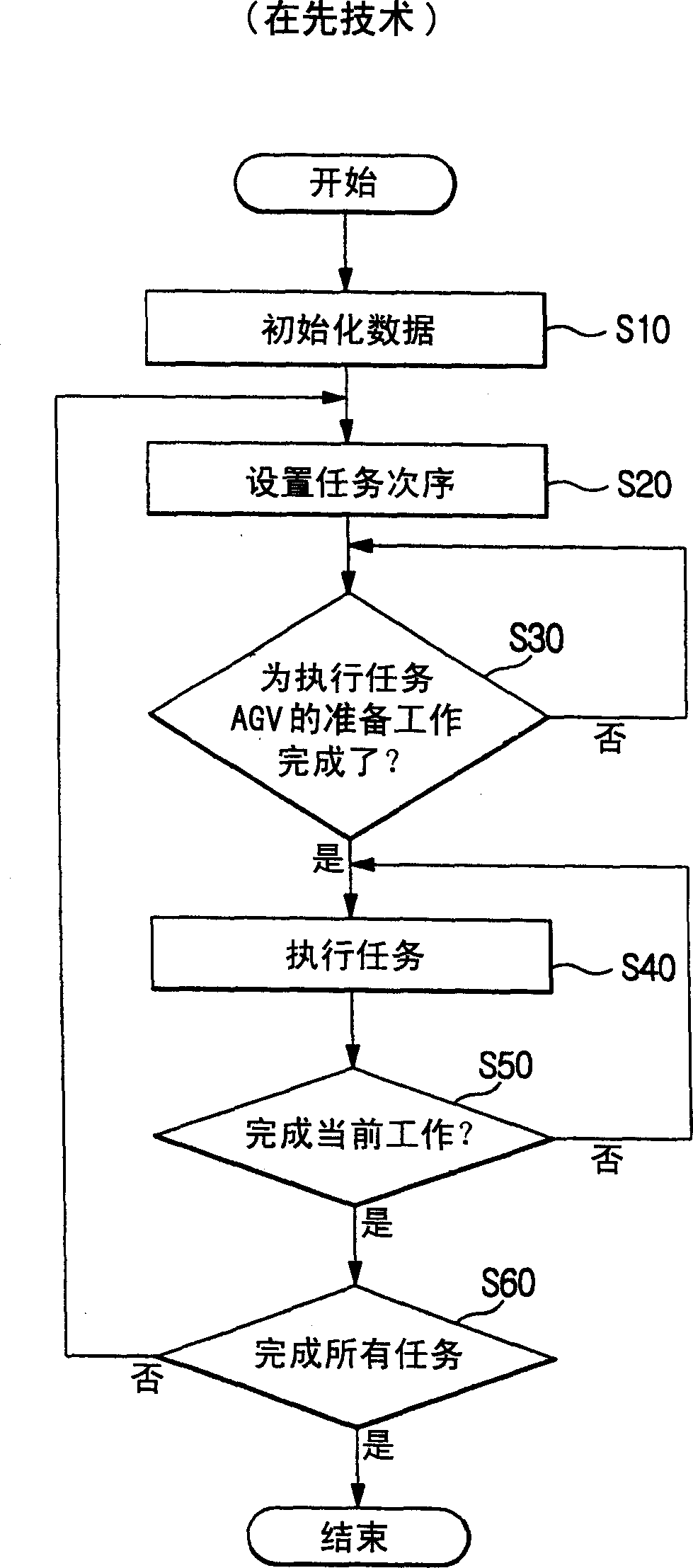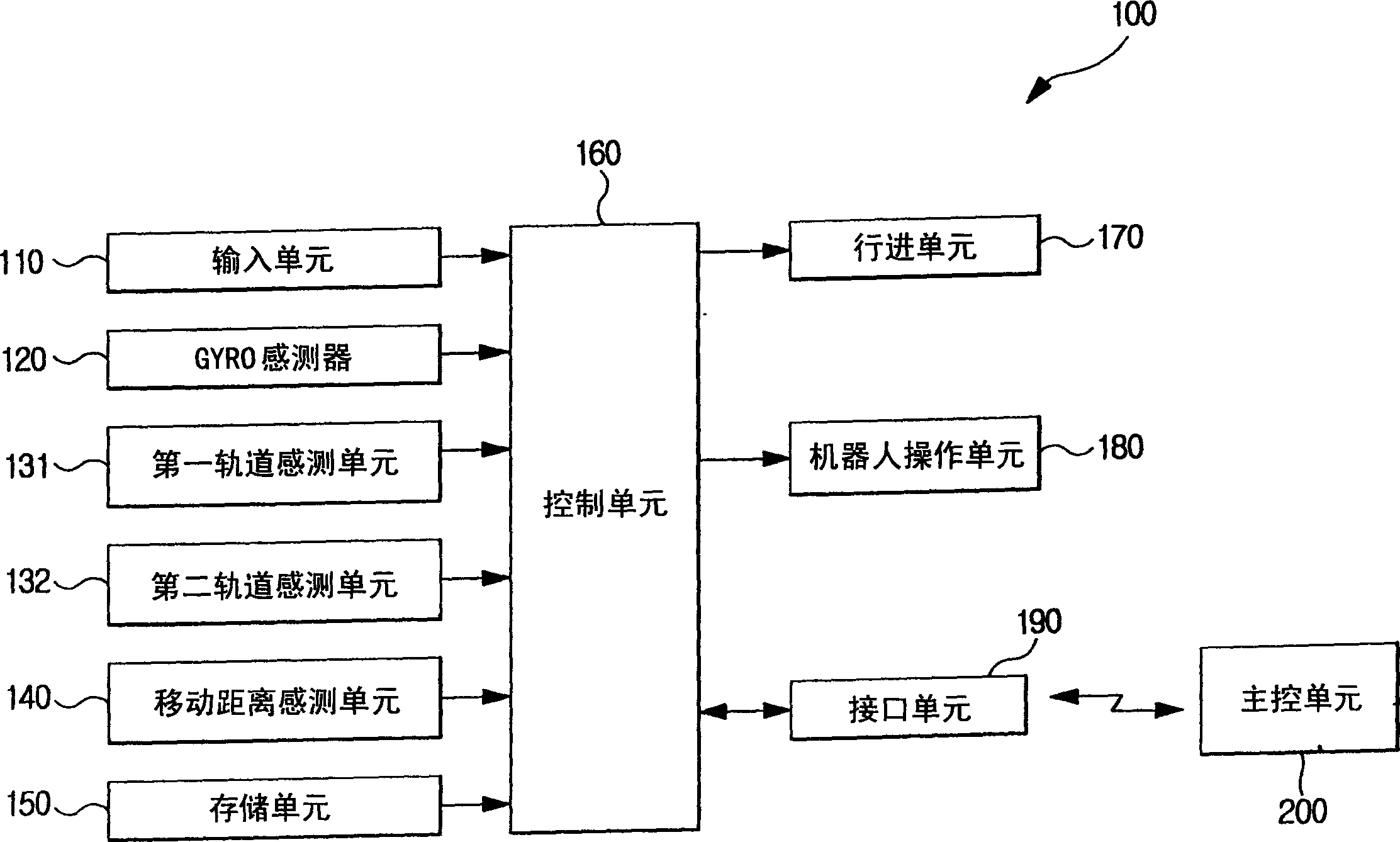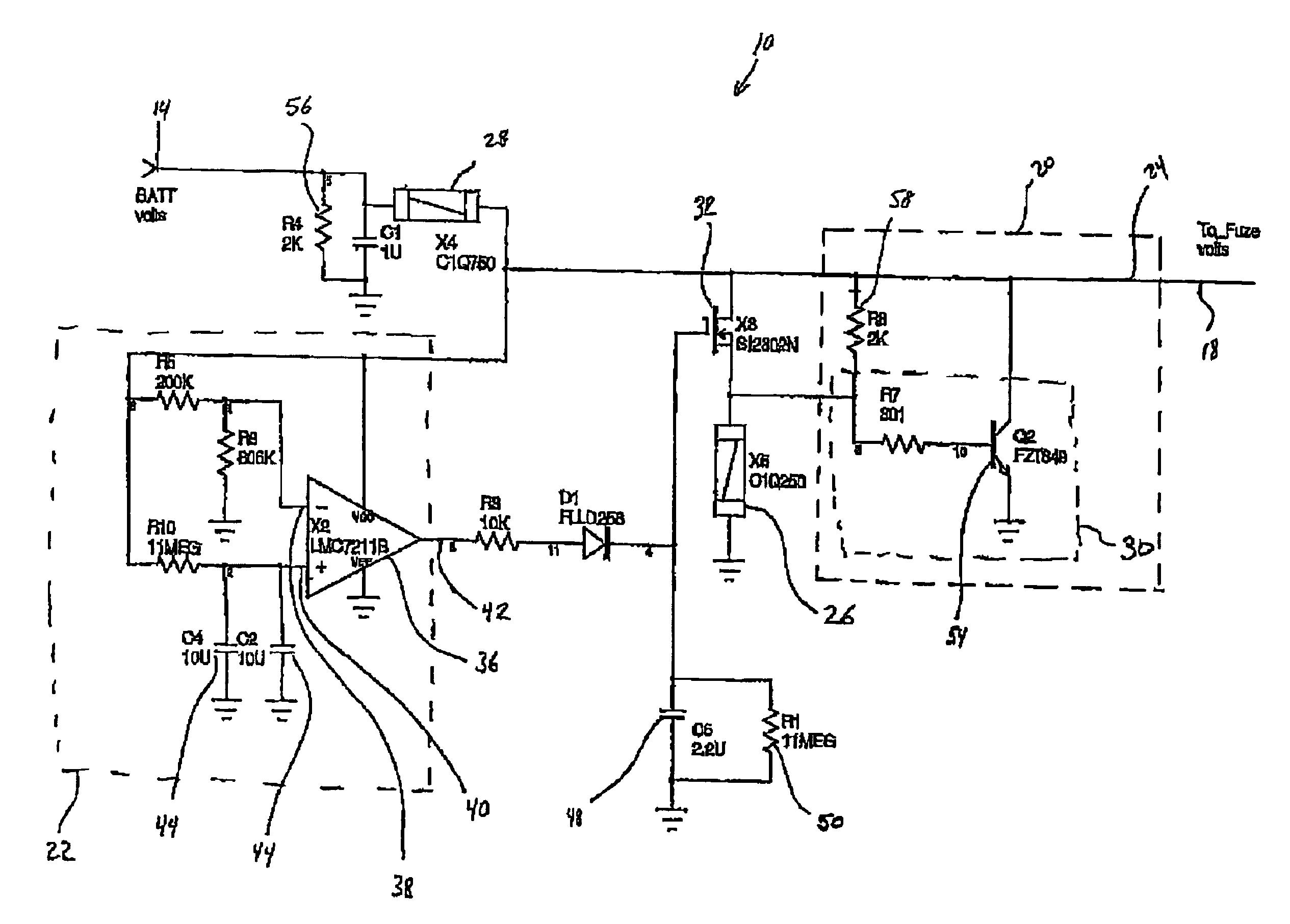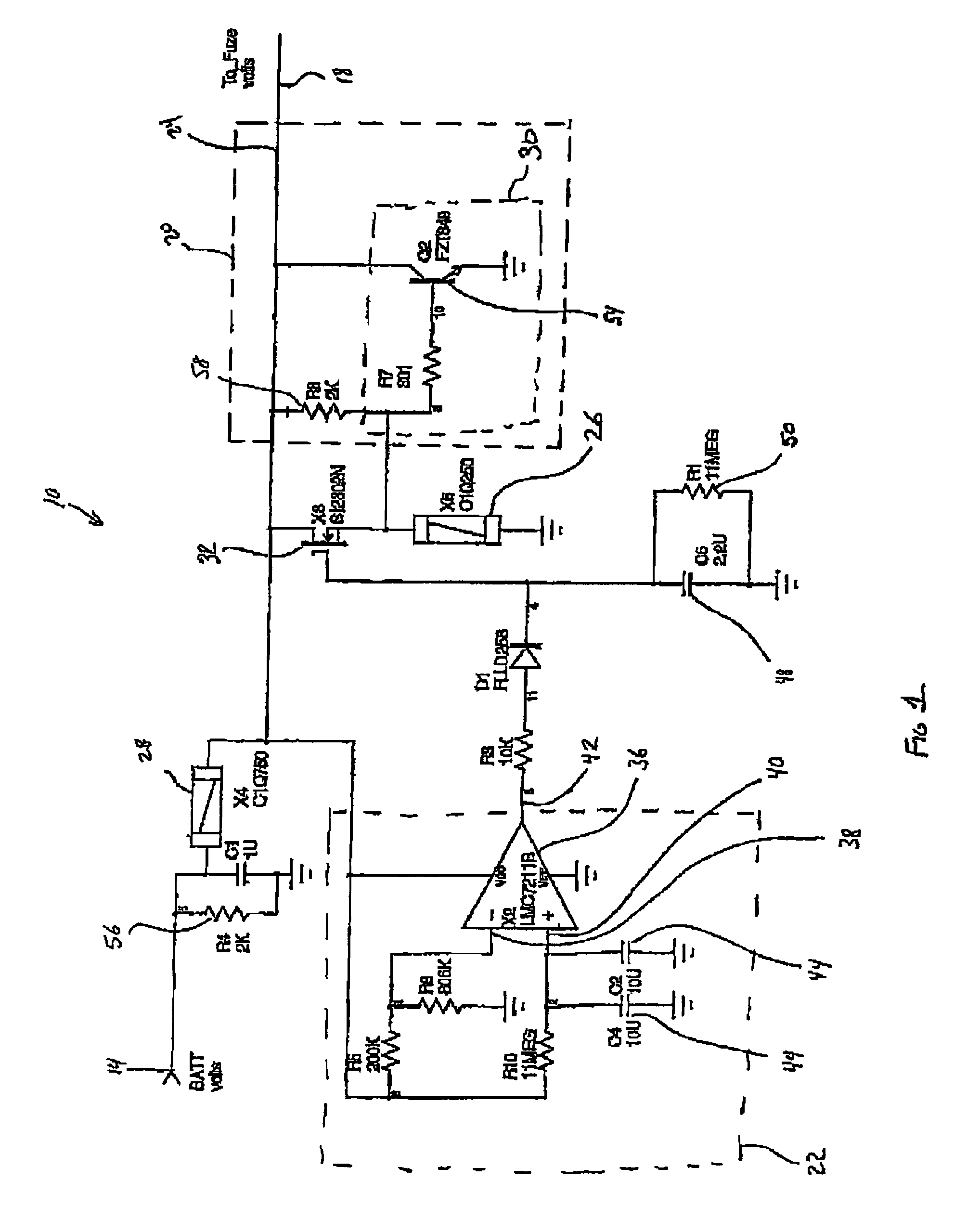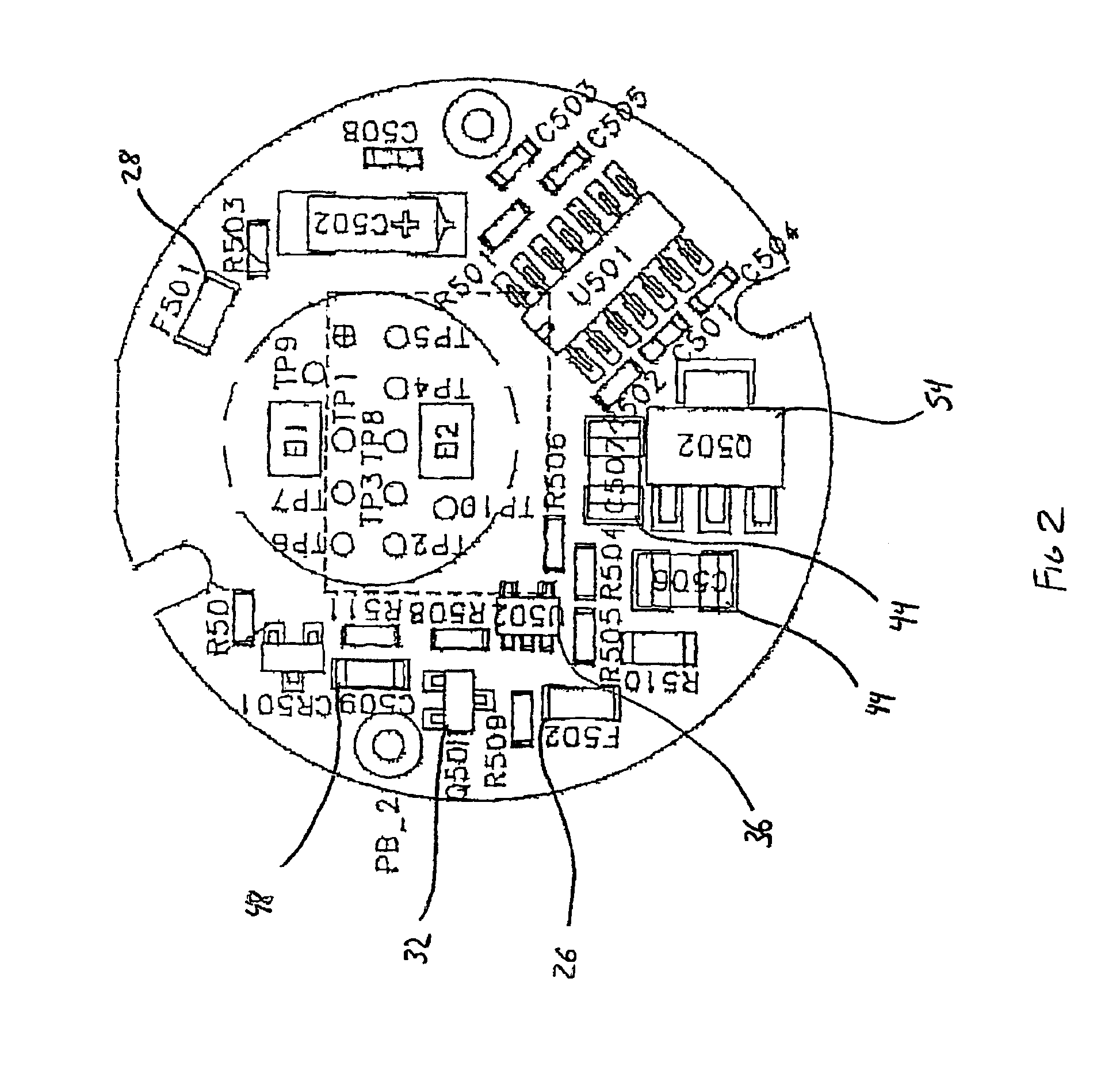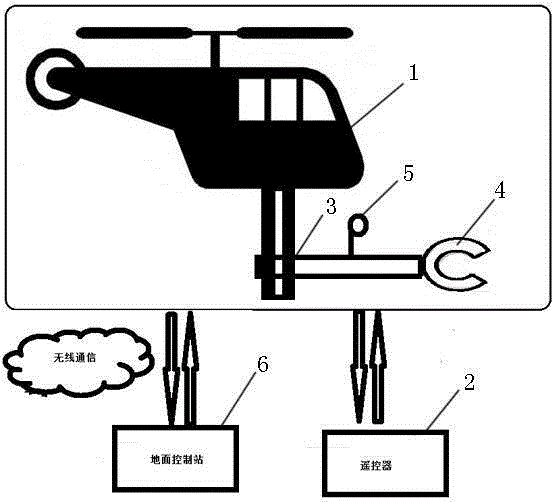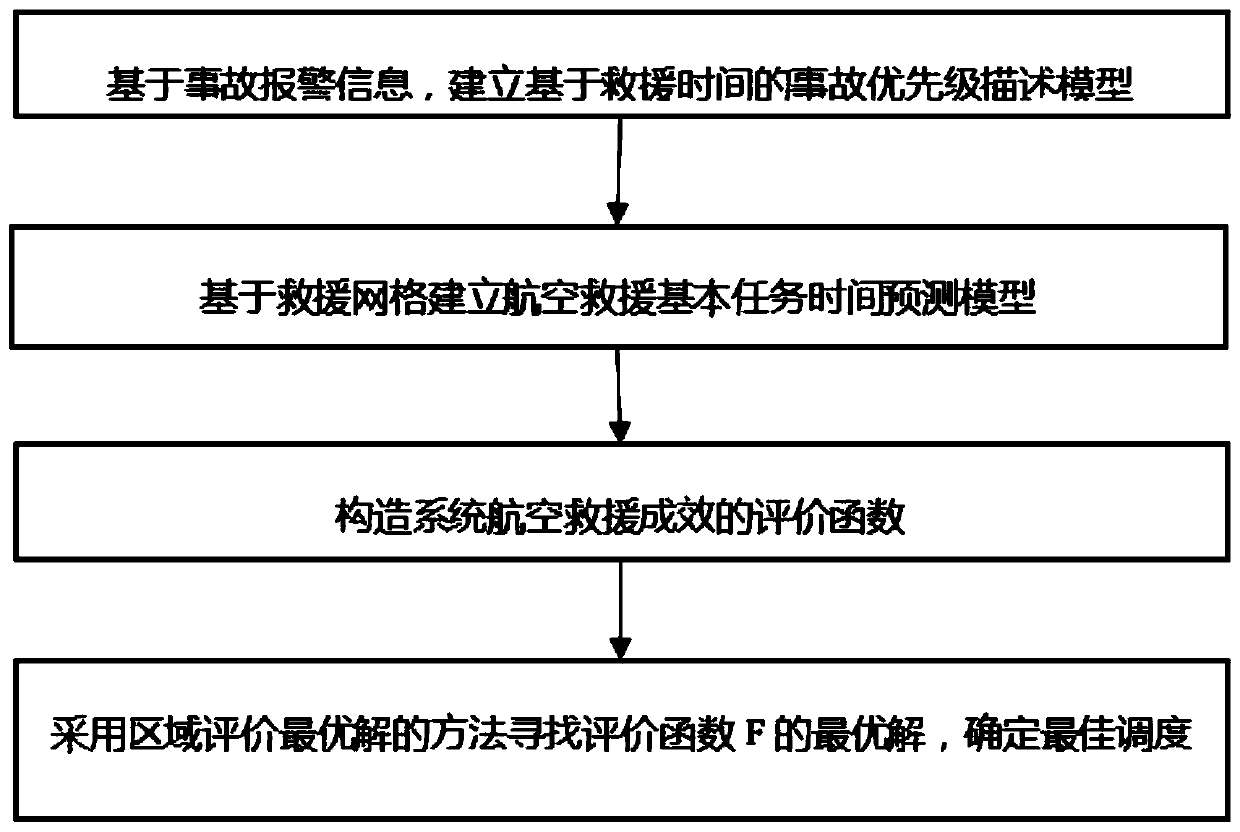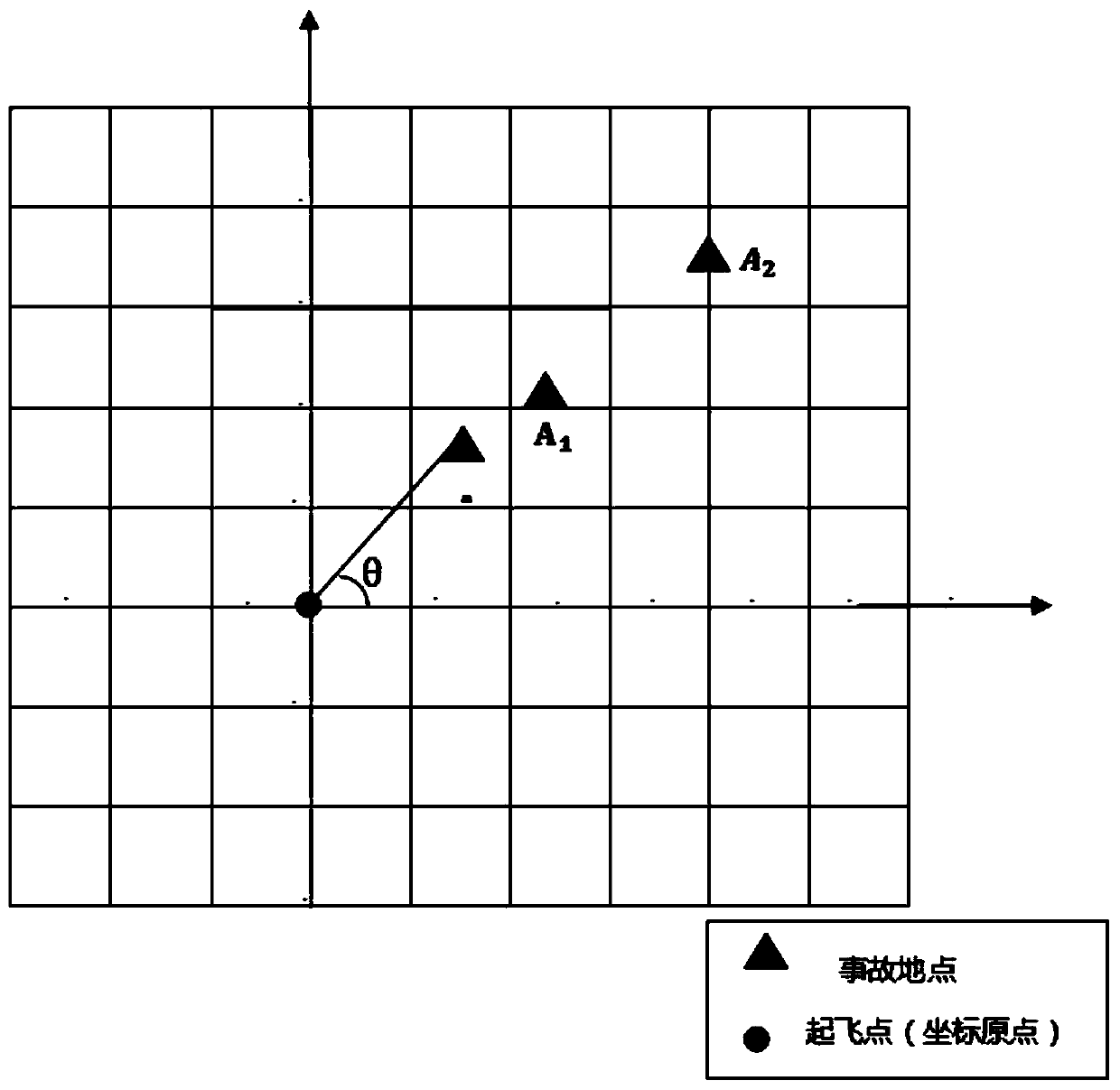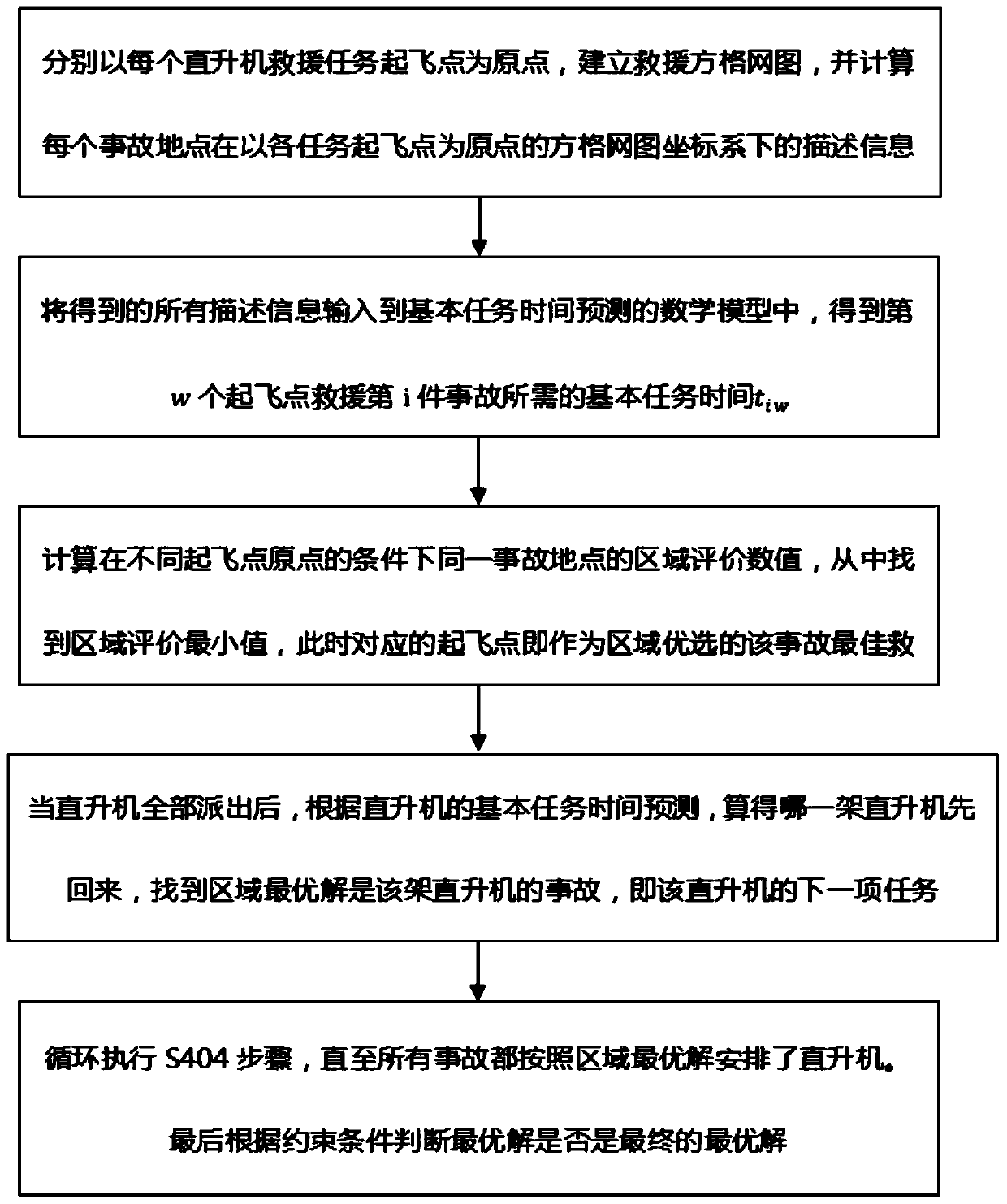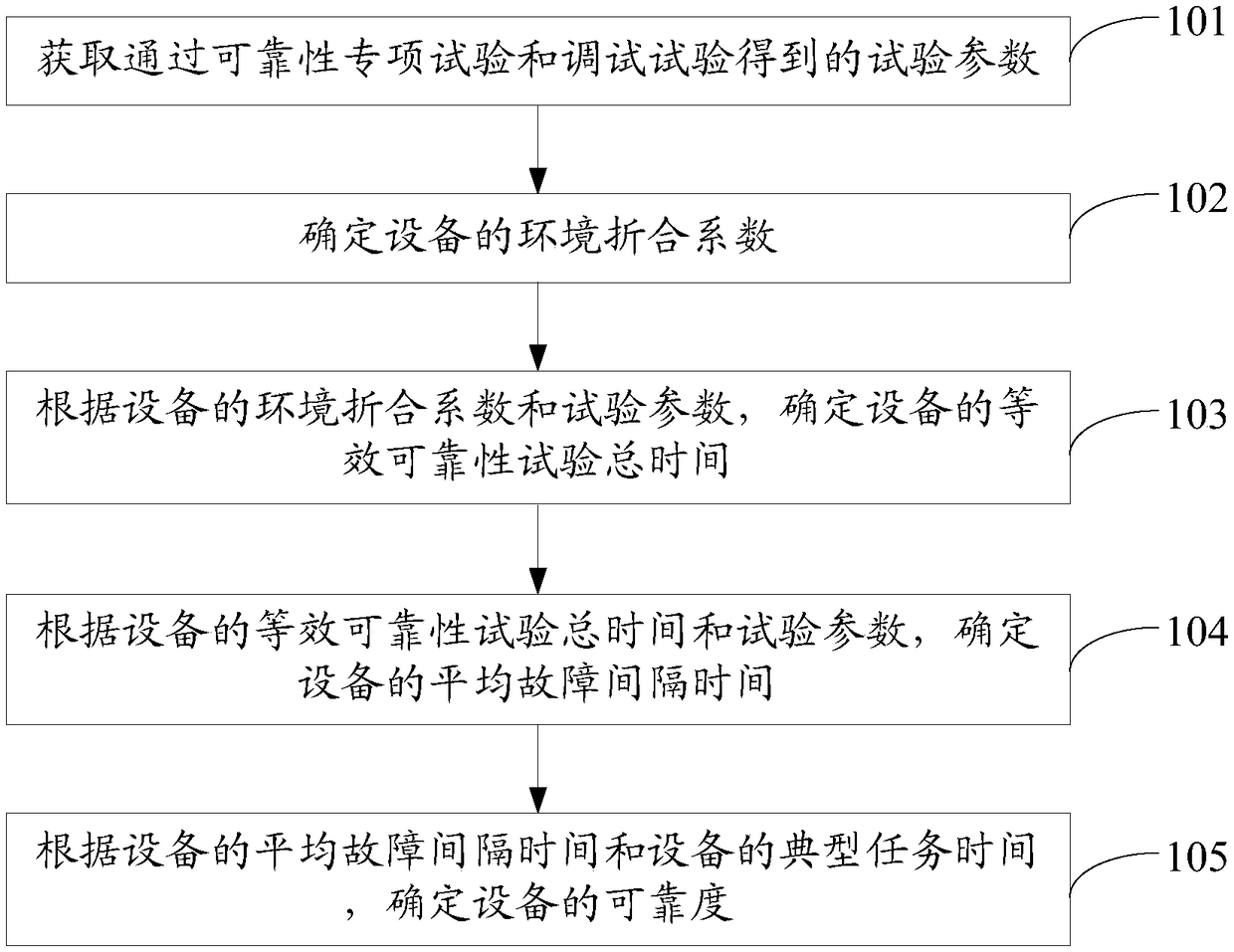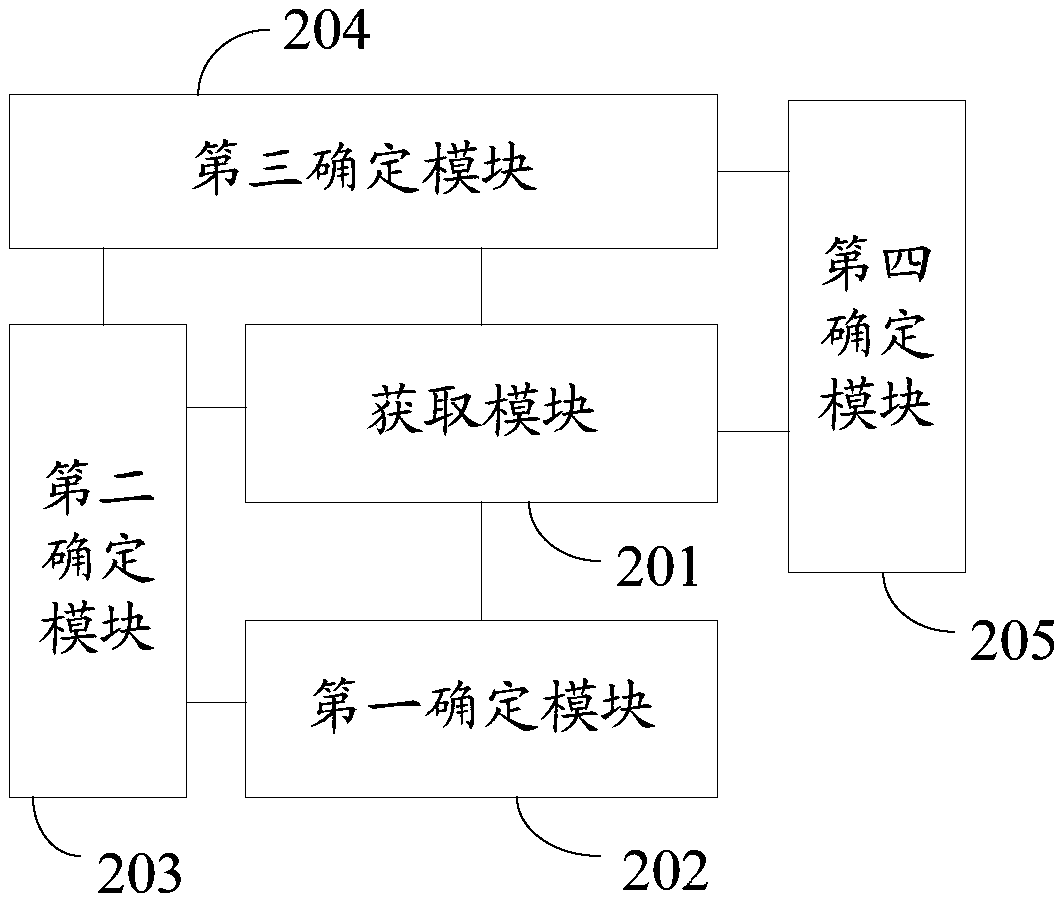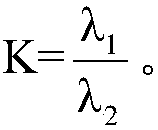Patents
Literature
Hiro is an intelligent assistant for R&D personnel, combined with Patent DNA, to facilitate innovative research.
67 results about "Mission time" patented technology
Efficacy Topic
Property
Owner
Technical Advancement
Application Domain
Technology Topic
Technology Field Word
Patent Country/Region
Patent Type
Patent Status
Application Year
Inventor
Quantitative risk assessment system (QRAS)
A quantitative risk assessment system (QRAS) builds a risk model of a system for which risk of failure is being assessed, then analyzes the risk of the system corresponding to the risk model. The QRAS performs sensitivity analysis of the risk model by altering fundamental components and quantifications built into the risk model, then re-analyzes the risk of the system using the modifications. More particularly, the risk model is built by building a hierarchy, creating a mission timeline, quantifying failure modes, and building / editing event sequence diagrams. Multiplicities, dependencies, and redundancies of the system are included in the risk model. For analysis runs, a fixed baseline is first constructed and stored. This baseline contains the lowest level scenarios, preserved in event tree structure. The analysis runs, at any level of the hierarchy and below, access this baseline for risk quantitative computation as well as ranking of particular risks. A standalone Tool Box capability exists, allowing the user to store application programs within QRAS.
Owner:NAT AERONAUTICS & SPACE ADMINISTATION U S GOVERNMENT AS REPRESENTED BY THE ADMINISTATOR +1
Task and Workflow Management System for Healthcare and other Applications
InactiveUS20070129983A1Improve matchData processing applicationsHealthcare resources and facilitiesMission timeTask management
A task management system uses patient tags (e.g., wireless RFID, Infrared tracking, GPS etc.) for patient location tracking, together with an integrated workflow system to automatically, track patient location how long they have been there and how many patients are at the same location (e.g., waiting room) and manages waiting time and an overall waiting queue, supporting automated adjustment of healthcare staffing, patient flows, and team coordination. A task management system for use in providing healthcare to a patient includes a patient tracking processor and a workflow processor. The patient tracking processor automatically acquires data derived by wireless communication from patient attached tag devices for use in identifying a location of multiple patients in a healthcare enterprise and identifying a first number of patients at a particular location and a second number of patients awaiting receiving a particular type of treatment. The workflow processor automatically initiates a patient load balancing activity to improve a match between a healthcare resource and a patient load by communicating a message to update a healthcare worker task schedule with a task in response to a determination the identified first or second number of patients exceeds a predetermined threshold number.
Owner:SIEMENS AG
Automatic planning and cueing system and method
InactiveUS7027996B2MaximizationImprove variationComputer controlSimulator controlUser needsStart time
A method for automatically planning is provided, comprising the steps of receiving a plurality of tasks that a user needs to perform, each task having an earliest start time, a latest stop time, a duration for completing the event and a reward value for completing the event, the tasks including a fixed task having the duration being equal to the time period between the earliest start time and the latest stop time and a floating task having a duration that is less than the time period between the earliest start time and the latest stop time, arranging said fixed task into a plan for the user based on the earliest start time, duration and reward of the fixed task, determining an actual start time for the floating task within the time period between the earliest start time and the latest stop time based on the earliest start time and duration of the fixed task, and arranging said floating task into the plan for the user based on the selected actual start time and the reward of the floating task. A system for automatically planning a series of events into a plan is also provided.
Owner:ATTENTION CONTROL SYST
Risk-aware contingency flight re-planner system and related method
ActiveUS8843303B1Analogue computers for vehiclesInstruments for road network navigationDecision makerBiological activation
A method and related system is disclosed for risk-aware contingency flight re-planning of a vehicle's pre-planned route. The system receives a desired Risk Tolerance Level (RTL) for the pre-planned route from a decision maker. As a mission time progresses, changing threats pose an unknown level of risk to the vehicle and crew. The system receives an unplanned threat to mission success of the vehicle and qualifies the received unplanned threat with a Risk Type (RT). The system generates and evaluates possible 4-D re-routes based on the RTL and RT coupled with physical attributes of the possible 4-D re-route. Additionally, the re-planner associates a cost to each of the possible 4-D re-routes and presents ranked possibilities to the decision maker for selection and activation.
Owner:ROCKWELL COLLINS INC
Automatic operation system and method for automating satellite control operation and satellite ground control system using the same
InactiveUS20060100752A1Simple processOperation efficiency can be improvedCosmonautic vehiclesInstruments for comonautical navigationOperational systemControl system
Provided are an automatic operation system for automating satellite control operation, a method thereof, and an automatic satellite ground control system using the same. The object of the present research is to provide an automatic operation system that can reduce operation manpower and cost by automatically operating an entire satellite ground control system, which requires a plurality of operators to be properly operated, all the times, a method thereof, and an automatic satellite ground control system using the same. The satellite ground control system of the present research includes: a mission timeline receiving unit, an operation procedure editing unit, an operation procedure analyzing and code transforming unit, an operation procedure executing unit, a subsystem process state monitoring unit, and an access managing unit for providing interface with each of the subsystems.
Owner:ELECTRONICS & TELECOMM RES INST
Knowledge acquisition nexus for facilitating concept capture and promoting time on task
ActiveUS8488916B2Rapid capture and processingCapture is very time-consuming2D-image generationCharacter and pattern recognitionCamera phoneMission time
Owner:TERMAN DAVID S
System and Method for Automated Optimized Personal Task Scheduling and Targeted Advertising
The present invention describes mobile phone applications that include methods and systems which automatically schedule tasks from a dynamically-changing task list for efficient utilization of available time. Unlike the prior personal task scheduling systems, the proposed system uses optimization algorithms and computer programs when creating a time schedule of tasks. In order to schedule individual tasks, the system takes into account multiple constraints controllable by the user. Basic constraints include individual task's deadline, start-time, minimum and maximum time-chunks for task fragments, relative priority of tasks (in case of time-collision), etc. Further constraints may include user's general preferences regarding individual task or group of tasks. Specifically, preferences may include time-of-day (e.g., morning, evening), location (e.g., home, work, particular grocery store or chain, particular gym, park), etc. In order to schedule the tasks, the system considers the user's calendar information and regards scheduled time-slots in the calendar as unavailable time for task scheduling. The system also considers as unavailable user-defined time periods reserved for such activities as sleeping, eating, resting, etc., unless the task specifically involves such activities. Furthermore, the system is flexible in the sense that the user can choose not to follow the advised task schedule and reprioritize tasks at his / her will. The system contains other interactive features such as issuing various task alerts to the user, allows the user to decline / delegate tasks and visualization (e.g. based on color coding) of the task-list (based on the status of the tasks, for example, close to completion, cannot be delegated etc.). The allocation is adaptive, in that, the schedule is automatically updated as new tasks enter the system, after task completions, when task priorities are modified, and based on other user inputs such as task declining / delegation. Finally, the system can be operated in a networked mode in which joint tasks involving multiple users (and their calendars) can be scheduled. Since the system will store the calendared event times of each user in the server, a joint task among multiple users can be scheduled based on the superimposed calendars of the users while protecting privacy of individual user's calendars.
Owner:BHATTACHARYA MAYUKH +2
Method and device for dynamically planning satellite emergency tasks
The invention provides a method and device for dynamically planning satellite emergency tasks. Before planning, time windows are screened between a satellite uploading point and ending time for the closest ground station time window before the completion time of emergency tasks to guarantee that the emergency tasks can be completed in time after an instruction is uploaded to a satellite and beforethe completion time, and during planning, when each task is inserted, it is necessary to check whether limit for the maximum storage quantity of the satellite is met or not. In this way, conflictionbetween task time windows and confliction between storage quantities of the tasks are considered, and the planned scheme is closer to the actual plan execution process of the satellite; during satellite execution, task completion means that task shooting data is already downloaded to a ground station, in this way, when the emergency tasks are inserted into the time windows for selection, a targetfunction, which means that the earlier the emergency tasks are completed, the better the effect is, is designed, and the strategy that subsequent downloading time windows are selected to be executed early as much as possible is designed.
Owner:HEFEI UNIV OF TECH
Aircraft task planning calculation method based on improved NSGA-II algorithm
ActiveCN105160417AGood local escapeGood local search abilityForecastingBiological modelsTask completionMathematical model
The invention takes task complete time, fuel consumption and service priority as in-orbit service aircraft task scheduling optimization targets, establishes a mathematic model concerning to a multi-aircraft-task planning problem through designing decision variables and formalized constrain conditions, utilizes the improved NSGA-II algorithm for obtaining a Pareto optimal set of the problem and chooses a compromise scheme in the obtained multiple solution sets according to practical preference. According to the invention, the Pareto optimization set of the scheme can be obtained and then the optimal scheme can be selected when task time constraint, orbital transfer and maximum speed incremental constraint are met, so that the task optimization convergence speed is high and is more suitable for larger task models. The task planning problem is converted to a corresponding optimization problem for solving. The formed multi-target optimization algorithm is adopted and a condition that combined action of multiple targets cannot be taken into consideration comprehensively when the multi-target problem is converted to the single-target problem is relieved.
Owner:DALIAN UNIV
Method of controlling automatic guided vehicle system
InactiveUS6904343B2Efficient managementDirection finders using radio wavesOptical signallingAutomated guided vehicleMission time
A method of controlling an Automatic Guided Vehicle (AGV) system having a plurality of AGVs includes setting a moving path with task times of all the AGVs taken into account, and controlling the AGVs according to the set moving path. The setting the moving path includes calculating respective costs required for the AGVs to perform a plurality of tasks and calculating a number of cases occurring by allocation of each of the tasks to the AGVs. The setting the moving path also includes calculating respective total costs required for the AGVs to perform a corresponding task or corresponding tasks for all of the cases, determining a smallest and largest value out of the respective total costs for each of the cases, and setting the moving path of the AGVs according to the case having the smallest value.
Owner:SAMSUNG ELECTRONICS CO LTD
System, method and computer program product for total effective cost management
InactiveUS20060041459A1Optimize cost of maintainedGood choiceMultiprogramming arrangementsOffice automationDowntimeProgram planning
A method for total effective cost management in an organization includes creating a maintenance plan for the organization, the maintenance plan including at least one task performed during maintenance of the organization. Then, a plurality of different maintenance schedules are created for performing the task(s) of the maintenance plan. A total effective cost (TEC) associated with each maintenance schedule is then determined based upon a cost and an availability associated with the maintenance schedule, the availability being based upon a down time and a mission time associated with the maintenance schedule. Thereafter, a maintenance schedule is selected from the plurality of different maintenance schedules based upon the TEC for each maintenance schedule.
Owner:THE BOEING CO
Mobile terminal and power saving method
ActiveCN1988698ASave electricityReduce power consumptionPower managementCurrent supply arrangementsFree statePhysical layer
The invention discloses one kind of mobile terminal, in which, the application-layer unit, physical layer modules and the upper unit can be stopped into a state of dormancy or started again from the state of dormancy through installing a efficient internal control unit, a mandate-time calculating unit and a timer module. The invention also discloses a method for saving energy for a mobile terminal, in which, it achieves the shortest time needed Ti from now on to the recent implementation of tasks, and stops the terminal application layer, physical layer and the upper layer of the mobile terminal into a state of dormancy when the mobile terminal is in a free state. When the time of Ti arrives, it starts the physical layer to implement its task from the state of dormancy and determines whether to start the upper layer from state of dormancy or not according to the implementation of the physical layer.
Owner:LEADCORE TECH
Computerized system and method for automated demand-based parts delivery
ActiveUS8311905B1Facilitate of partHand manipulated computer devicesTicket-issuing apparatusComputerized systemYard
A computerized automated demand-based parts delivery management system and method is disclosed. Parts for use in a production facility are received at a warehouse and housed in storage inventory areas such as trailers parked in a yard. Data about the parts in storage inventory areas and their locations as well as an inventory of parts in the warehouse are stored in a database. A “demand pegging” operation is performed by viewing current delivery inventory levels within the warehouse and applying them to production demand data to determine when parts will be depleted from delivery inventory areas. The operation further identifies storage inventory areas that have the needed parts. Process times for transporting parts between locations are considered in determining task times for transporting parts from storage inventory areas to delivery inventory areas so parts are replenished in advance of the deplete time determined by the demand pegging operation.
Owner:HONDA LOGISTICS NORTH AMERICA +1
Network mapping and bidding system
A network resource mapping system generates pricing reports showing street level pricing of business entities. By mechanizing and combining a number of different calculations into a single tool, the system simplifies the pricing activity, reduces the pricing task time; and enables a pricing manager to propose a price without making simplifying assumptions. The network resource mapping system will be able to use business entity fiber routes, lit buildings, street level pricing data, cost of construction models and margin requirements to calculate potential bids. The tool will maintain the data; allow for centralized win-loss reporting and analysis; and feed down stream systems for won bids. The system query functionality enables the pricing manager to quickly review competitive situations associated with individual network circuit.
Owner:SBC KNOWLEDGE VENTURES LP
Methods, systems, and computer program products for implementing an end-to-end project management system
Methods, systems and computer program products for implementing an end-to-end integrated product development management system are provided. A method includes providing a user system with a link to a data source and an analysis tool via a user interface in response to a project opportunity selection for a proposed product. The method also includes receiving results of an analysis performed by the user system in response to implementing the analysis tool, and creating a project record for the project opportunity selection in response to determining an approval of the project opportunity selection. The method further includes creating a project plan by mapping data fields in the project record to corresponding data entries relating to a project phase, project task, project task tool, project task timetable, project task measurement, data source, and project team selected by the user system via the user interface.
Owner:IBM CORP
Rescheduling method for automatic container terminal handling equipment
The invention discloses a rescheduling method for automatic container terminal handling equipment. The method comprises the steps of S1, establishing models of devices in three stages; S2, determining scheduling states of the devices in the three stages; S3, determining rescheduling of the devices in the three stages. A state monitoring controller of a container terminal provides scheduling schemes for optimizing the devices in the three stages; after a time period, the state monitoring controller measures actual positions and actual speeds of the devices in the three stages; the minimum completion time required for a to-be-performed task is updated according to state measurement values of the actual positions and the actual speeds; the state monitoring controller monitors updated task time according to the minimum completion time required for the to-be-performed task; and the state monitoring controller determines new scheduling schemes for the devices in the three interacted stages. The method has the advantage of providing rapid and accurate rescheduling schemes under the condition that the handling equipment is interfered.
Owner:SHANGHAI MARITIME UNIVERSITY
System and method for controlling satellite based on integrated satellite operation data
InactiveUS20080249673A1Easily relationshipEasy to implementCosmonautic vehiclesAnalogue computers for trafficData controlControl system
Provided is a satellite control system based on integrated satellite operation data and a method thereof. The satellite control system includes: a satellite operation data schema editing means for creating a document type definition file and defining a schema; a mission planning means for creating a mission timeline and recording the mission timeline; a command planning means for converting a task into telecommands and recording the telecommand; a command preparing means for creating a telecommand procedure and recording the telecommand procedure; a command transmitting means for creating a telecommand code, transmitting the telecommand code to a satellite and recording the telecommand code; a command verifying means for receiving telemetry data and recording a telecommand verification result; and a performance result reporting means for creating a mission performance result and recording the mission performance result.
Owner:ELECTRONICS & TELECOMM RES INST
Methods for generating classroom productivity index
ActiveUS7131842B2No loss of accuracyReduce the amount requiredOffice automationElectrical appliancesMission timeIndex score
Disclosed is a system and method for evaluating educational effectiveness and establishing an index for comparison. The index is called the Classroom Productivity Index and is determined from four factors multiplied together. Two of the factors come from a Curriculum Calibration of student assignments process: (1) Alignment to Standards and (2) Breadth of Coverage. The two other factors come from a School Wide Instructional Practices Summary (classroom observations) process: (3) Time on Task, and (4) Instructional Effectiveness. The Index is used to quantifiably measure the educational institution's overall effectiveness and to identify areas for improvement in the school's instructional processes that will result in improved student learning and improved student achievement on state assessments. A repeat determination of the Classroom Productivity Index at a future time can measure a school's progress, or lack of progress, in improving its educational processes. The usefulness of the Index is based on the premise that improved teaching results in improved student learning.
Owner:HOLLINGSWORTH JOHN +1
System selective maintenance decision-making method for multitask stage
The invention discloses a system selective maintenance decision-making method for a multitask stage, and the method comprises the steps: determining the state and service age of each part of a system at the beginning of each task; calculating the reliability of each part of the system in each task; calculating the normal operation probability of each part of the system in each task; calculating the normal operation probability of the system in each task; taking the task completing probability of each task of the system as a target function, taking a limited maintenance resource feasible set as a constraint condition, taking the maintenance behavior of each part of the system in each task as a decision-making variable, building a maintenance decision-making optimization model, and solving an optimal maintenance strategy. Through the comprehensive consideration of the task time uncertainty and failure time uncertainty of the multitask stage, a system decision maker can configure the limited maintenance resources to each maintenance interval more reasonably and effectively, so as to maximize the normal operation probability of the system in each task.
Owner:UNIV OF ELECTRONICS SCI & TECH OF CHINA
Route planning method for autonomous underwater vehicle aiming at undetermined mission time
ActiveCN102679982AGuaranteed global optimalityEasy to useNavigational calculation instrumentsMission timeComputer science
The invention relates to a route planning method for an autonomous underwater vehicle aiming at undetermined mission time. The route planning method is characterized by comprising the following steps of: encoding a route planning problem to obtain a population with a scale of N; estimating population fitness and selecting N good individuals from the current population; carrying out interlace operation on the good individuals at a probability of pc; carrying out mutation operation on the interlaced good individuals at a probability of pm; carrying out an elicitation type mutation operation to obtain an optimal individual; and decoding the optimal individual according to an encoding rule in the step 1, so as to obtain a planned route of each AUV (Autonomous Underwater Vehicle). The route planning method for the autonomous underwater vehicle aiming at the undetermined mission time provided by the invention can be used for planning the routes of a plurality of AUVs, so as to realize cooperative route plane of a multi-AUV system, and ensure the global optimum of a planning result. Furthermore, the route planning method has the characteristics that use is convenient and generality is strong, and can be applied to the route plane of a robot and the like.
Owner:NORTHWESTERN POLYTECHNICAL UNIV
Automatic operation system and method for automating satellite control operation and satellite ground control system using the same
InactiveUS7428405B2Low costReduce stepsCosmonautic vehiclesInstruments for comonautical navigationOperational systemControl system
Provided are an automatic operation system for automating satellite control operation, a method thereof, and an automatic satellite ground control system using the same. The object of the present research is to provide an automatic operation system that can reduce operation manpower and cost by automatically operating an entire satellite ground control system, which requires a plurality of operators to be properly operated, all the times, a method thereof, and an automatic satellite ground control system using the same. The satellite ground control system of the present research includes: a mission timeline receiving unit, an operation procedure editing unit, an operation procedure analyzing and code transforming unit, an operation procedure executing unit, a subsystem process state monitoring unit, and an access managing unit for providing interface with each of the subsystems.
Owner:ELECTRONICS & TELECOMM RES INST
System and method for controlling satellite based on integrated satellite operation data
InactiveUS7991518B2Easily relationshipCosmonautic vehiclesAnalogue computers for trafficControl systemPerformance results
Provided is a satellite control system based on integrated satellite operation data and a method thereof. The satellite control system includes: a satellite operation data schema editing means for creating a document type definition file and defining a schema; a mission planning means for creating a mission timeline and recording the mission timeline; a command planning means for converting a task into telecommands and recording the telecommand; a command preparing means for creating a telecommand procedure and recording the telecommand procedure; a command transmitting means for creating a telecommand code, transmitting the telecommand code to a satellite and recording the telecommand code; a command verifying means for receiving telemetry data and recording a telecommand verification result; and a performance result reporting means for creating a mission performance result and recording the mission performance result.
Owner:ELECTRONICS & TELECOMM RES INST
Spacecraft attitude control method considering task time constraints
ActiveCN111562793AAvoid the pitfalls that only work on certain compact setsRealize OKAttitude controlPerformance functionSpacecraft attitude control
The invention provides a spacecraft attitude control method considering task time constraints. The method comprises the steps of establishing a kinetic model and a kinematic model of a spacecraft attitude error according to parameter uncertainty, unmodeled dynamics and external disturbance in a spacecraft model, introducing a preset performance function to constrain steady-state and transient-state performance of an attitude loop tracking error of the spacecraft according to the established kinetic model and kinematic model, and designing a controller according to the constraint; designing a linear extended state observer, selecting an appropriate gain of the linear extended state observer, and obtaining a system state and a total disturbance estimation value; and enabling the tracking error of the system to converge to a preset area under the condition of actuator saturation and partial failure. Tracking control over the spacecraft attitude considering task time constraints is achieved, the requirements for stability and precision of attitude tracking are met, and good robustness is achieved.
Owner:CENT SOUTH UNIV
Target selection method for flying over small celestial body from driven balance point track
InactiveCN103158891ASmall amount of calculationQuick selectionCosmonautic componentsAviationCelestial body
The invention relates to a target selection method for flying over a small celestial body, in particular to a target selection method for flying over the small celestial body from a driven balance point track and belongs to the technical field of aerospace. The method comprises: firstly, carrying out primary election on flyover targets according to timing constraint and measurement and control communication distance constraint; then, further carrying out screening on targets according to physical properties of small celestial bodies and detector flyover imaging constraint; and lastly, choosing out alternative targets according to speed increment constraint provided by a detector. The method carries out layered screening step by step on targets of a small celestial body star bank according to the mission time and the measurement and control communication distance constraint, the physical properties of small celestial bodies and the detector flyover imaging constraint, and at last estimates the speed increment, provides the alternative targets, can achieve fast choosing, and has the advantages of being little in calculated amount, high in efficiency and the like.
Owner:BEIJING INSTITUTE OF TECHNOLOGYGY
Methods and systems for implementing an end-to-end project management system
Methods, systems and computer program products for implementing an end-to-end integrated product development management system are provided. A method includes providing a user system with a link to a data source and an analysis tool via a user interface in response to a project opportunity selection for a proposed product. The method also includes receiving results of an analysis performed by the user system in response to implementing the analysis tool, and creating a project record for the project opportunity selection in response to determining an approval of the project opportunity selection.; The method further includes creating a project plan by mapping data fields in the project record to corresponding data entries relating to a project phase, project task, project task tool, project task timetable, project task measurement, data source, and project team selected by the user system via the user interface.
Owner:INT BUSINESS MASCH CORP
Method for controlling automatically led traffic tools system
A method of controlling an Automatic Guided Vehicle (AGV) system having a plurality of AGVs includes setting a moving path with task times of all the AGVs taken into account, and controlling the AGVs according to the set moving path. The setting the moving path includes calculating respective costs required for the AGVs to perform a plurality of tasks and calculating a number of cases occurring by allocation of each of the tasks to the AGVs. The setting the moving path also includes calculating respective total costs required for the AGVs to perform a corresponding task or corresponding tasks for all of the cases, determining a smallest and largest value out of the respective total costs for each of the cases, and setting the moving path of the AGVs according to the case having the smallest value.
Owner:SAMSUNG ELECTRONICS CO LTD
Fuze explosive ordnance disposal circuit
InactiveUS6966261B2Avoid explosionIncandescent ignitionBlasting cartridgesExplosive AgentsDetonation
The present invention comprises an electronic Explosive Ordnance Disposal (EOD) circuit which is desirably used with fused explosive weapons, such as projectiles having a nominal mission time. After expiration of the mission time, if the explosive has not detonated, the inventive circuit controls the energy supplied to the fuse detonation circuit to a level that is less than a threshold level required by the fuse for detonation, thereby preventing subsequent detonation of the explosive.
Owner:NORTHROP GRUMMAN SYST CORP
Unmanned plane for picking bird nests
InactiveCN105398575AReal-time judgment of enforceabilityEnsure safetyRemote controlled aircraftMarine engineeringControl system
The invention discloses an unmanned plane for picking bird nests. According to the technical scheme, the unmanned plane for picking bird nests comprises an unmanned plane and a remote controller for controlling the unmanned plane and is characterized in that a manipulator device is arranged at the bottom of the unmanned plane; the manipulator device mainly comprises a control system, a mechanical arm, a mechanical paw and an image device; the mechanical arm is a multi-joint structure; the control system is used for controlling the movement of the mechanical arm, shooting of the image device and wireless communication of a ground control station. Through the unmanned plane for picking bird nests, ground operators can observe the movement image of the manipulator on a computer through the wireless communication and control the movement of picking the bird nests of the manipulator; the ground control station is also capable of controlling the unmanned plane, setting various parameters of the unmanned plane and mastering the important states of attitude, direction, air speed, position, battery voltage, instant air speed direction and task time; the operators can conveniently judge the executability of the task in time; the safety of the task can be further ensured.
Owner:HANGZHOU WUSHI TECH +2
Vehicle accident aviation rescue intelligent scheduling method
ActiveCN110443399ARealize intelligent schedulingMaximize rescue effectivenessForecastingAviationOptimal scheduling
The invention discloses a vehicle accident aviation rescue intelligent scheduling method comprising the following steps: building an accident priority description model based on rescue time accordingto accident alarm information; establishing an aviation rescue basic task time prediction model based on the rescue grid; constructing an evaluation function of the aviation rescue effect of the system; and searching an optimal solution of the evaluation function F by adopting a regional evaluation optimal solution method, and determining an optimal scheduling scheme. Compared with the prior art,the method has the advantages that the basic task time of air rescue can be intelligently analyzed before the planned air route is determined, the optimal rescue scheme under the conditions of multiple accident sites and limited rescue helicopters is analyzed by utilizing the basic task time, the rescue effect is maximized, and finally, the intelligent scheduling of the air rescue is realized.
Owner:MIT AUTOMOBILE SERVICE
A method and apparatus for reliability evaluation
The invention discloses a reliability evaluation method and a device, belonging to the field of equipment reliability design. The method comprises the following steps of: obtaining test parameters obtained through reliability special test and debugging test, the test parameters include the debugging test time of equipment after technical state solidification, the failure times of equipment in thedebugging test, the reliability special test time and the failure times of equipment in the reliability special test; Determining the environmental conversion coefficient of the equipment; The total time of equivalent reliability test of equipment is determined according to the environmental conversion coefficient and test parameters of the equipment. According to the total time of equivalent reliability test and test parameters, the mean time between failures of the equipment is determined. The reliability of the equipment is determined according to the mean time between failures of the equipment and the typical task time of the equipment. This evaluation method effectively combines the test parameters of special reliability test with the test parameters of commissioning test, which not only ensures the reliability of reliability evaluation, but also reduces the cost of special reliability test.
Owner:武汉船舶通信研究所
Features
- R&D
- Intellectual Property
- Life Sciences
- Materials
- Tech Scout
Why Patsnap Eureka
- Unparalleled Data Quality
- Higher Quality Content
- 60% Fewer Hallucinations
Social media
Patsnap Eureka Blog
Learn More Browse by: Latest US Patents, China's latest patents, Technical Efficacy Thesaurus, Application Domain, Technology Topic, Popular Technical Reports.
© 2025 PatSnap. All rights reserved.Legal|Privacy policy|Modern Slavery Act Transparency Statement|Sitemap|About US| Contact US: help@patsnap.com
